
University of Birmingham offers 250 courses across Master, Bachelor and Doctorate levels. Birmingham Uni is well-known for courses in fields like Sciences, Engineering and Arts. The popular courses among international students at University of Birmingham include:
- Master of Business Administration [M.B.A] (430 Views Last Year)
- Master of Science [MSc] Data Science (380 Views Last Year)
- Master of Science [M.Sc] Computational Neuroscience and Cognitive Robotics (370 Views Last Year)
How Much Does it Cost to Study at University of Birmingham for Indian Students?
For Indian students University of Birmingham cost 2025 for UG programs range from GBP 22380 to GBP 32160 per year (₹26.83 Lakhs to ₹38.56 Lakhs).
The PG program fees at University of Birmingham range from GBP 21360 to GBP 336600 per year (₹25.61 Lakhs to ₹4.04 Crore).
University of Birmingham Cost 2025 for Popular Courses among Indian Students is as tabulated below
| Program | Annual Fees In GBP | Annual Fees In INR |
|---|---|---|
| Master of Business Administration [M.B.A] (430 Views Last Year) | GBP 39060 | INR 46.83 Lakhs |
| Master of Science [MSc] Data Science (380 Views Last Year) | GBP 34740 | INR 41.65 Lakhs |
| Master of Science [M.Sc] Computational Neuroscience and Cognitive Robotics (370 Views Last Year) | GBP 31500 | INR 37.77 Lakhs |
| Master of Science [M.Sc] Artificial Intelligence and Machine Learning (298 Views Last Year) | GBP 34740 | INR 41.65 Lakhs |
| Master of Laws [LLM] (273 Views Last Year) | GBP 28080 | INR 33.67 Lakhs |
| Bachelor of Law [LLB] (255 Views Last Year) | GBP 25320 | INR 30.36 Lakhs |
| Master of Science [MSc] Cyber Security (248 Views Last Year) | GBP 34740 | INR 41.65 Lakhs |
| Master of Science [M.Sc] Management (188 Views Last Year) | GBP 33660 | INR 40.35 Lakhs |
| Master of Public Health [M.P.H] (158 Views Last Year) | GBP 30420 | INR 36.47 Lakhs |
| Master of Science [M.Sc] Advanced Computer Science (103 Views Last Year) | GBP 34740 | INR 41.65 Lakhs |
University of Birmingham Fees for Indian Students
- The cost for University of Birmingham M.B.A is GBP 39060/Year (₹46.83 Lakhs). In 2024, the fee was GBP 37800/Year (₹45.32 Lakhs). The fee has increased by GBP 1260 (₹1.51 Lakhs).
- University of Birmingham MSc Data Science fee 2026 is GBP 34740/Year (₹41.65 Lakhs), compared to GBP 36000/Year (₹43.16 Lakhs) in 2024, reflecting a drop of GBP 1260 (₹1.51 Lakhs).
- The 2026 fee for M.Sc Computational Neuroscience and Cognitive Robotics at University of Birmingham is GBP 31500/Year (₹37.77 Lakhs). In 2024, the fee was GBP 26280/Year (₹31.51 Lakhs). Compared to the previous year, fee has increased by GBP 5220 (₹6.26 Lakhs).
University of Birmingham Cost of Living
The annual cost of living in Birmingham, United Kingdom for University of Birmingham students is approximately GBP 14400 (INR 17.26 Lakhs). This includes rent, utilities, food, transport, and other personal expenses.
Also Check:
Popular Programs and Important Dates
| Program | Important Dates | Fees | Application Fees | Eligibility | Financial Aid |
|---|---|---|---|---|---|
M.B.A 1 year | Application Deadline For September 2026 Intake (3rd Jul 2026) Deposit deadline For September 2026 Intake (14th Aug 2026) Latest date to issue CAS For September 2026 Intake (4th Sep 2026) | USD 52,731 /Yr GBP 39,060 /Yr | 50 | 60%, TOEFL: 88, IELTS: 6.5, PTE: 67 | |
Application Deadline For September 2026 Intake (3rd Jul 2026) Deposit deadline For September 2026 Intake (14th Aug 2026) Latest date to issue CAS For September 2026 Intake (4th Sep 2026) | USD 42,525 /Yr GBP 31,500 /Yr | - | 60%, TOEFL: 88, IELTS: 6.5, PTE: 67 | ||
MSc Data Science 1 year | Application Deadline For September 2026 Intake (3rd Jul 2026) Deposit deadline For September 2026 Intake (14th Aug 2026) Latest date to issue CAS For September 2026 Intake (4th Sep 2026) | USD 46,899 /Yr GBP 34,740 /Yr | 50 | 60%, TOEFL(88), IELTS(6.5) | |
Application Deadline For September 2026 Intake (3rd Jul 2026) Deposit deadline For September 2026 Intake (14th Aug 2026) Latest date to issue CAS For September 2026 Intake (4th Sep 2026) | USD 46,899 /Yr GBP 34,740 /Yr | 50 | 60%, TOEFL(88), IELTS(6.5) | ||
MSc Computer Science 1 year | Application Deadline For September 2026 Intake (3rd Jul 2026) Deposit deadline For September 2026 Intake (14th Aug 2026) Latest date to issue CAS For September 2026 Intake (4th Sep 2026) | USD 46,899 /Yr GBP 34,740 /Yr | 50 | 60%, TOEFL(88), IELTS(6.5) | |
LLM 1 year | Application Deadline For September 2026 Intake (3rd Jul 2026) Deposit deadline For September 2026 Intake (14th Aug 2026) Latest date to issue CAS For September 2026 Intake (4th Sep 2026) | USD 37,908 /Yr GBP 28,080 /Yr | 50 | 60%, TOEFL(88), IELTS(6.5) | |
MSc Cyber Security 1 year | Application Deadline For September 2026 Intake (3rd Jul 2026) Deposit deadline For September 2026 Intake (14th Aug 2026) Latest date to issue CAS For September 2026 Intake (4th Sep 2026) | USD 46,899 /Yr GBP 34,740 /Yr | 50 | 60%, TOEFL(88), IELTS(6.5) | |
LLB 3 years | Final Application Deadline For Fall 2026 Intake (30th Jun 2026) | USD 34,182 /Yr GBP 25,320 /Yr | 50 | 85%, TOEFL(88), IELTS(6.5) | |
M.Sc Management 1 year | Application Deadline For September 2026 Intake (3rd Jul 2026) Deposit deadline For September 2026 Intake (14th Aug 2026) Latest date to issue CAS For September 2026 Intake (4th Sep 2026) | USD 45,441 /Yr GBP 33,660 /Yr | 50 | 60%, TOEFL: 88, IELTS: 6.5, PTE: 67 | |
M.P.H 1 year | Application Deadline For September 2026 Intake (3rd Jul 2026) Deposit deadline For September 2026 Intake (14th Aug 2026) Latest date to issue CAS For September 2026 Intake (4th Sep 2026) | USD 41,067 /Yr GBP 30,420 /Yr | 50 | 60%, TOEFL: 88, IELTS: 6.5, PTE: 67 |
Do you think the Dates are wrong ? Report Here
STEM Course
Course Finder - Search from 50K+ courses
Popular Streams:
University of Birmingham Reviews
27 Reviews Found
Likes
- No regular lectures, 3 times a week
- Assignments were to be mostly typed and not written
- One could book group study rooms in the library for group discussions and studies
Dislikes
- Lack of focused teaching. You are on your own with learning and asking questions
- Lack of exposure (specifically in Msc. Cyber Security). Not many events conducted by the uni
- More theoretical curriculum than practical
Course Curriculum
- The curriculum was quite simple; however, the modules were predominantly theoretical and fewer practical applications were taught to us. Some modules were entirely practical, such as Penetration testing and Mobile Application security but others were theoretical. Electives were a bit difficult and entirely theoretical.
- The positive aspect of the course is that it is quite versatile and covers a lot of different areas, with the negative aspect being that it’s more theoretical than hands-on.
- 2 lectures, 3 days a week. The Majority of the class were Indian and Chinese.
Fees
- The tuition fee was £27650 for the full year, taken in full (yearly). The living and rental costs were separate from the university’s costs, as we were living in student accommodation on the outskirts of the city. The accommodation is named HamCam and it charged us 99 pppw, which leads to 3 instalments of payment through our entire 1-year span (each instalment is £1350 on average).
- HamCam provided us a bus pass for the entire year so we didn’t have to pay any transportation, but looking at the living costs, the average was about 60 pounds per month.
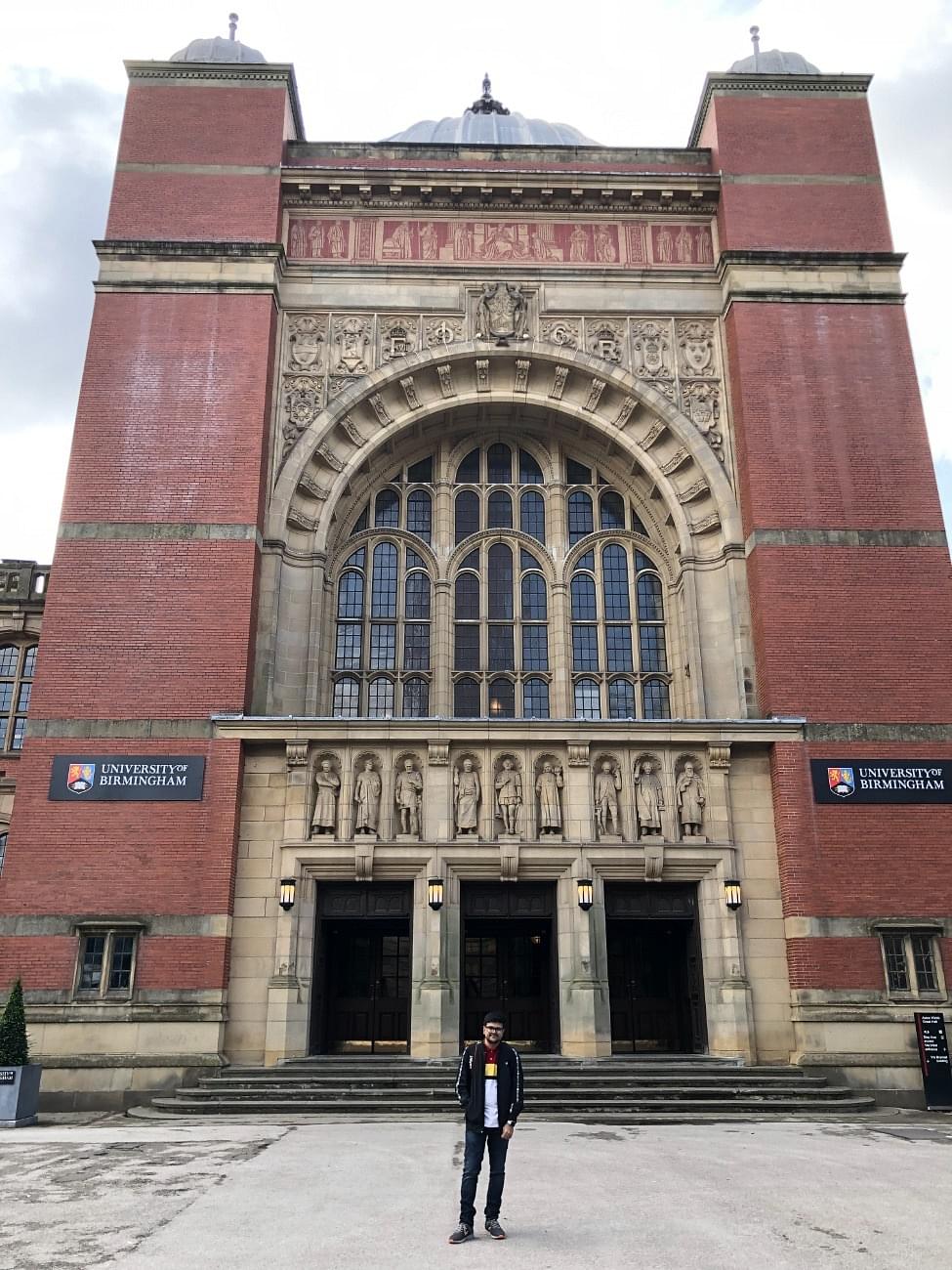

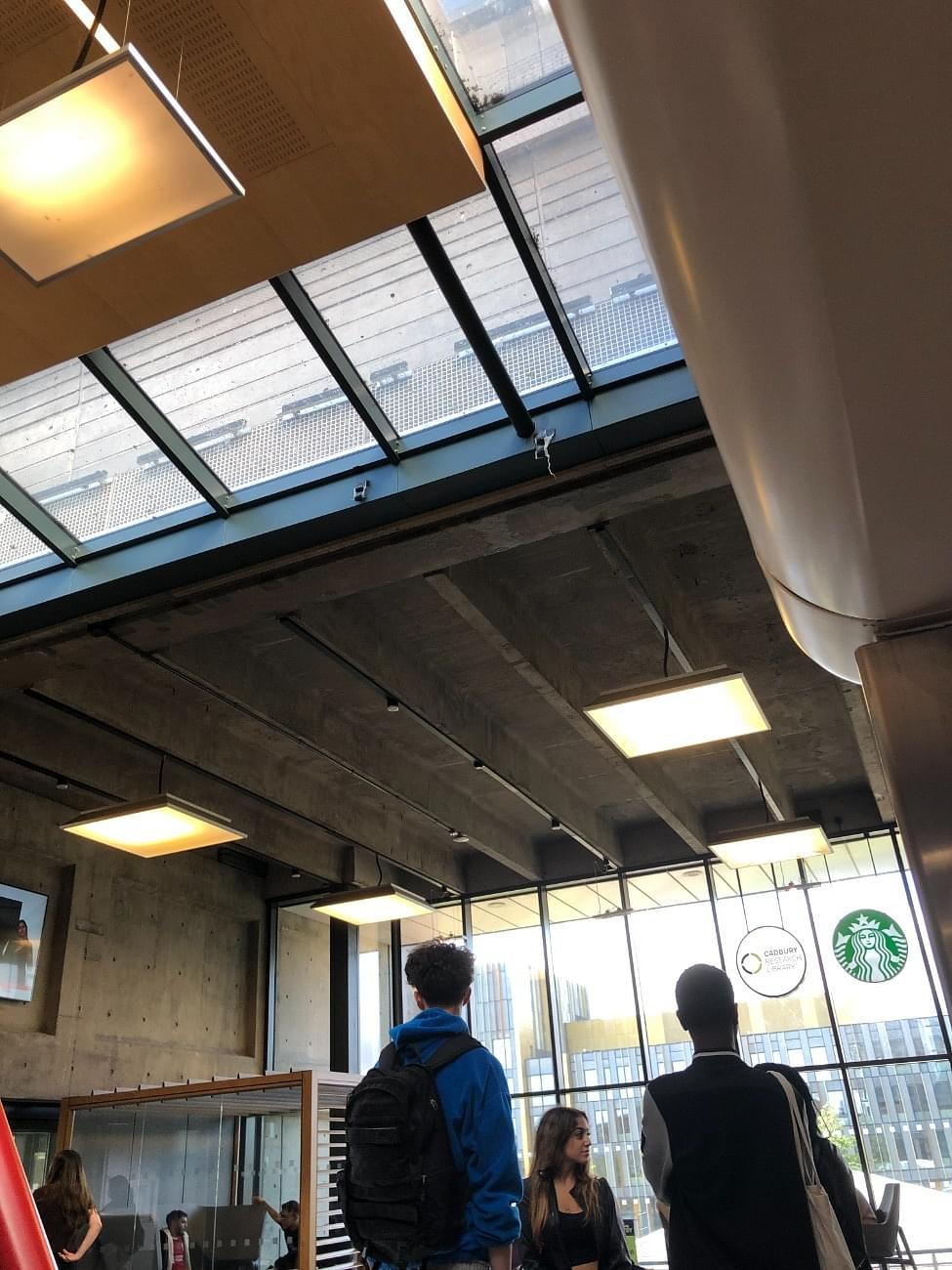
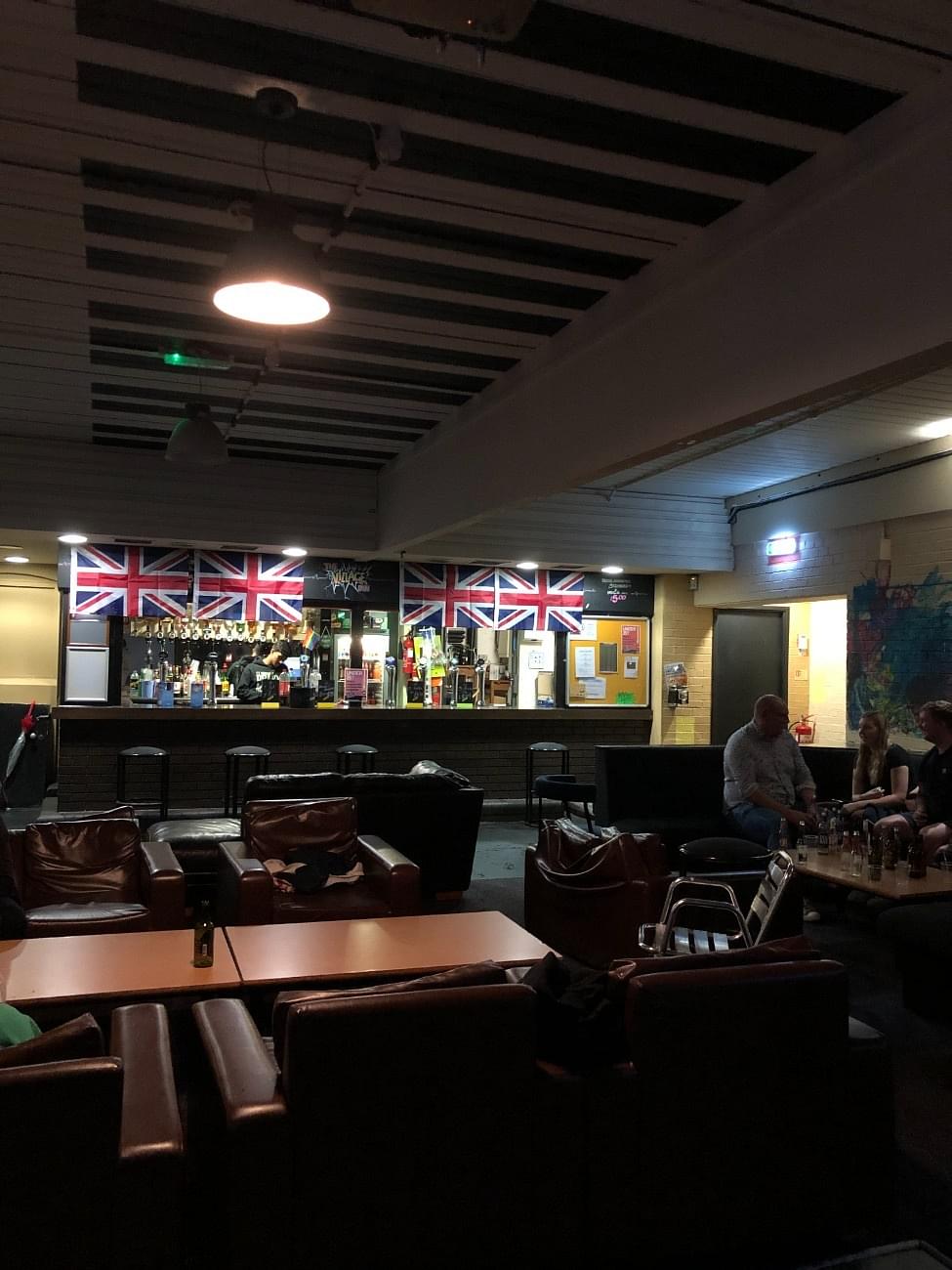
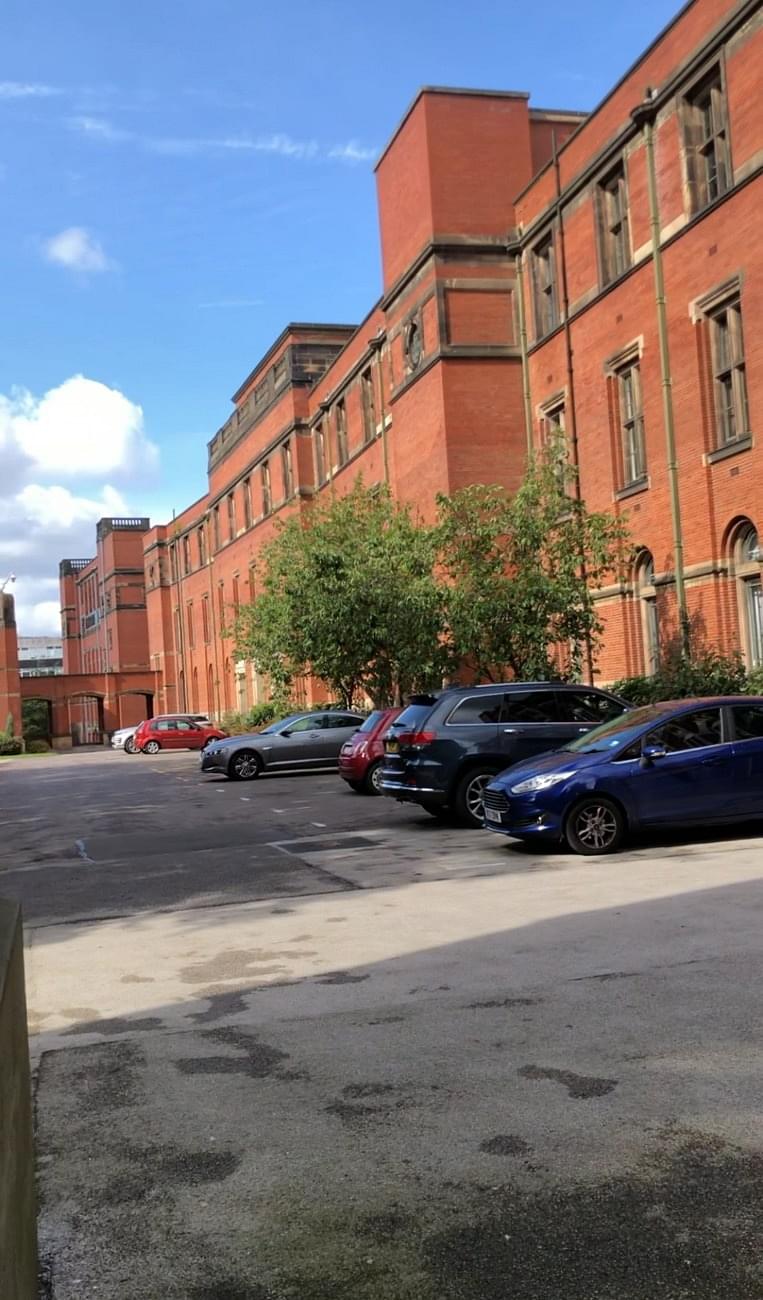
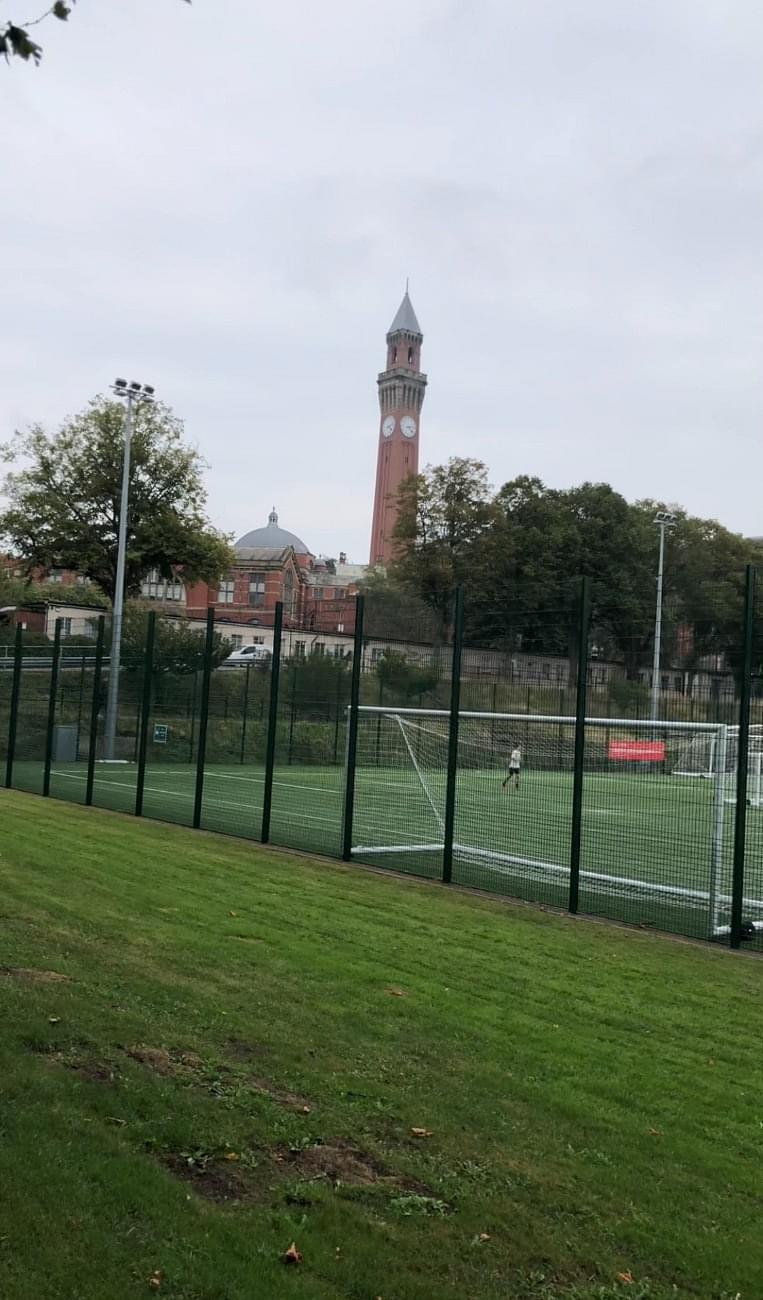
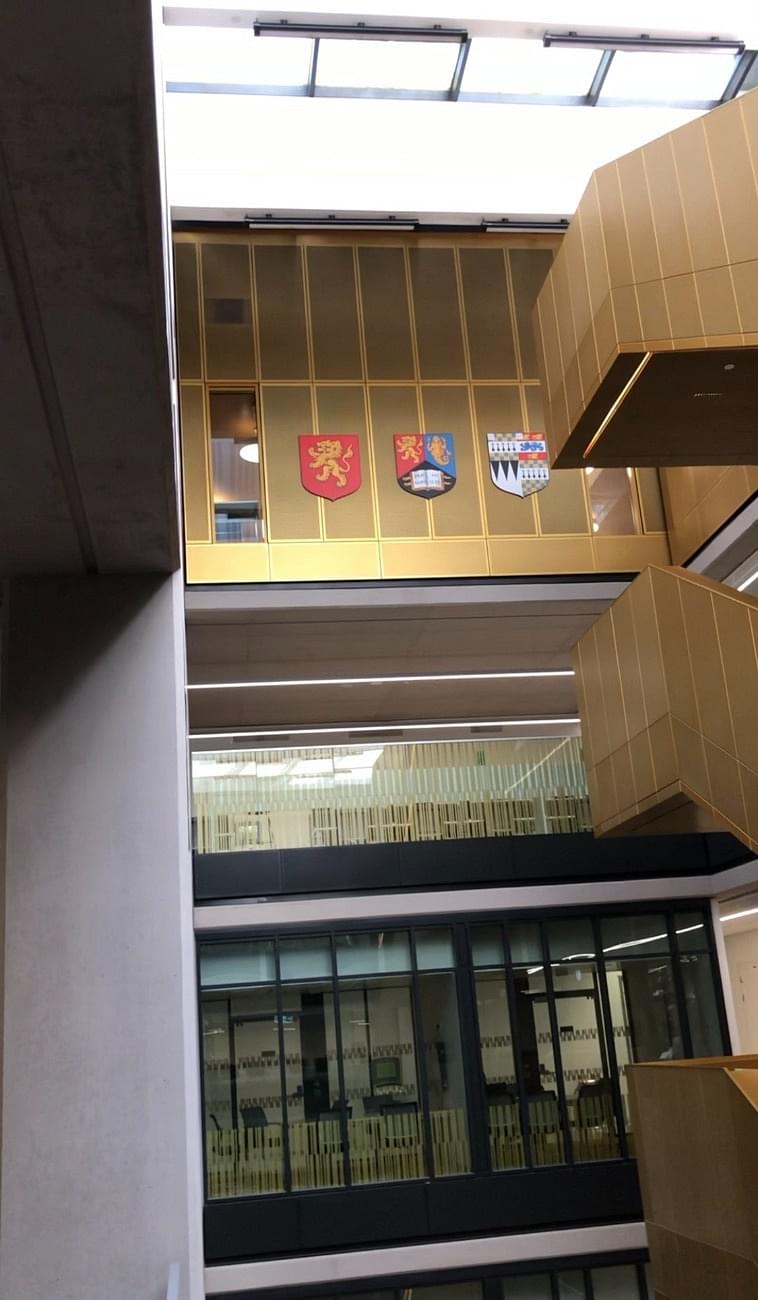
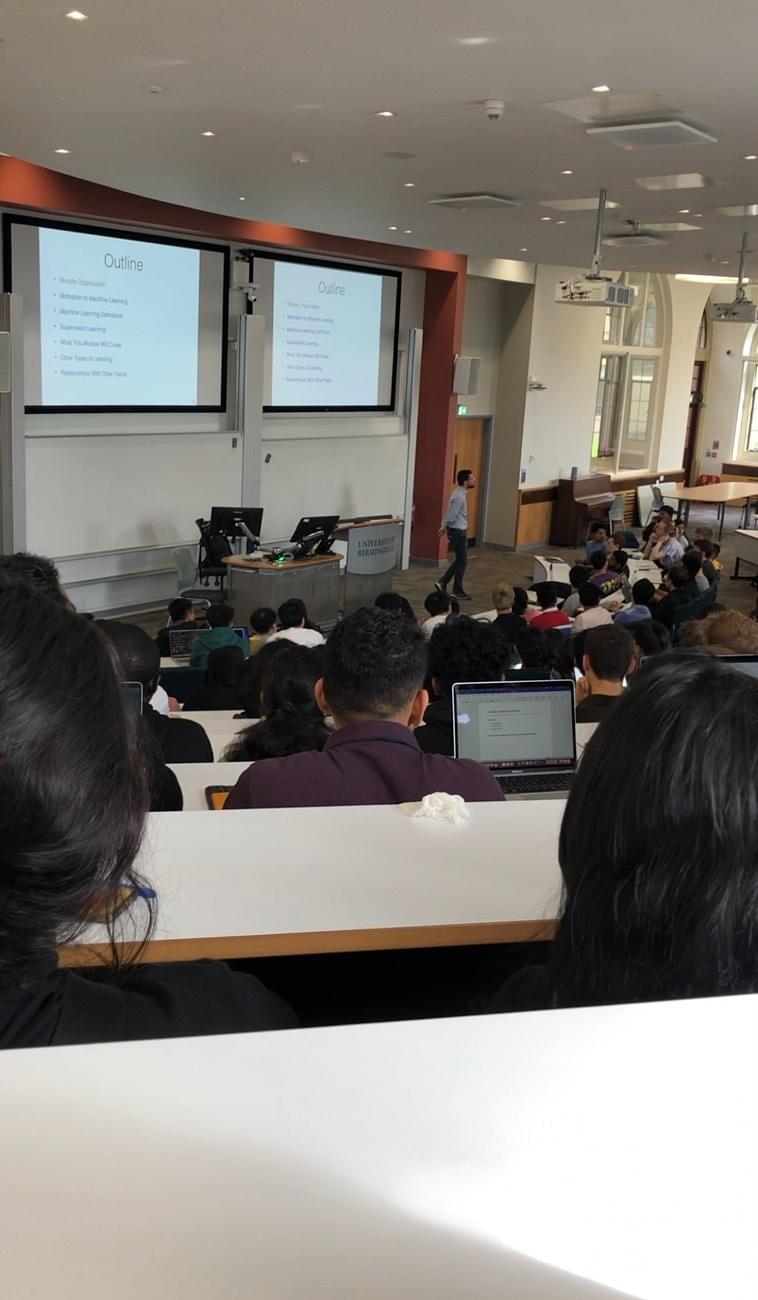
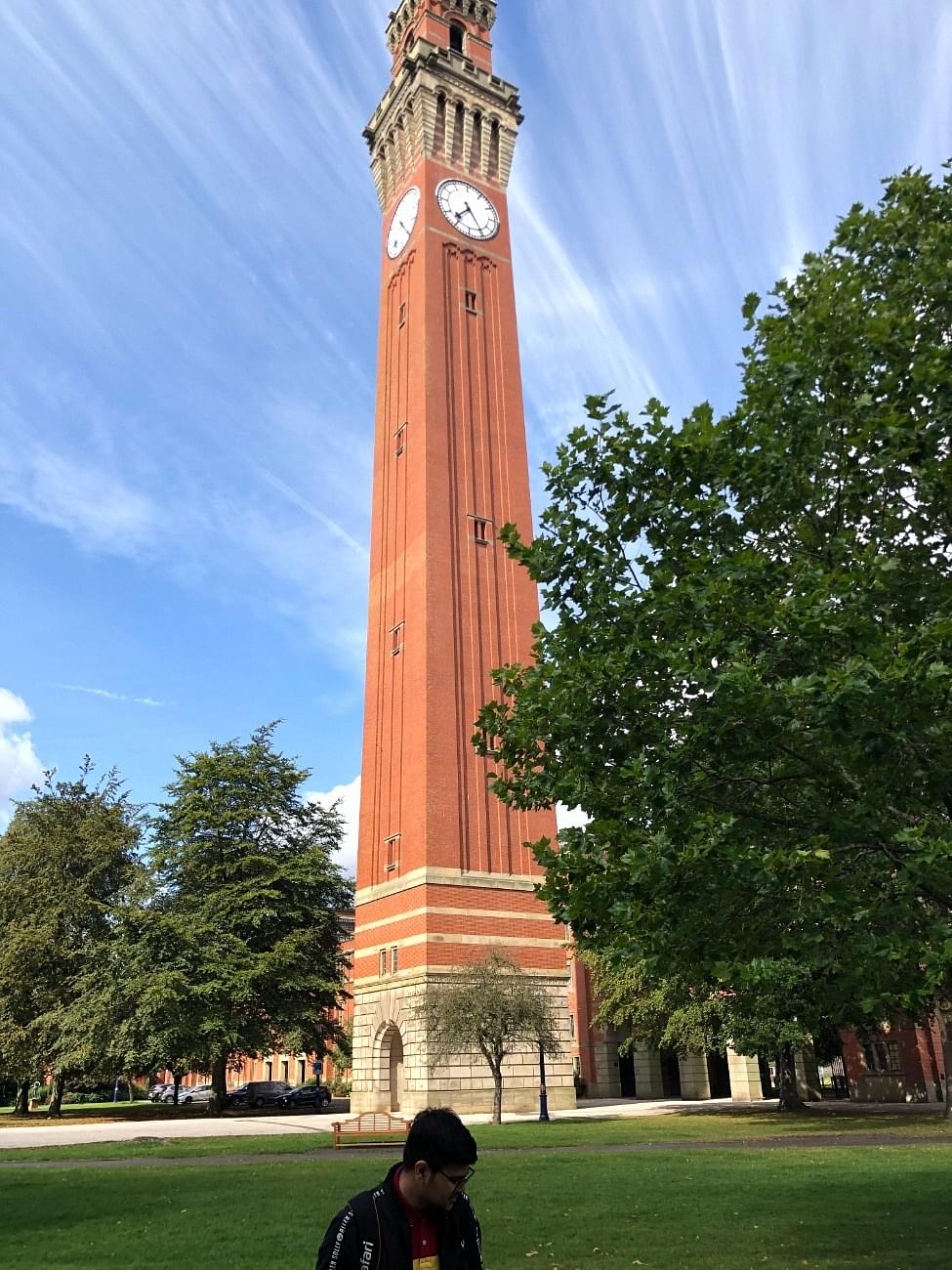
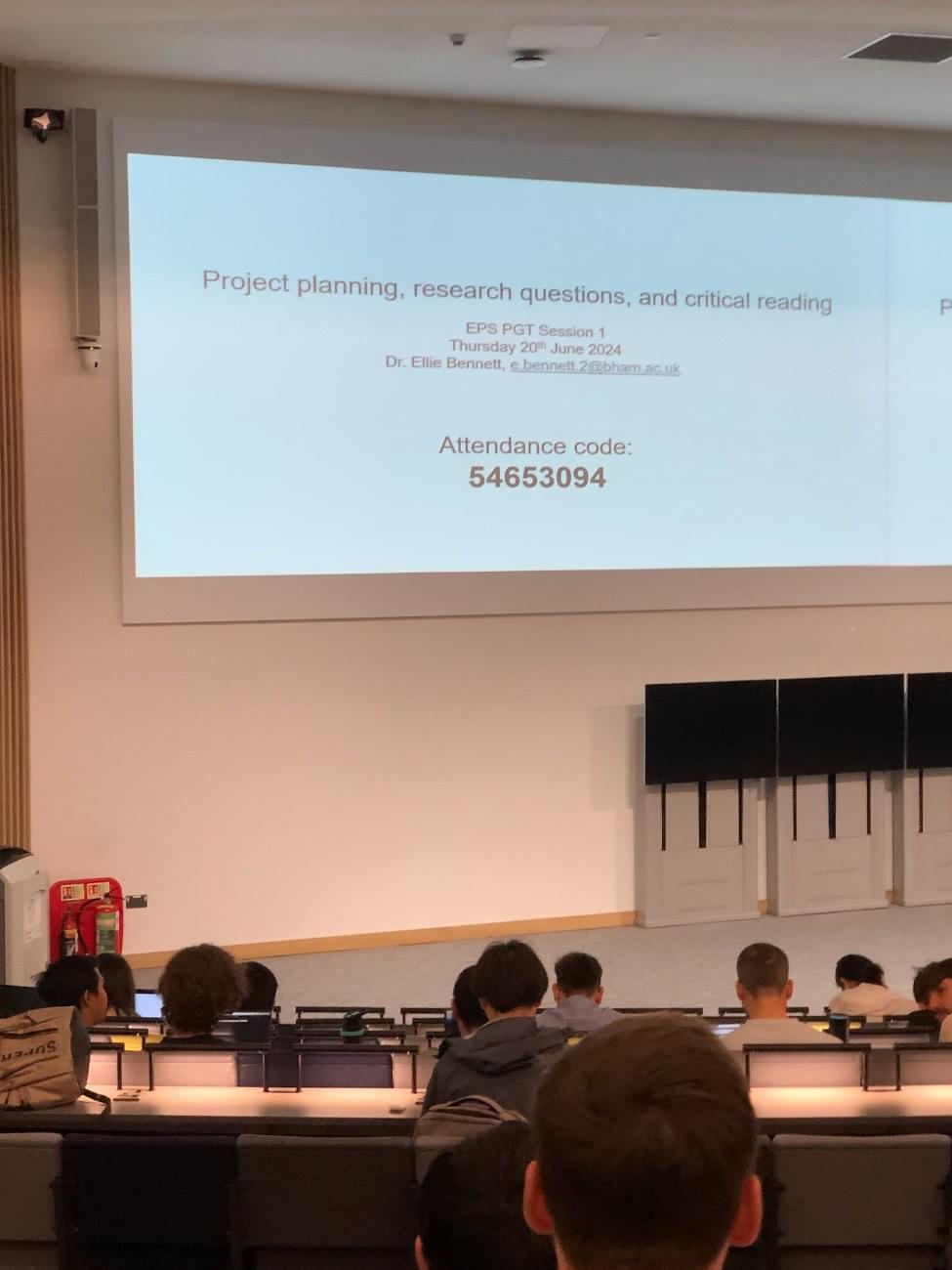
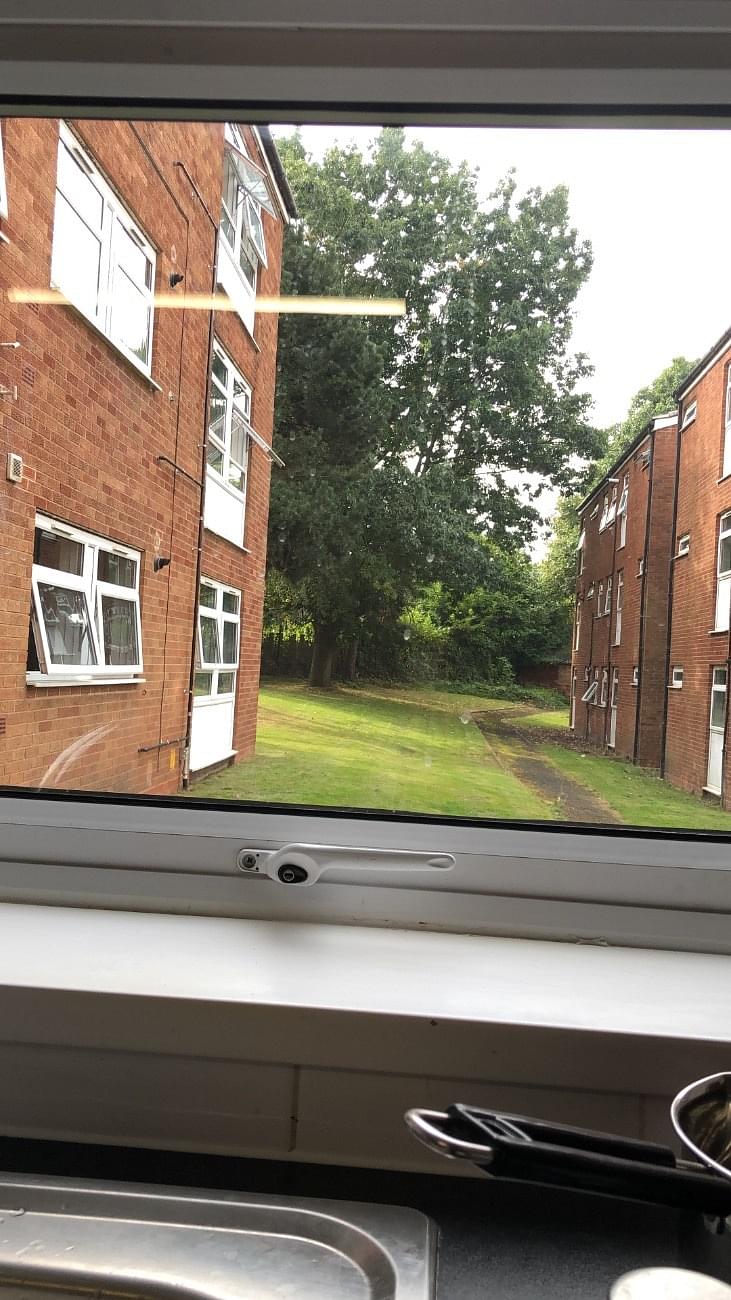
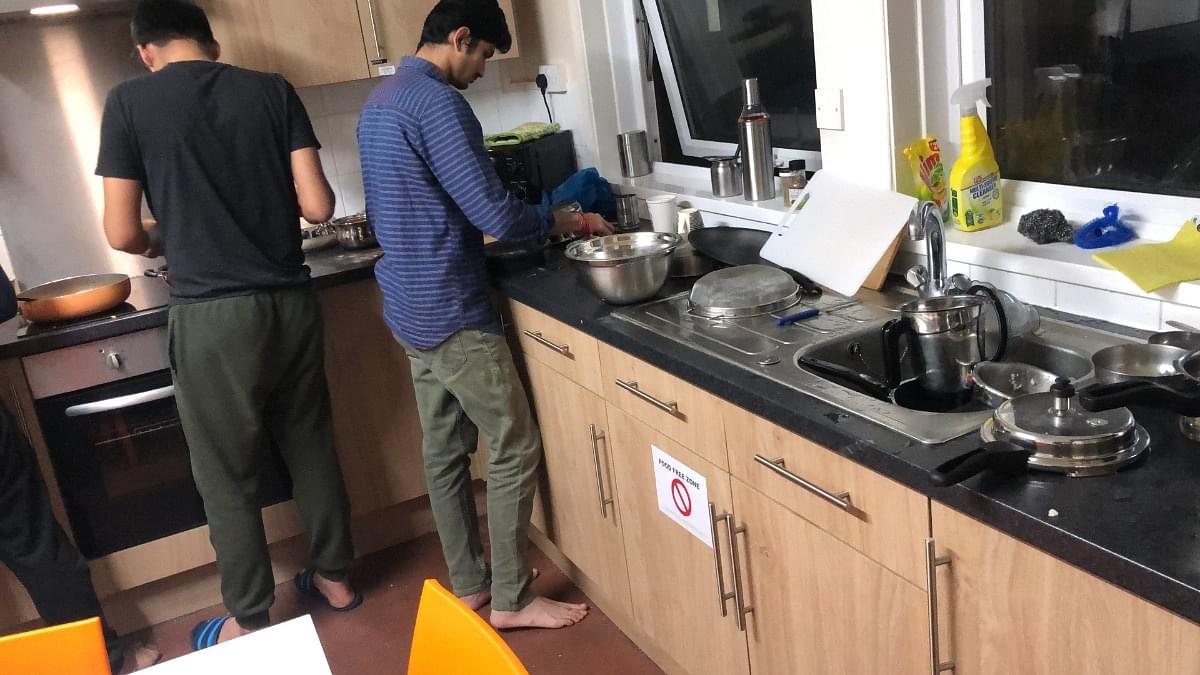
Likes
- The University of Birmingham has ample of societies to cater the needs of different student interest and fields. There are societies which can help to develop important skill sets. There are social volunteering societies as well which can be added to the CV.
- There are alot of guest lectures and seminars which are field related which can help students to learn in depth in their field.
- Study and work assistance is provided through personal tutor, recorded digital resource on how to make good assignment, instant cv checker , online courses , assignment making related queries one on one meeting session, office hours with the professor and career events.
Dislikes
- As there is academic difference in India and UK, the expectation on the way of writing assignment is very different and higher here in University of Birmingham. This can sometime make things more difficult to adjust to the new way of writing assignments and many lead to less grades if the student hasn't figured out how to do the assignment their way.
- The grading given by professor is extremely strict and student has to go way over the line to get more 70 in each assignment. Usually most students don't get more than 75 in each assignment even after extreme efforts.
- There are some societies in the university of Birmingham which are extremely dull and not engaging as other societies.This creates discrepancy for students who are really passionate to join the society to learn something, contribute and gain some skill sets.
Course Curriculum
- The MA International Relations course difficulty level is moderate to high. It was both theoretical and practical in nature. There was one course with SPSS and STATA software usage.
- The best part was that the course was more student-based, wherein the students were given more opportunities to discuss with peers and come up with the conclusion of the given topic. It was very interactive. The negative part was the assignment being tougher than the class discussions.
- Rest were more theoretical and contemporary issue-based.
- I had 3-hour classes (2-hour class and 1-hour seminar), which were 3 classes per week. There is also an option to choose a non-credit foreign language (I chose Arabic level 2) so I had a 1-hour class per week for it. Total 10 hours per week.
- I had 64 students in the full-time course. There were 7 Indian students in the same course.
Fees
- My fee is 24,000 pounds paid in full installments. For food and other expenses I got 300 pounds per month. For hostel fees I paid 166 per week for 52 weeks (8,632 pounds for the entire year), which includes the utility bill.
- The university takes both full-year and semester-wise payments.
- My estimate for monthly expenses is 300 pounds, including groceries, transportation and regular expenses if utilised smartly with proper considerations. I applied for student accommodation so rent is paid in 9 installments of 1,015 pounds from September 2024 to April 2025 each month.
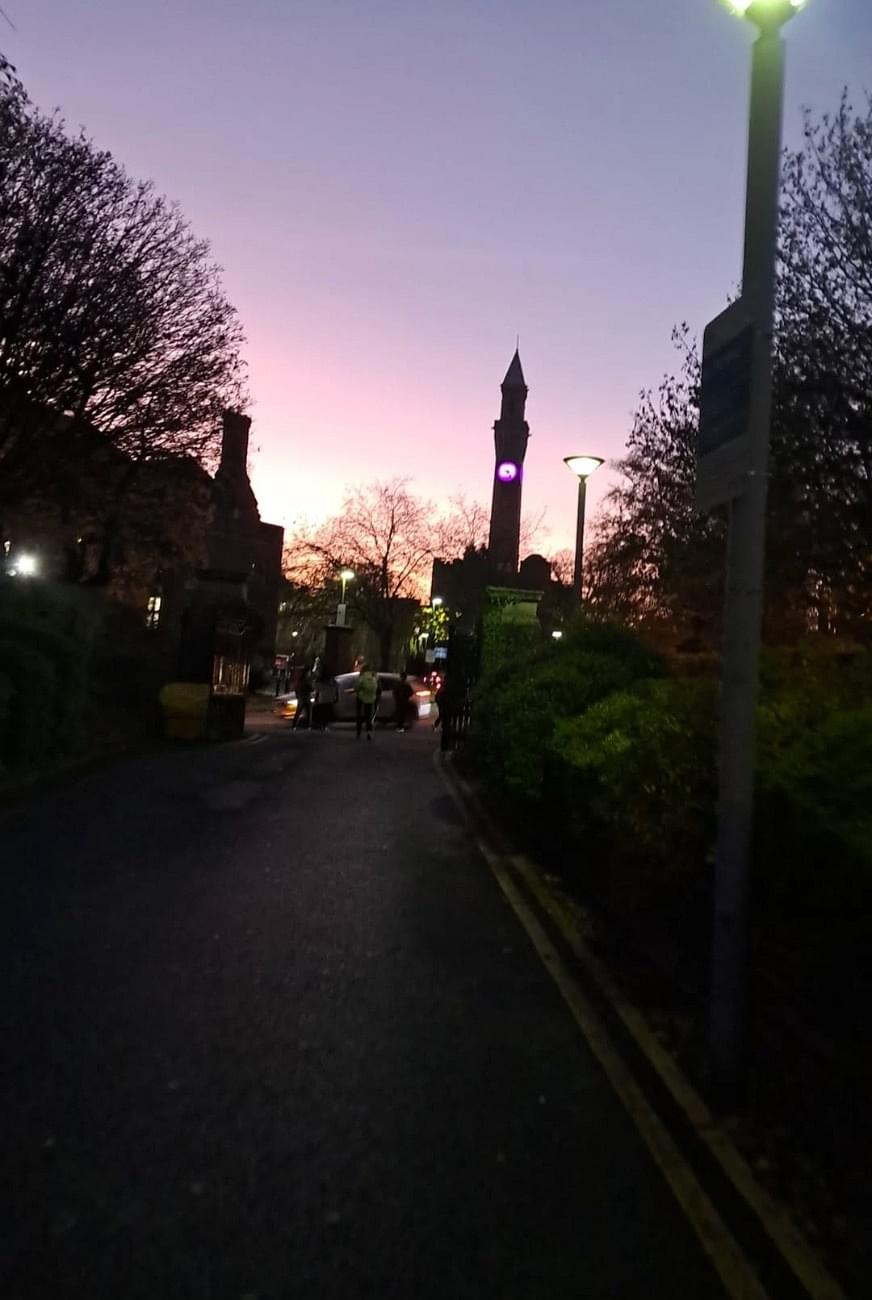
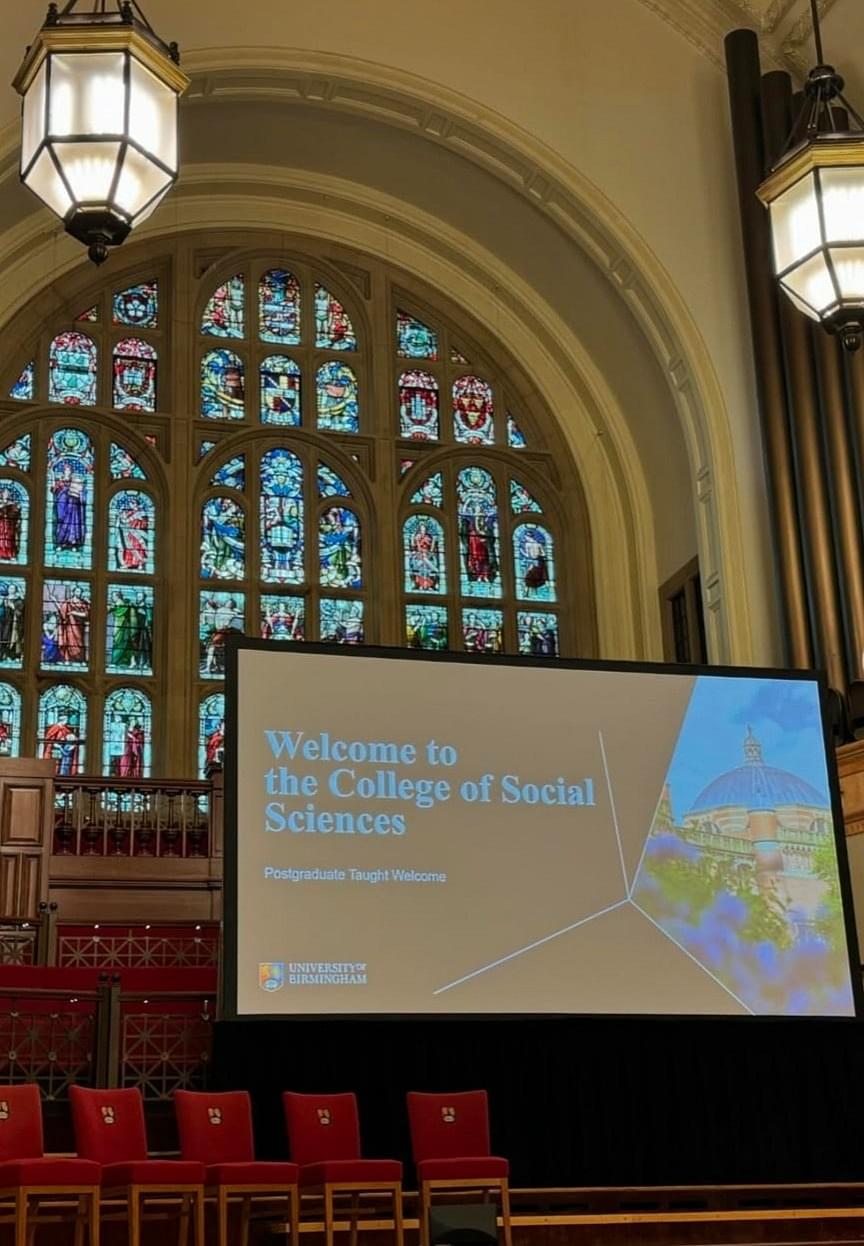
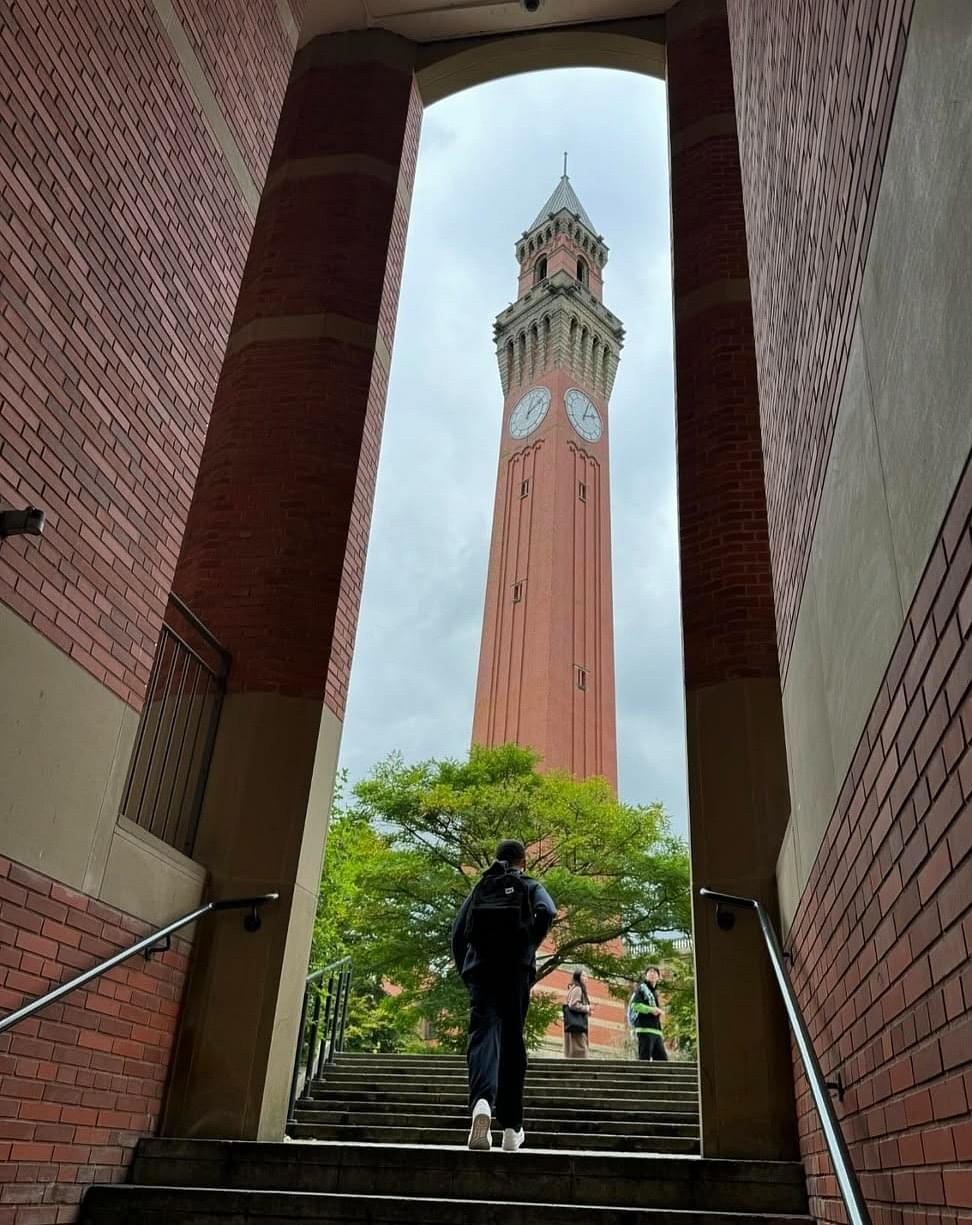
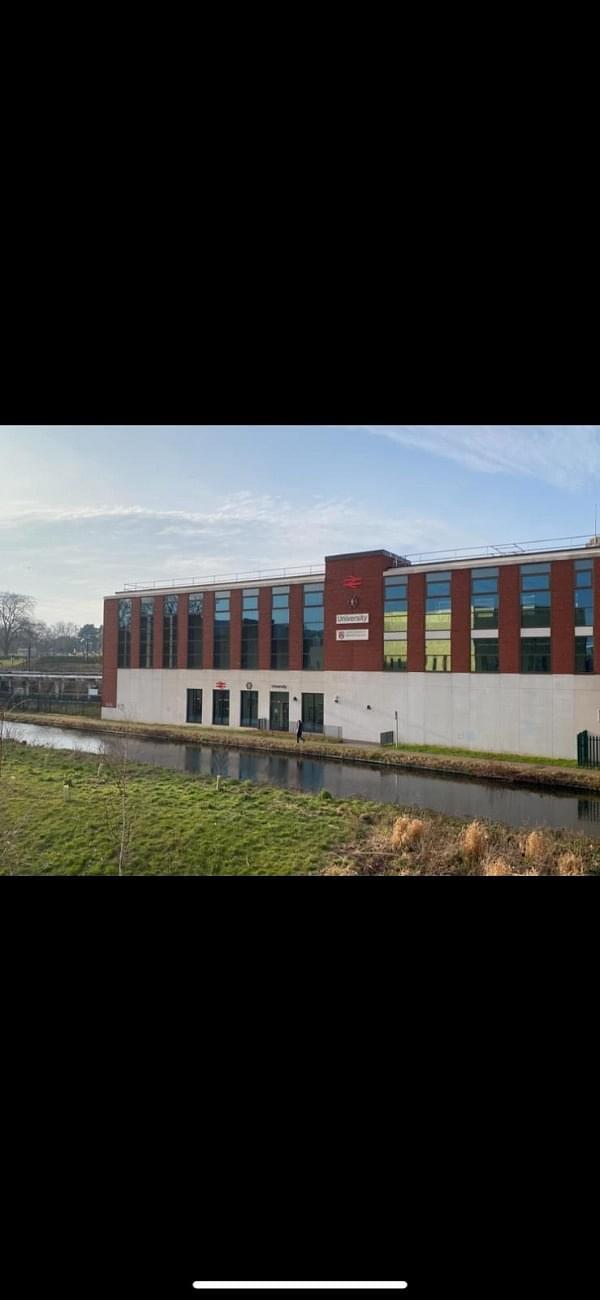
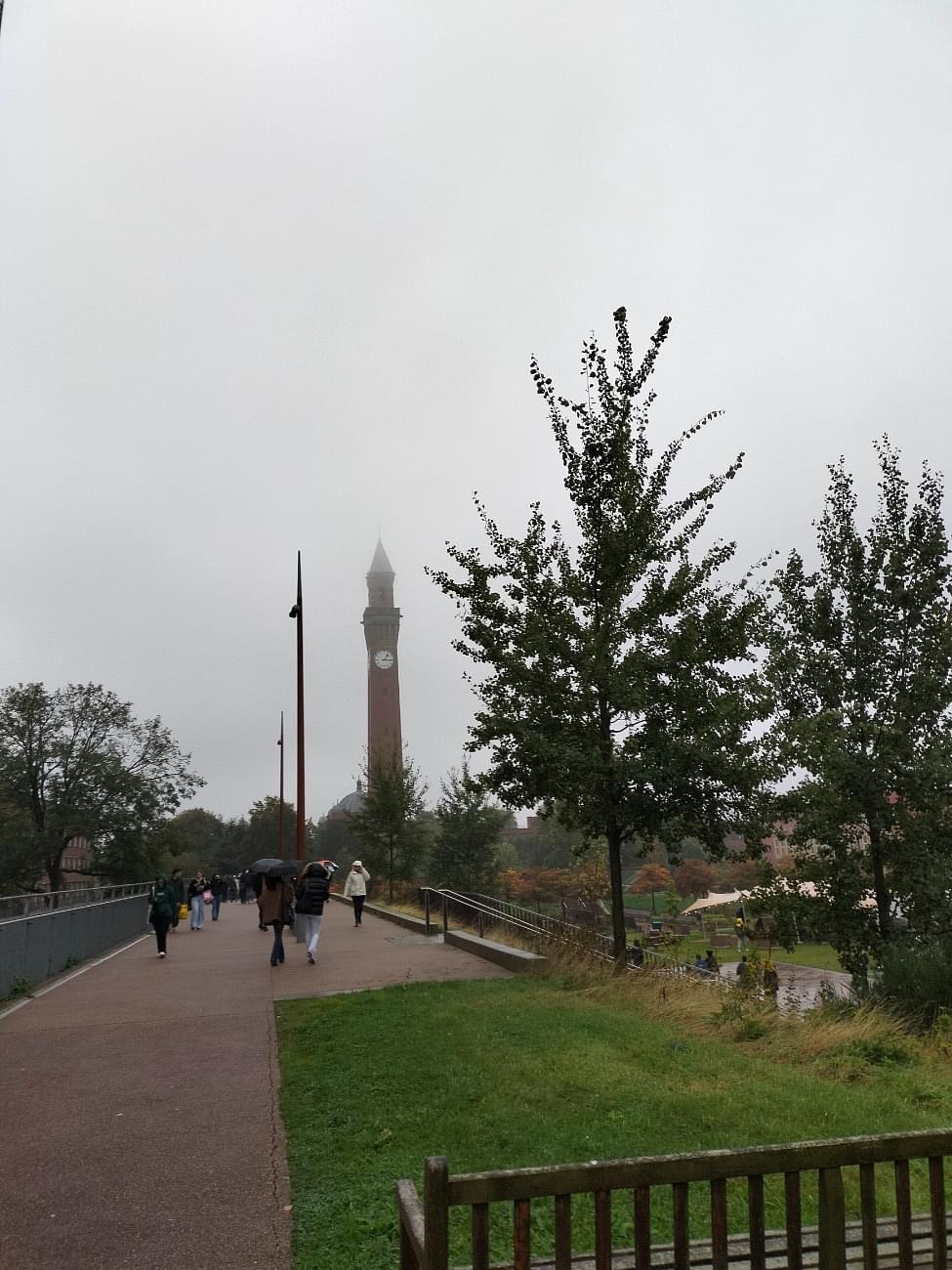
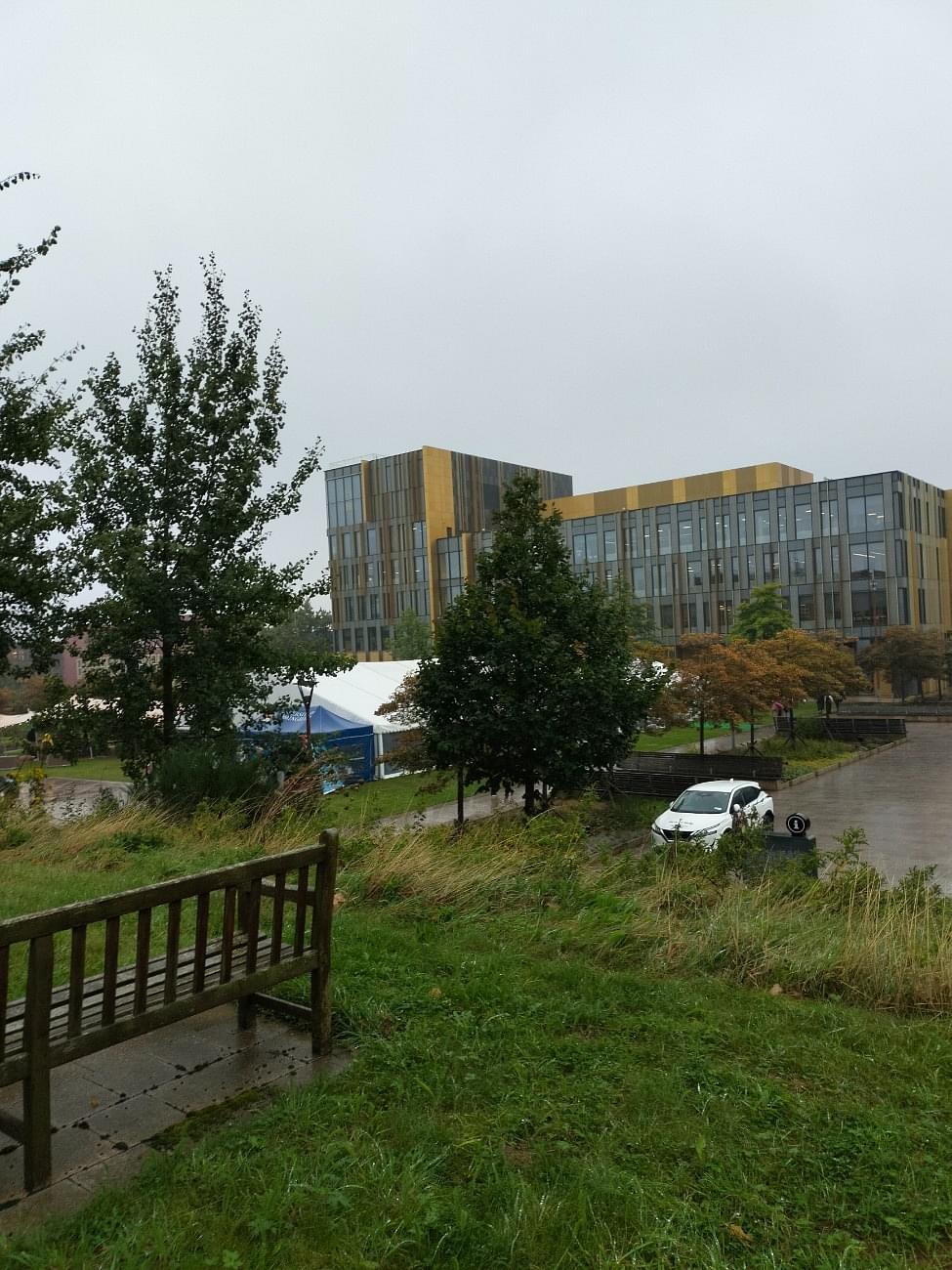
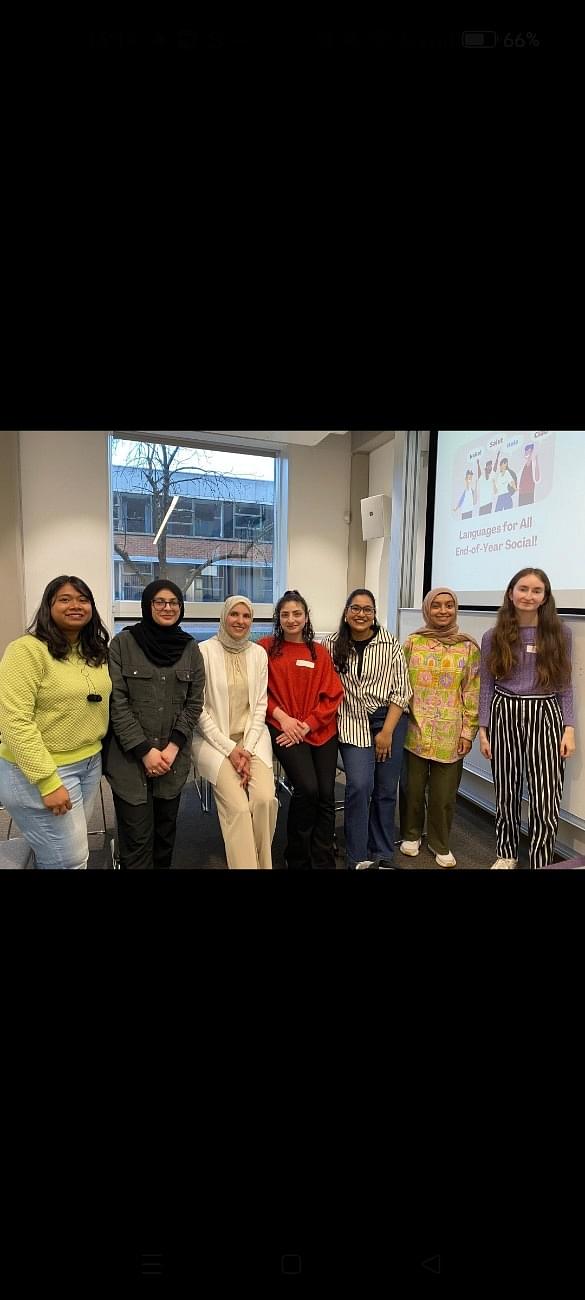

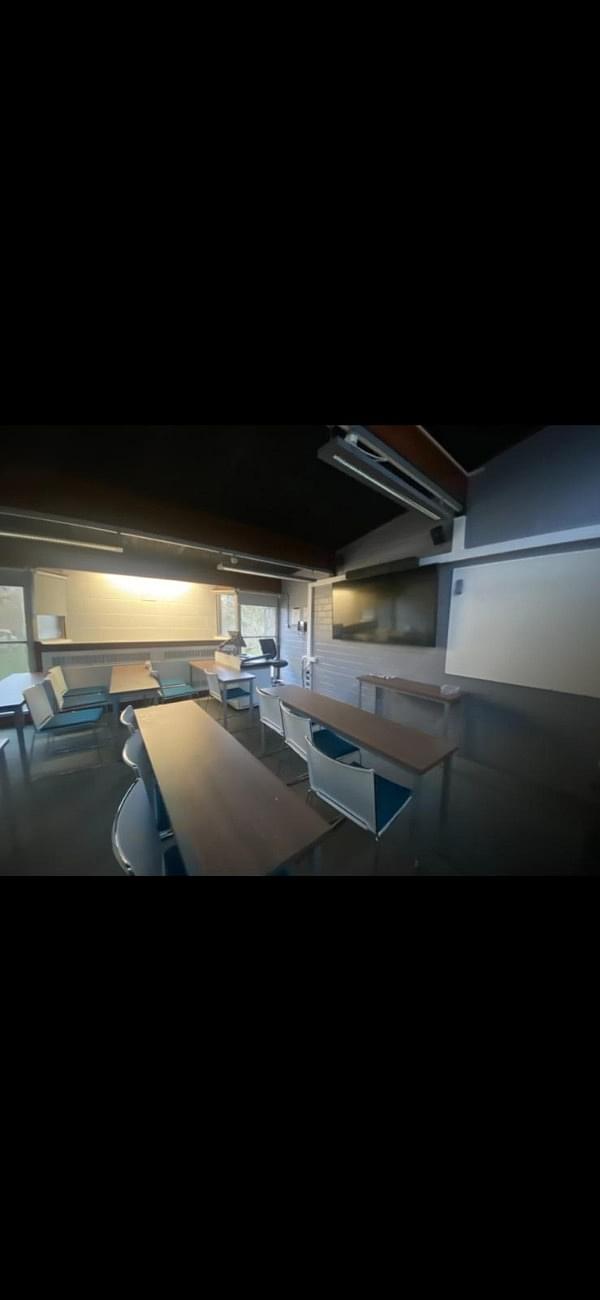
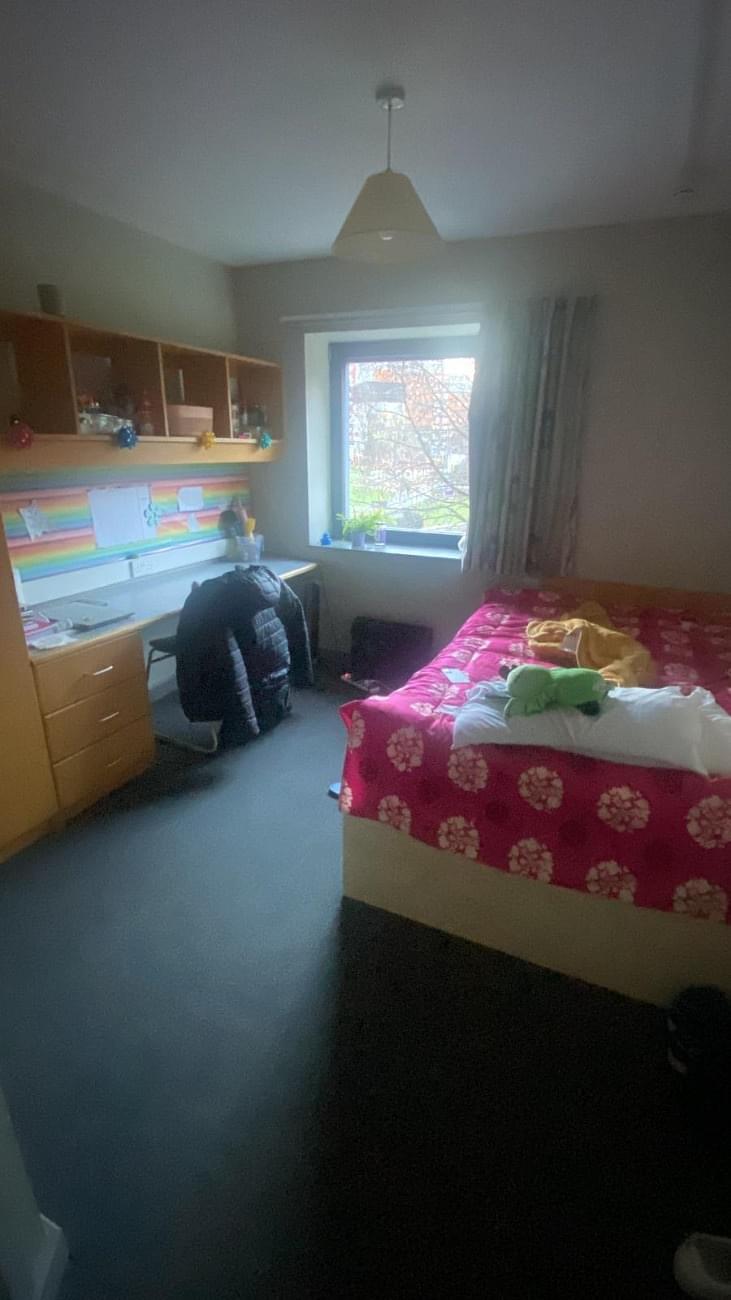
Likes
- Academic structure - the modules are beneficial to the current field
- Professors Guidance - They will always make sure the students understand the concept
- University job
Dislikes
- Expensive even after scholarship - I had received 40% discount and even after the scholarship it was expensive
- Project time limit has tight deadlines
- Exams are tough
Course Curriculum
- It is a good university and the subject is advanced statistics-related, which is fundamental to ML. My course was completely theoretical, except in the end, the master's thesis is a practical experiment at the end of the programme that carries a lot of weightage to the course.
- Negative aspect is that the mathematical foundation was not well taught and it was the most difficult subject out of the entire course. There are three classes a week. In the afternoon. 20 people in one class. There are quite a few indians.
Fees
- Like I had previously mentioned, the fees can be discounted if you have good academic results in your previous education; otherwise, it’s 13,100 GBP. It can be paid in quarterly instalments, or it can be paid all at once. Paying in instalments is a safer option.
- Helps students gain some income if they work in between the course. If it’s two years, also called part-time, it is still the same amount
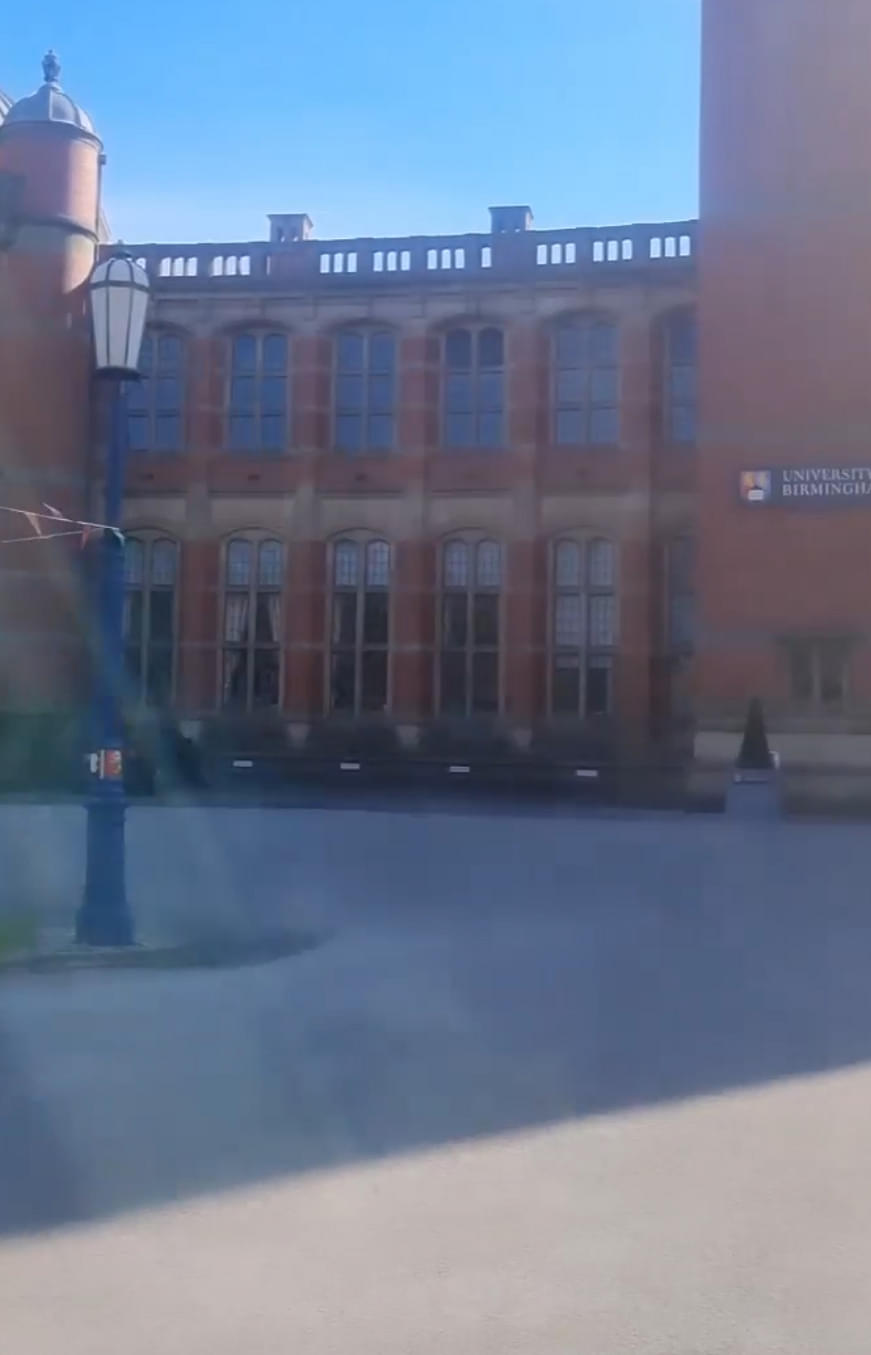
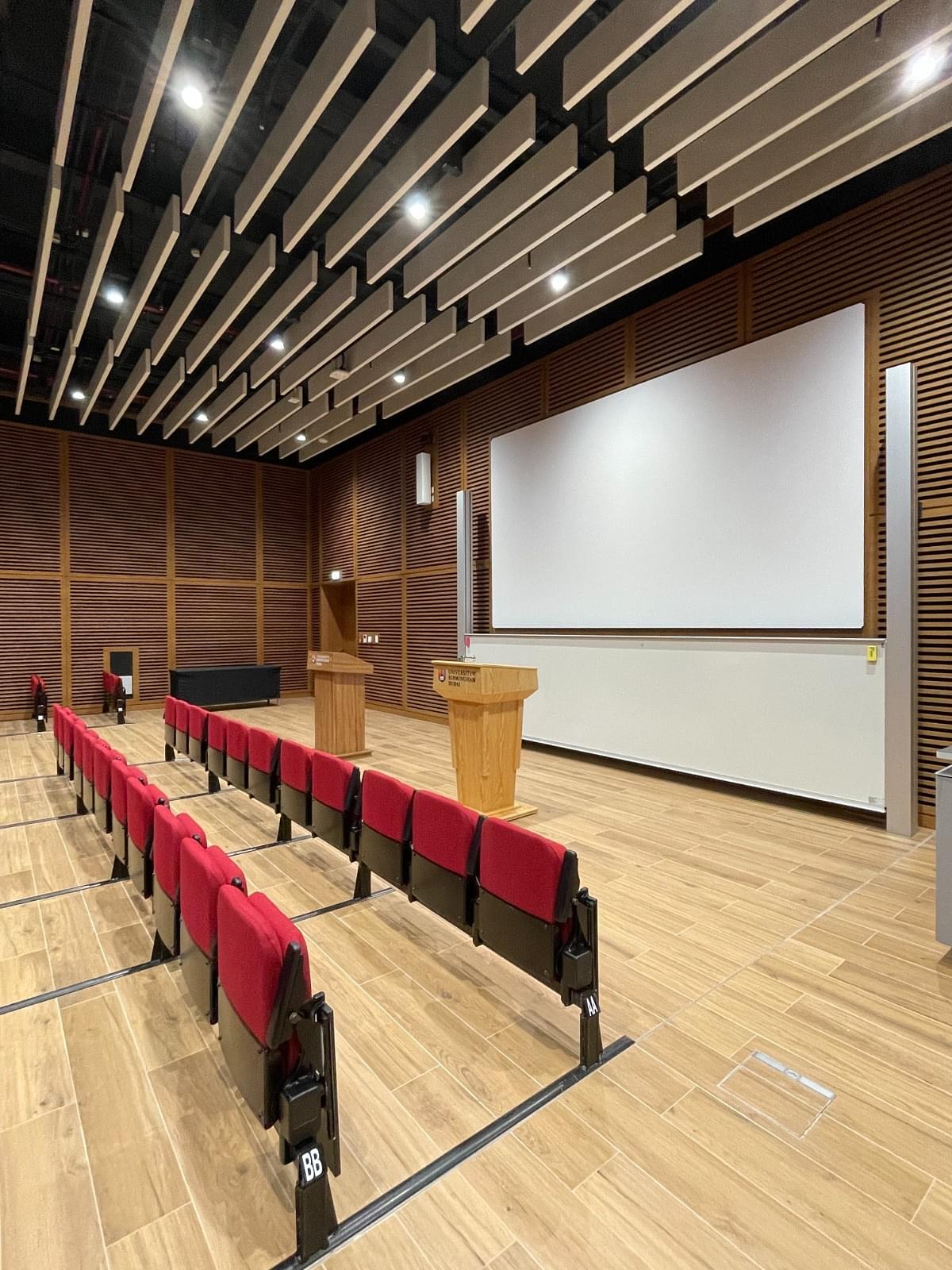
Likes
- The university provided great opportunities alongside the course and let us explore outside the classroom.
- The university runs amazing educational and social events throughout the year
- The lecturers are very knowledgeable and help you understand the concepts
Dislikes
- As I joined an LLM program, which was for one year, there was not enough time to learn everything about the university
- The number of lectures for my LLM course was much less than for other courses.
- The university did not let me change my dissertation topic, as there was no supervisor for my preferred topic
Course Curriculum
- The course was theoretical but involved more critical thinking.
- The most positive aspect was the classroom discussions.
- The most negative aspect was having very few lectures for my course, LLM.
- I had a maximum of 2-3 classes in a day, which were an hour each. The number of students differed every class, but usually 14 - 25 were in my class. There were about 4 Indian students in each seminar.
Fees
- The fees for the entire course were 24,000 GBP
- I got a scholarship for 3,000 GBP, so I paid 21,000 GBP
- I stayed in a private student accommodation, which cost 7,500 GBP per year
- Fees were paid semester-wise
- My monthly living cost was about 950 - 1000 GBP
- Rent – 625 GBP
- Transportation – 40 GBP
- Groceries – 250 GBP
- Other expenses – 50 GBP
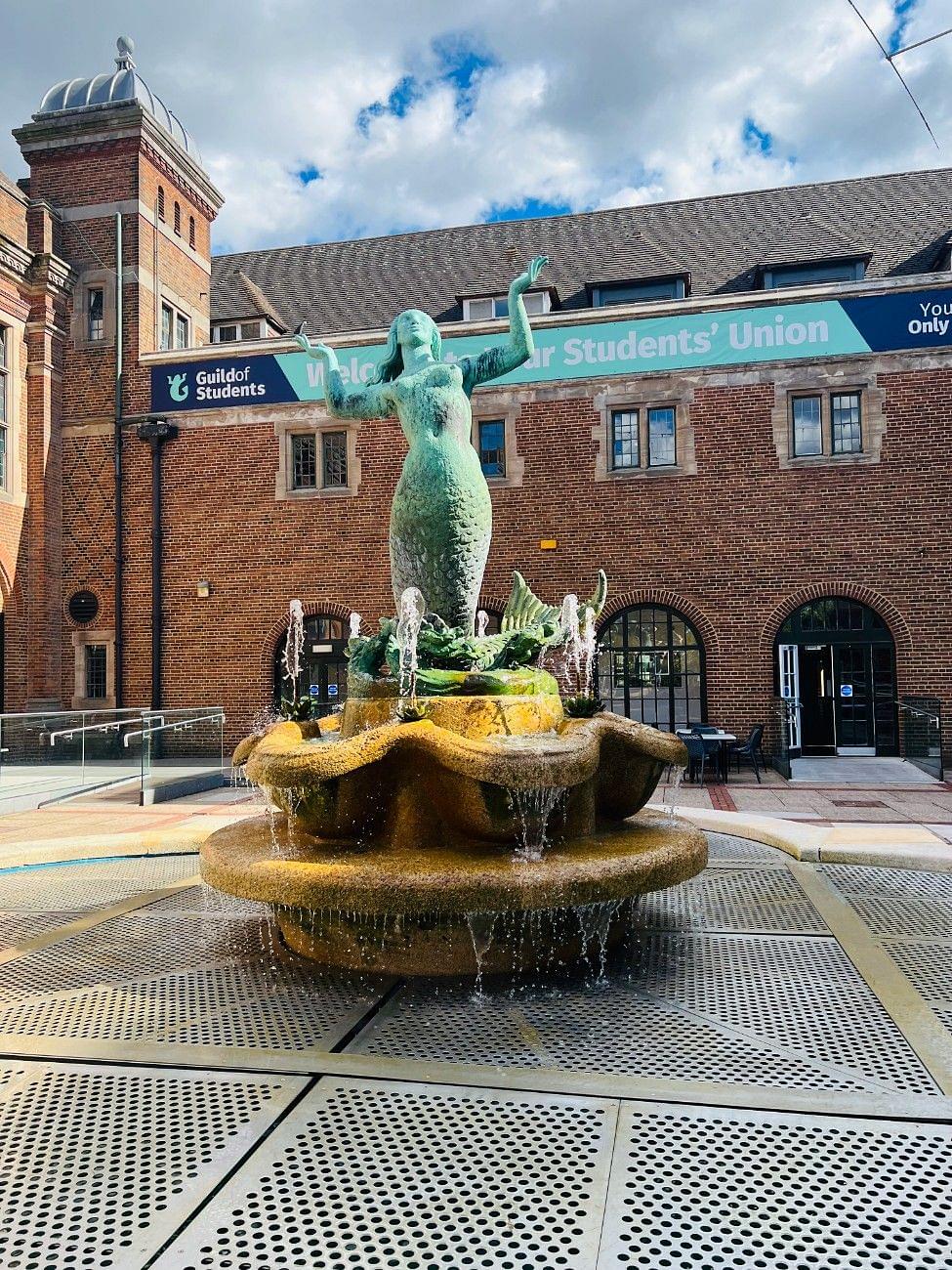
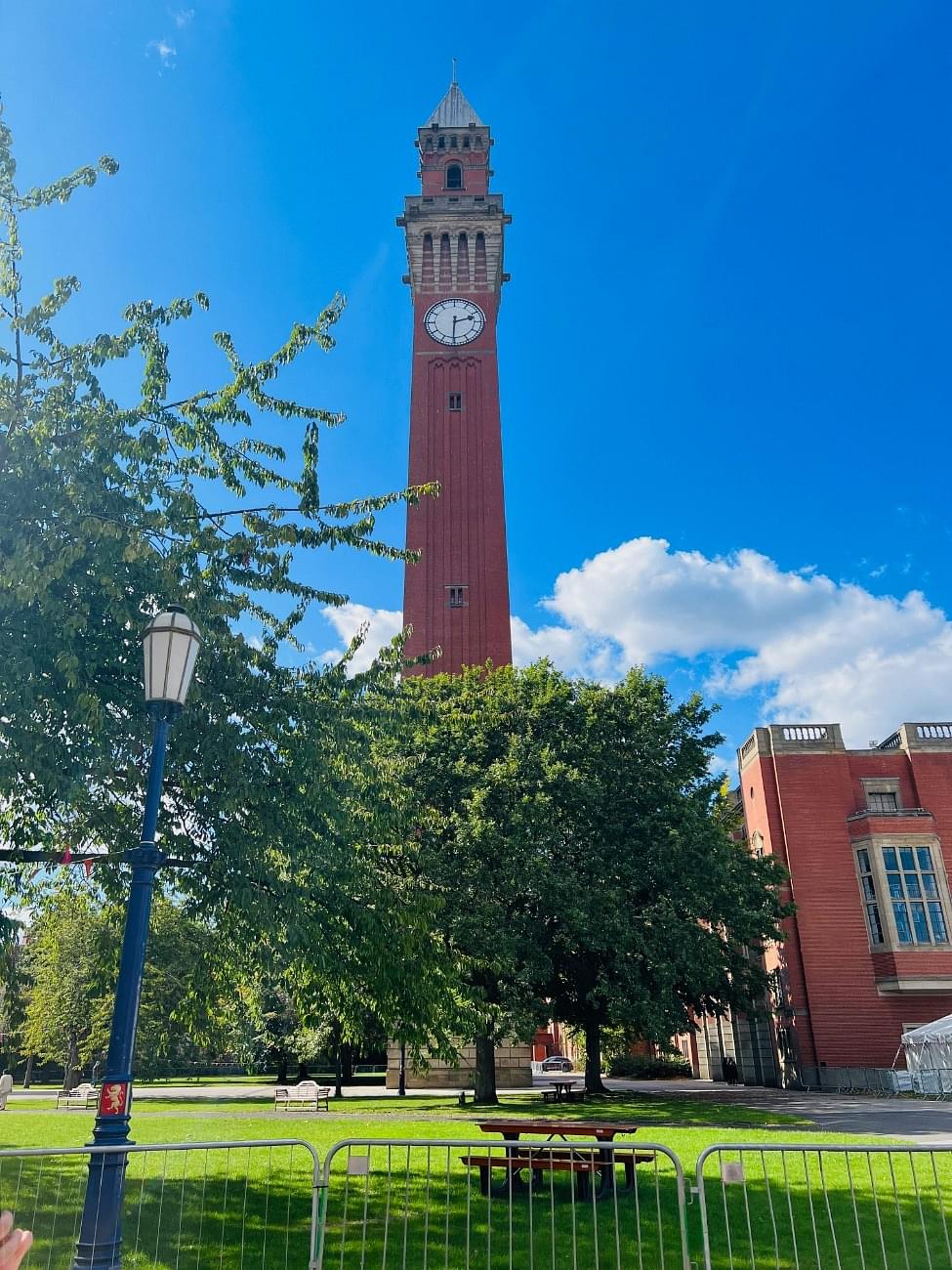
Course Curriculum
- The difficulty is high, as it comprises long classroom sessions and also is a mix of both theory and practical studies with a lot of concepts and case studies to get a better understanding.
- Positive aspects are the competitions and perks, like free coffee machines specifically for MBA. Also many events and parties are thrown for us.
- Also, many networking events we get to be a part of. Average no. Is around 60 but this year it was 30. 60% is Indian students.
Fees
- During my time it was 36500 gbp for the whole tuition fee. For the hostel, I stayed in maple bank and it was 100 gbp per week. And the monthly food spend was around 350 gbp.
- You get the first two options, but not the credit-based one. Although I paid it all together, that means I paid the whole fee in one go.
- 800 gbp monthly, in which 450 is for rent 300 for food and approximately 50 for travel.
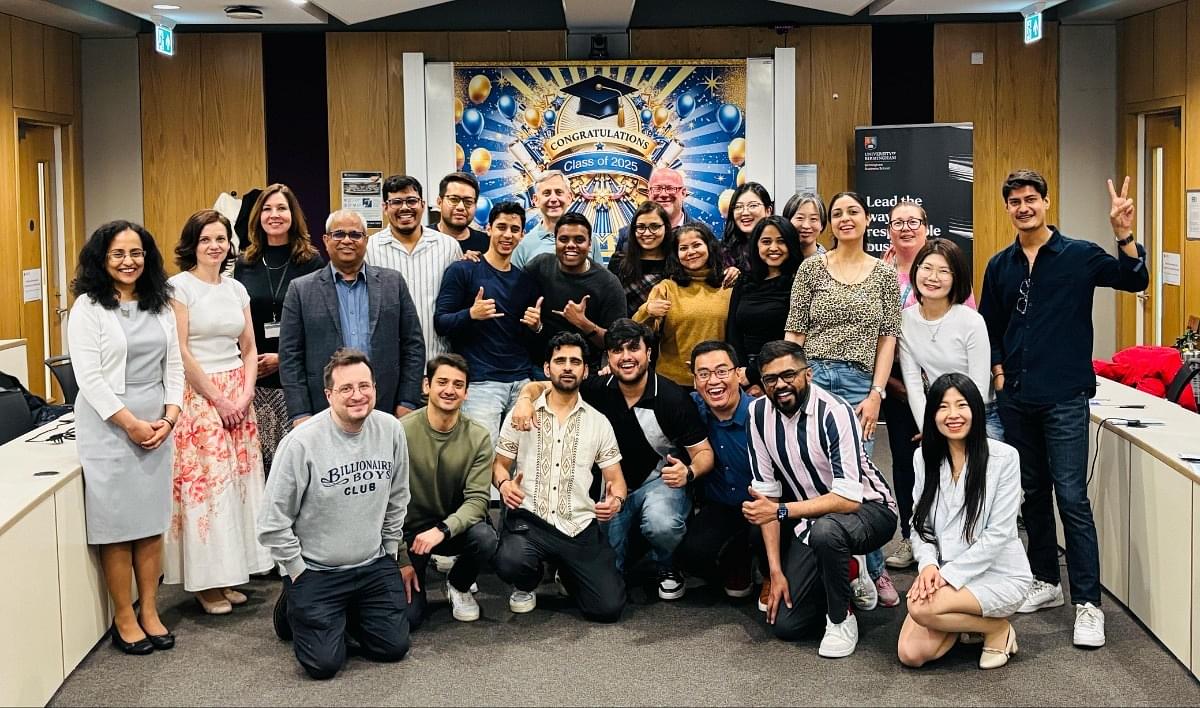
Likes
- Large number of student societies which helps in building strong connections and a community.
- Good and quiet study places for reading while on campus during lecture breaks.
- Diversity of students that help in learning different cultures.
Dislikes
- Some days are very hectic with back to back lectures, while on other days there is no lecture.
- Lifts are not available in all building because of which I had to make use of stairs (2 floors) for 9 am lectures.
- Very less vegetarian options available (being a vegetarian) at the campus so I had to prepare my lunch in the morning which is so disappointing.
Course Curriculum
- It is a moderate-level study with interesting matters and topics (law). It also includes practical knowledge, which is done through court visits and competitions.
- The positive aspect is that it is not boring and engages one completely and the negative one is the massive amount of reading one has to complete, including the seminar reading, which is way too much.
- Number of classes varies from 1 to 6 on different days, which is not good. The timings are mostly 11 am and after that, only Friday has got 9 am lectures.
- Average number of students in my batch is 400.
- There are a lot of Indians in my course, with an estimate of about 100.
Fees
- My first year fees was £23,640 along with £8,932
- Accommodation fees for a 44-week period. Any other charges for groceries are not included. The fees may change each year so the university gives information about it each year.
- The fees are charged yearly or in installments. Students can choose different methods according to their convenience.
- My monthly expenses go around £900, which includes my accommodation fees, transportation and other expenses.

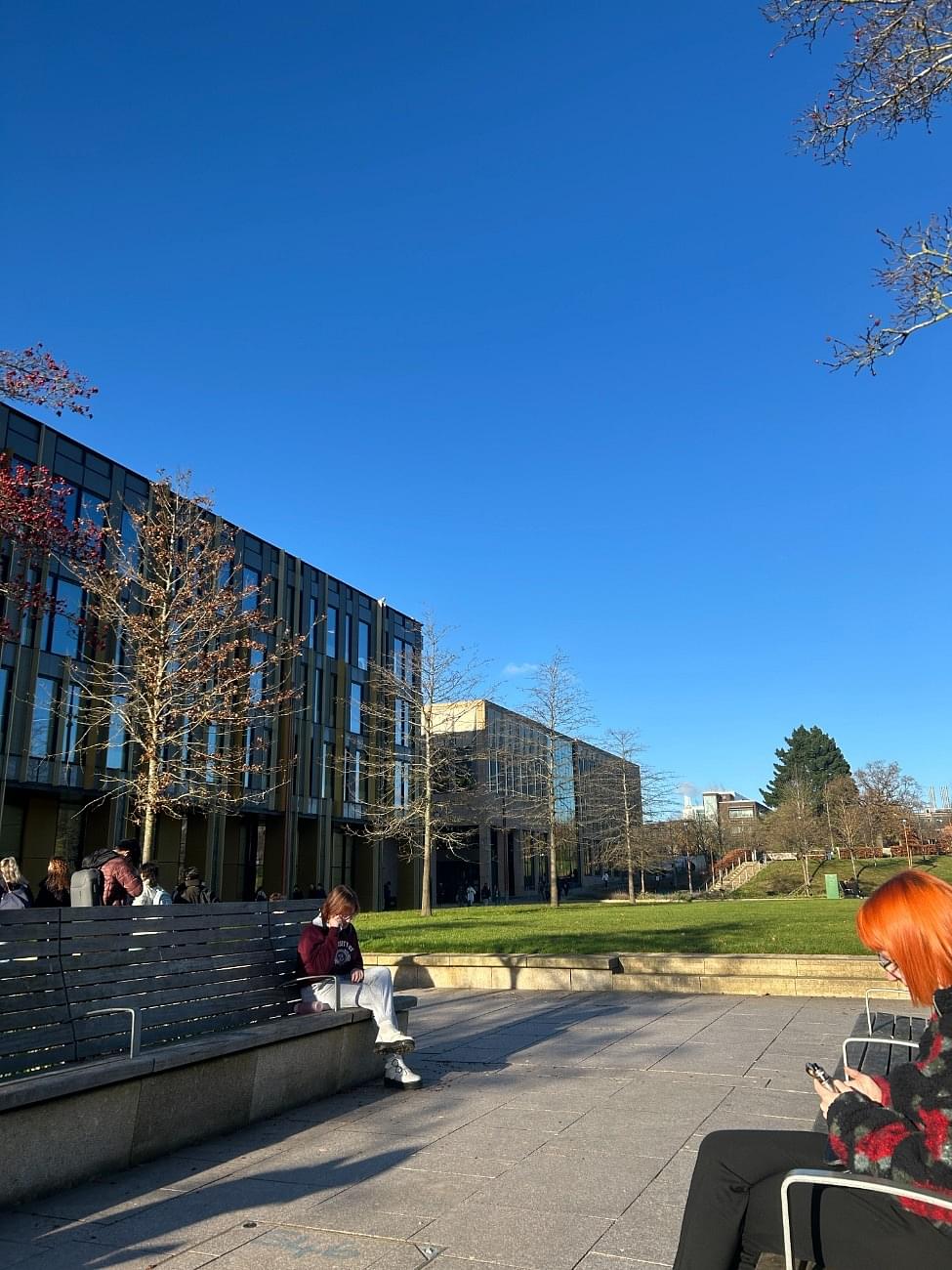
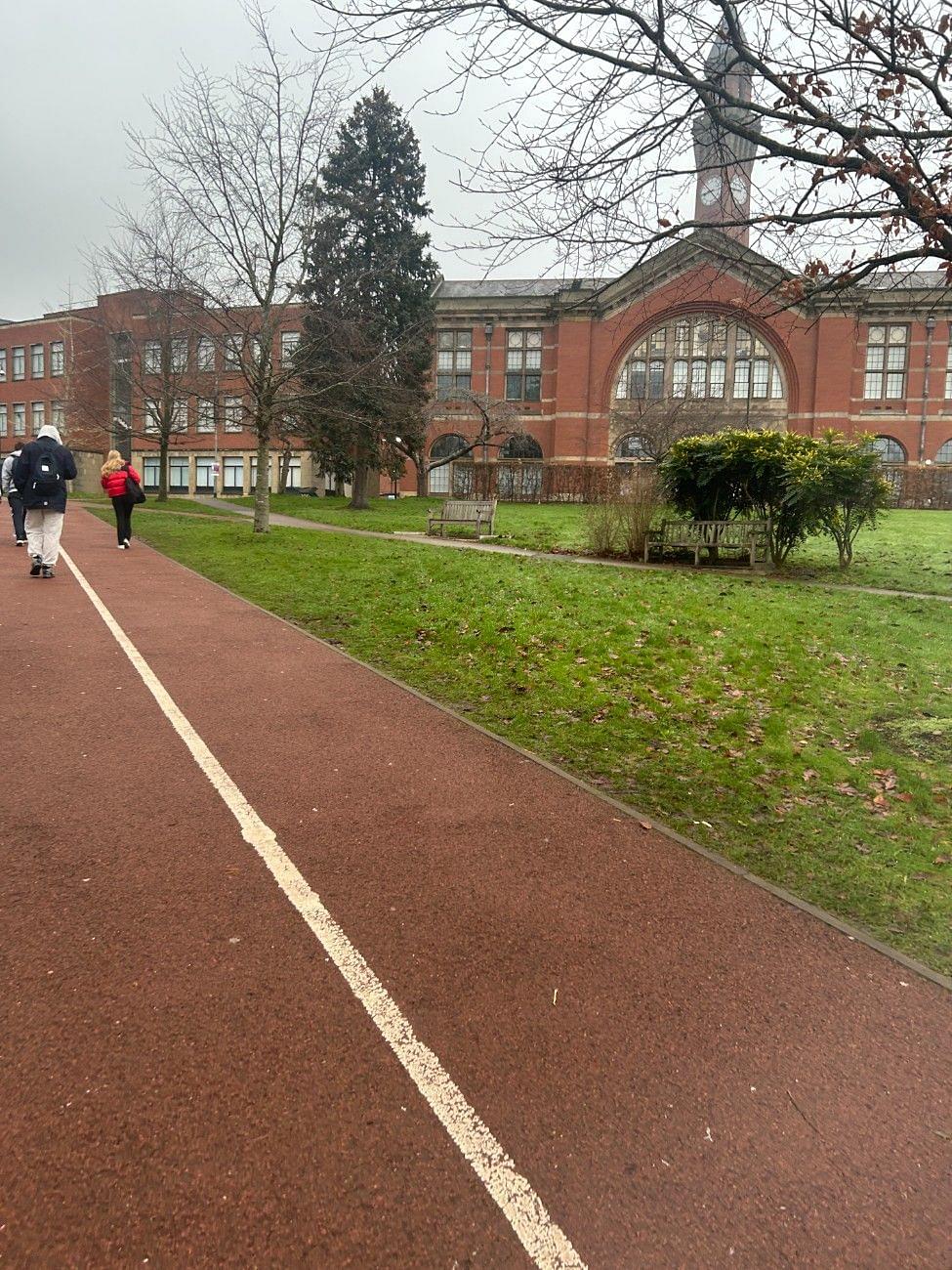
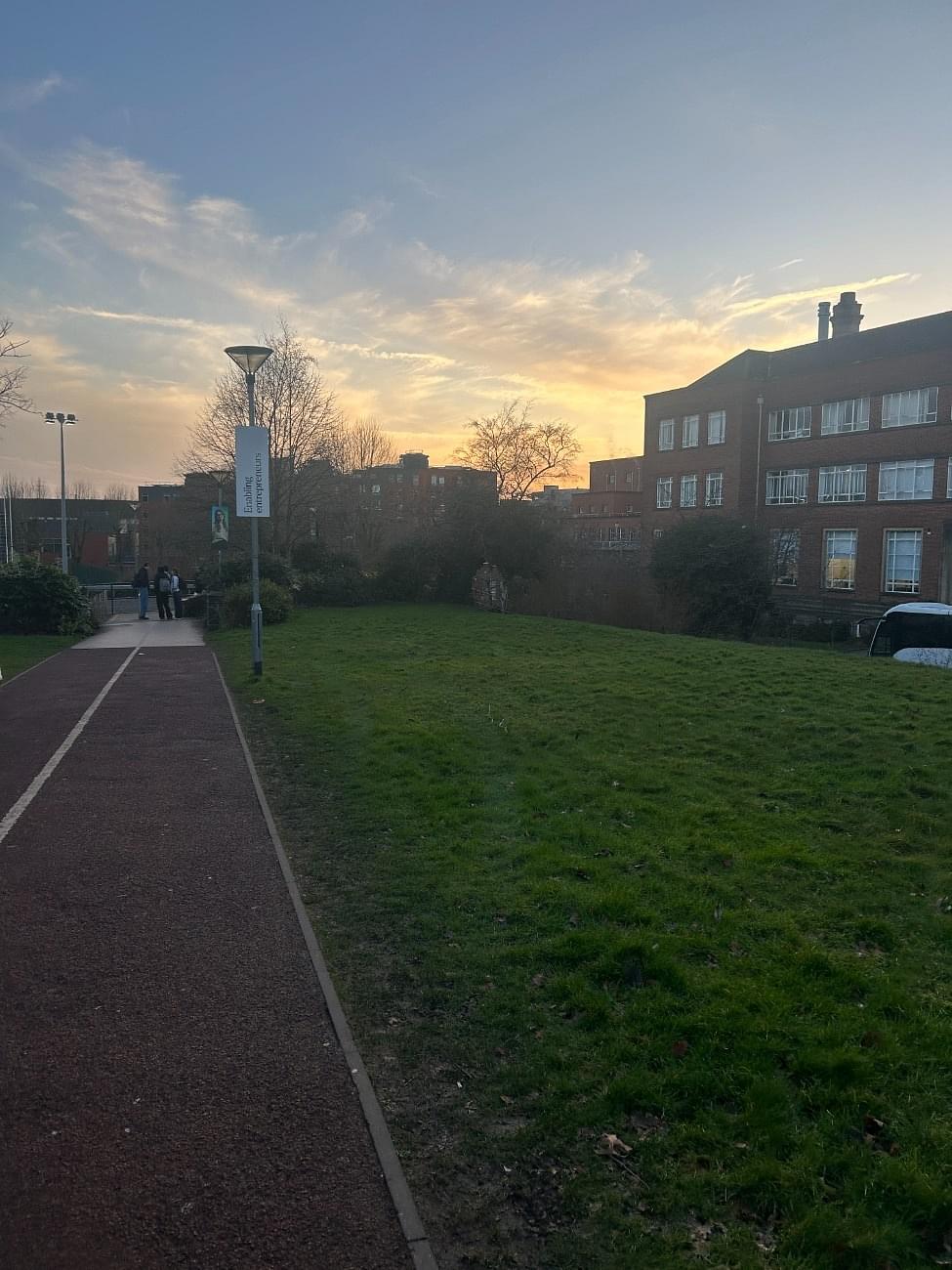
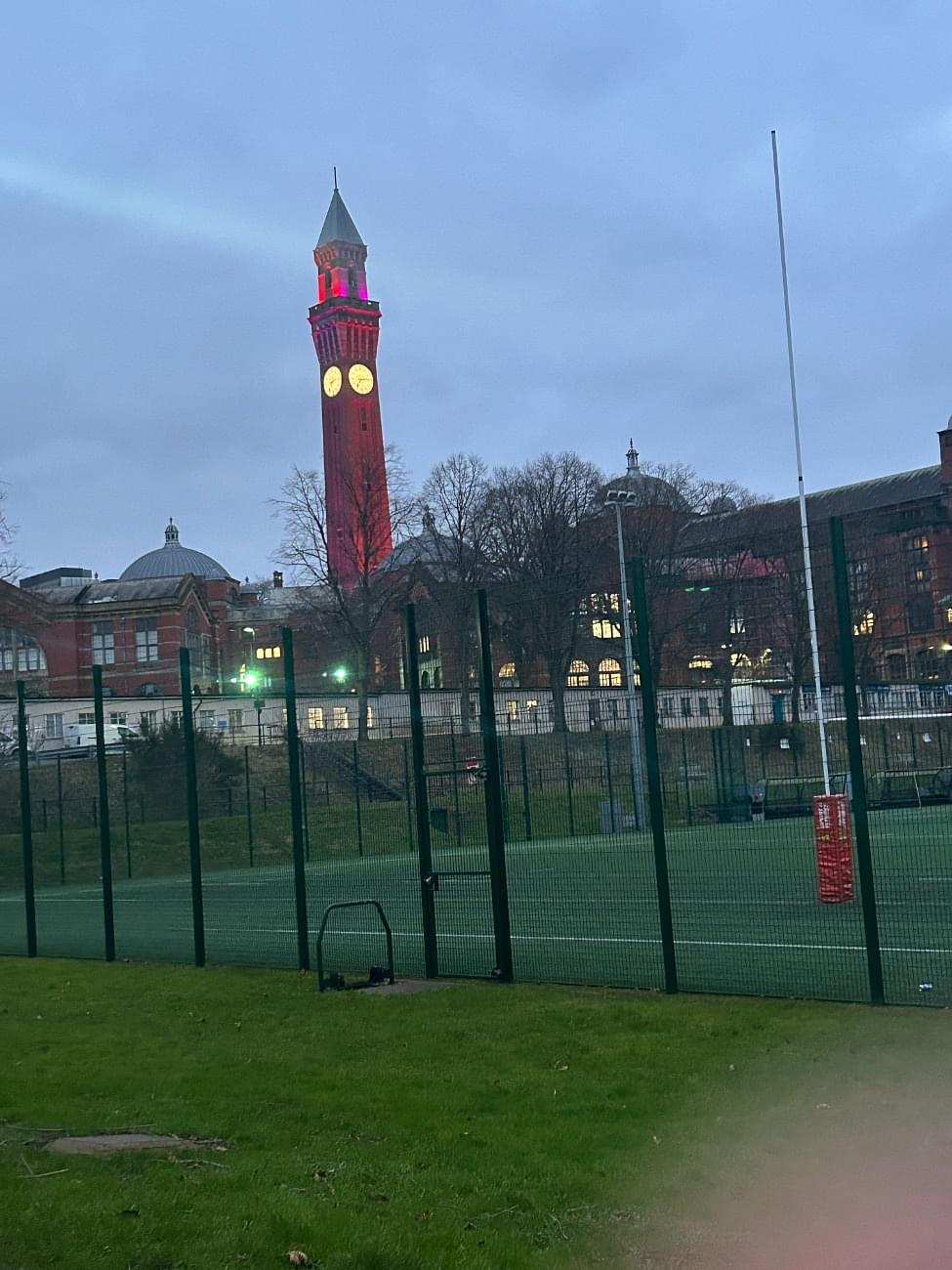
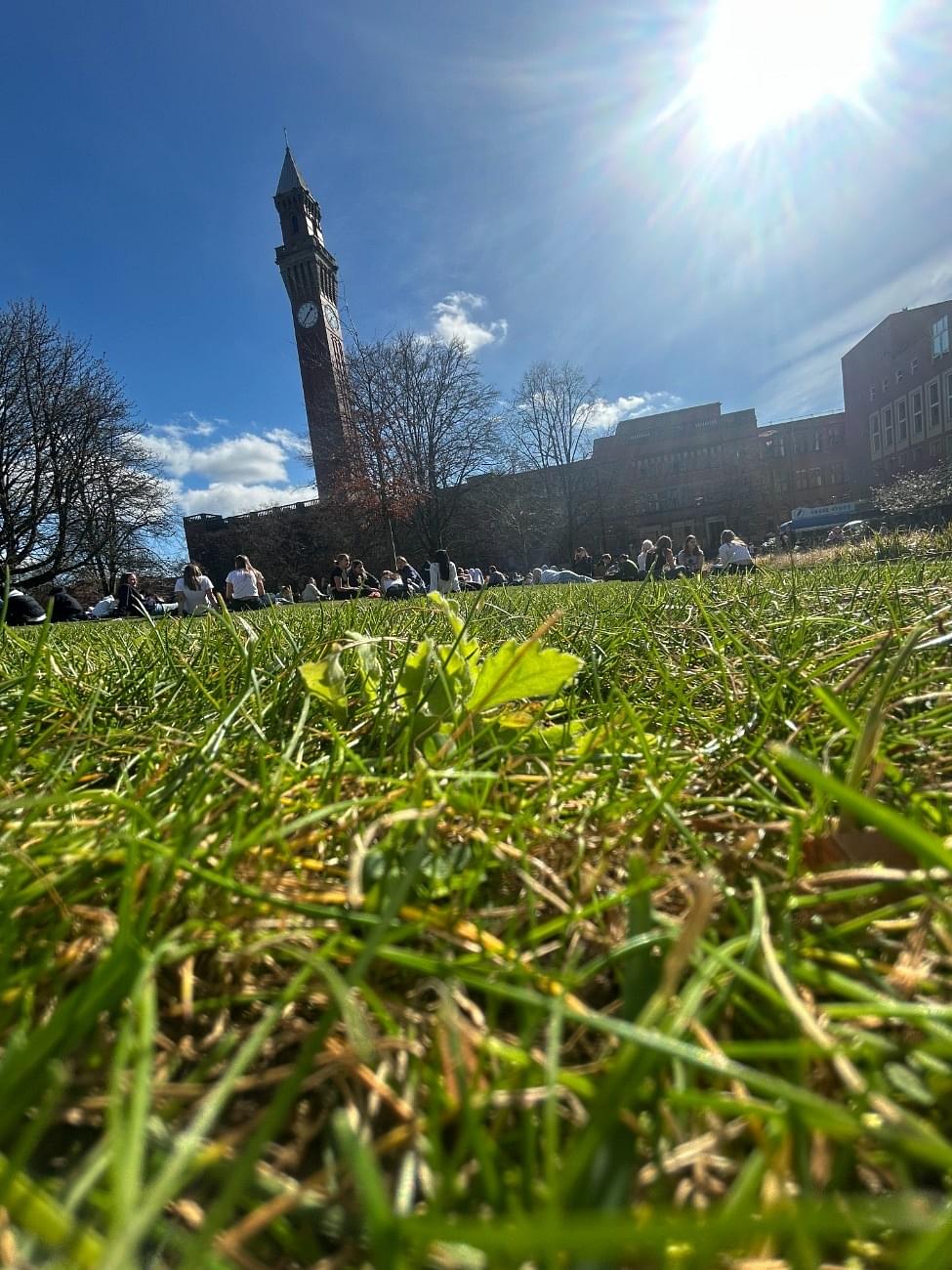
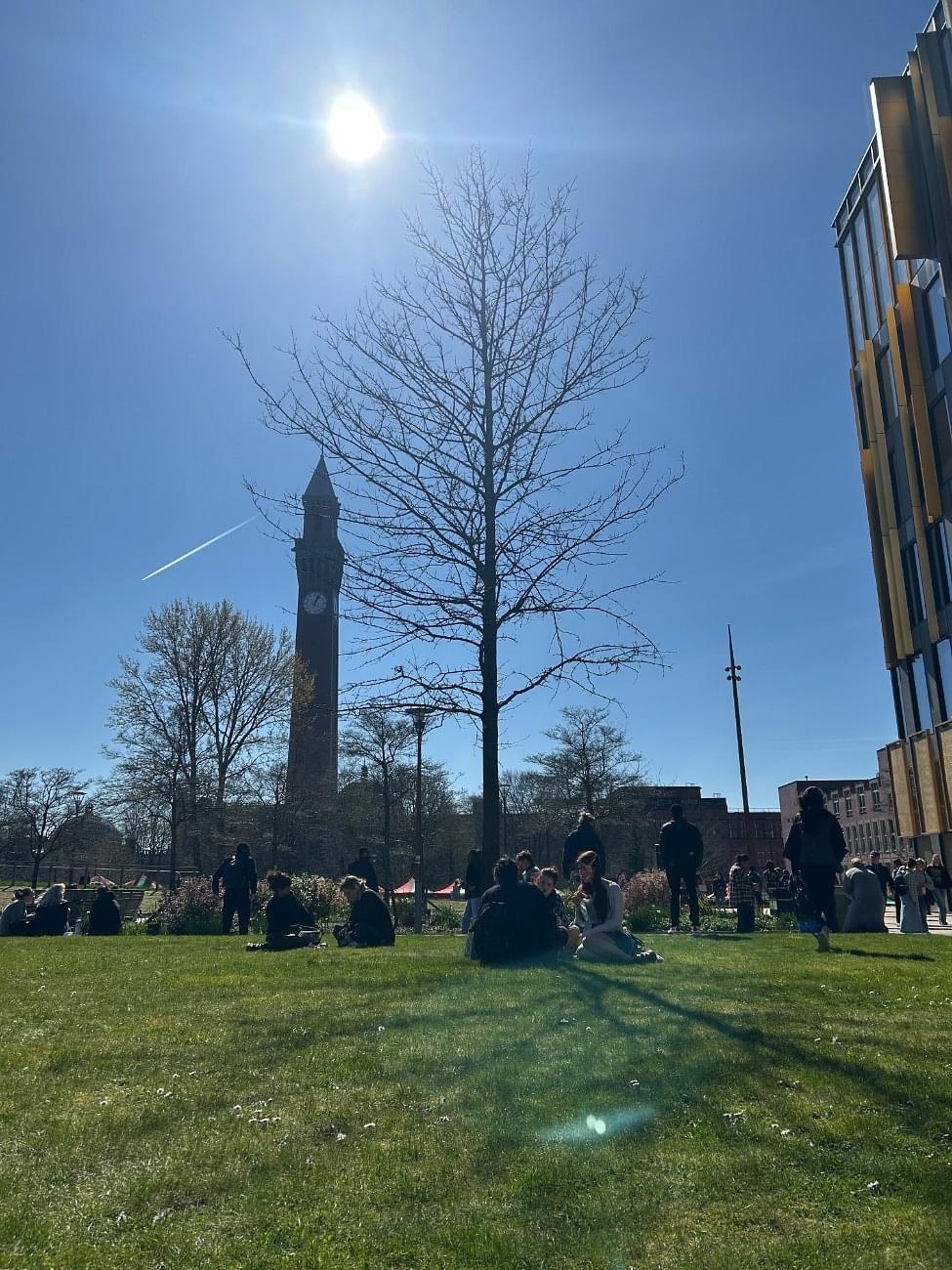
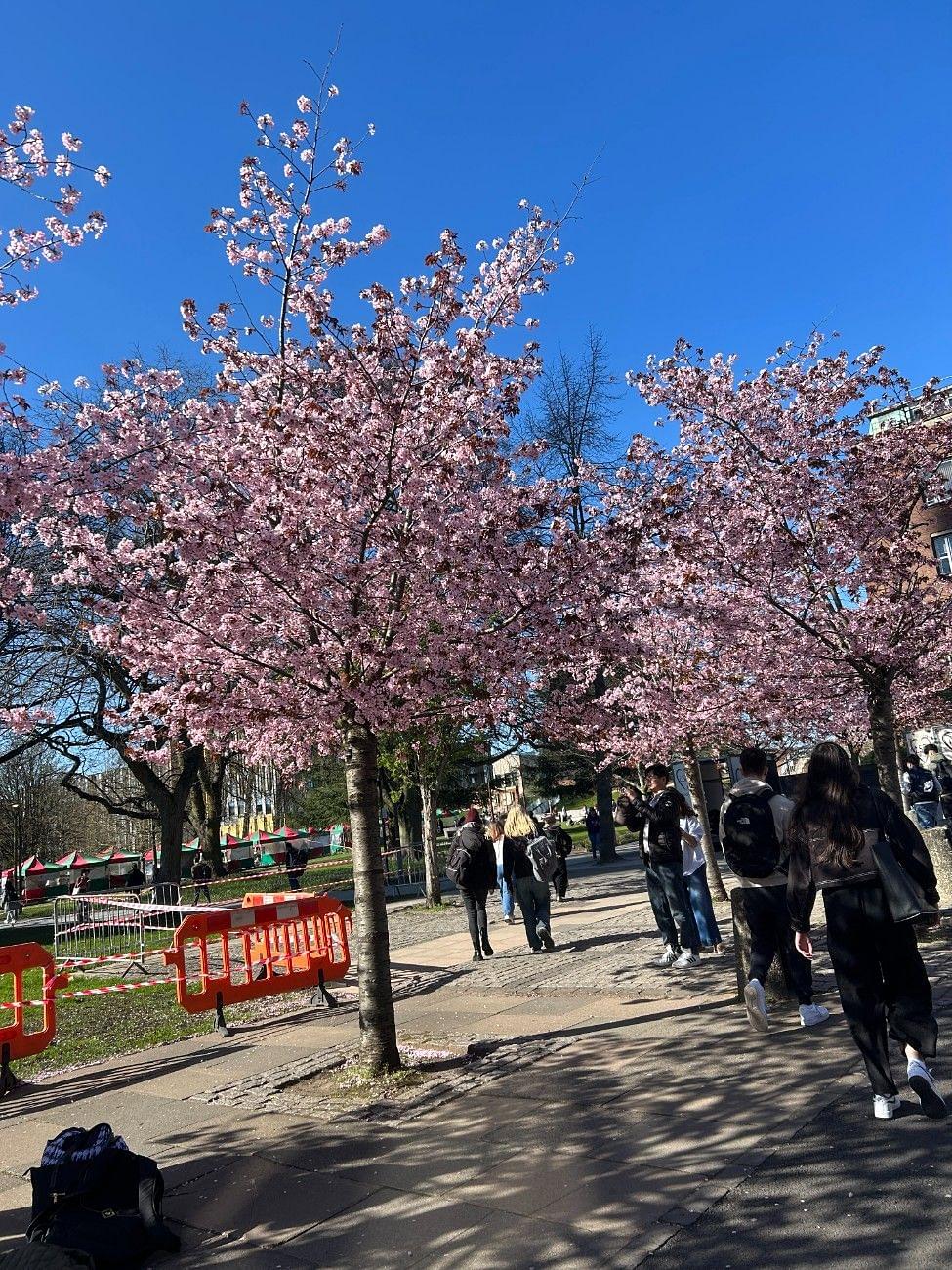
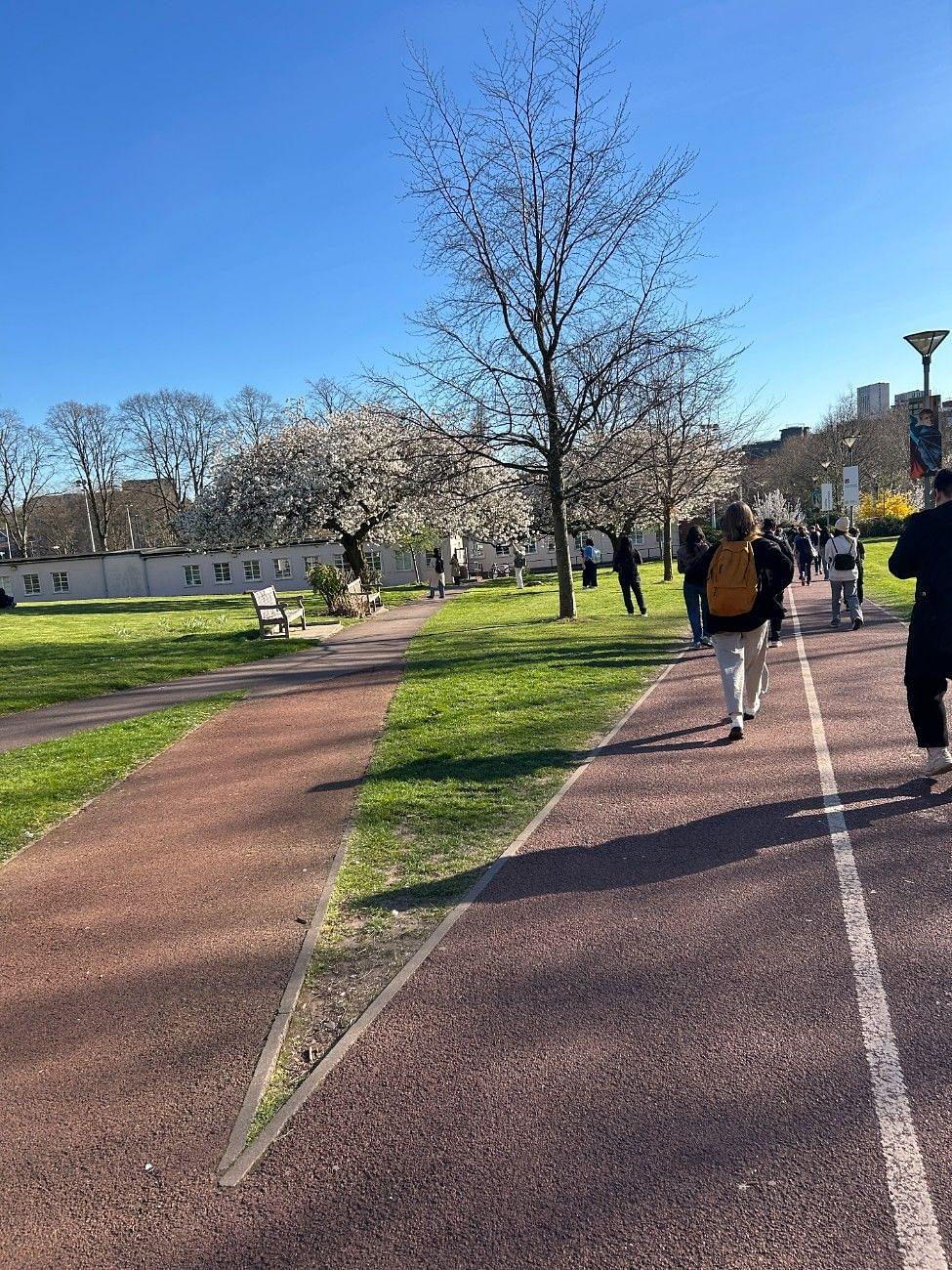
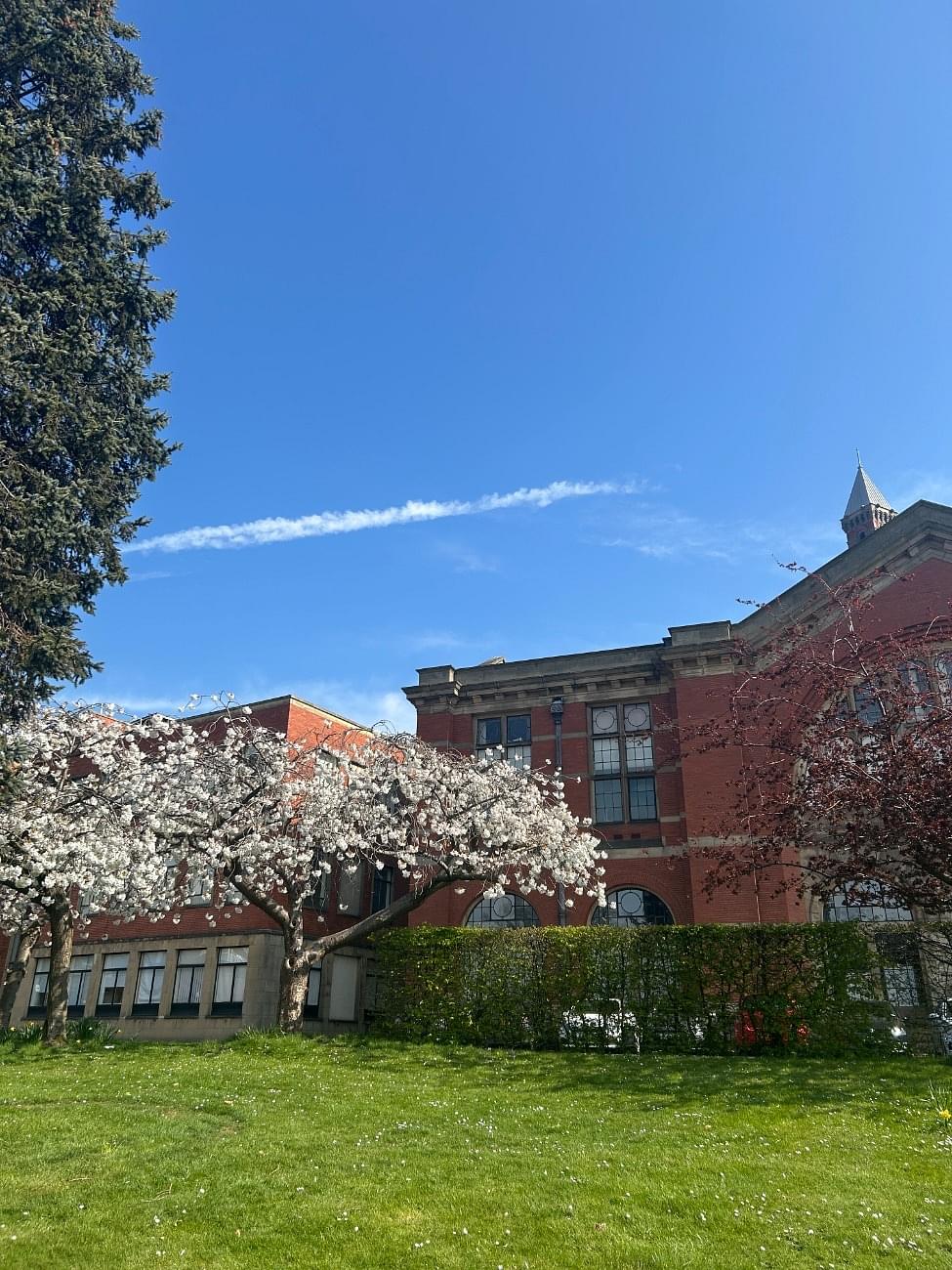
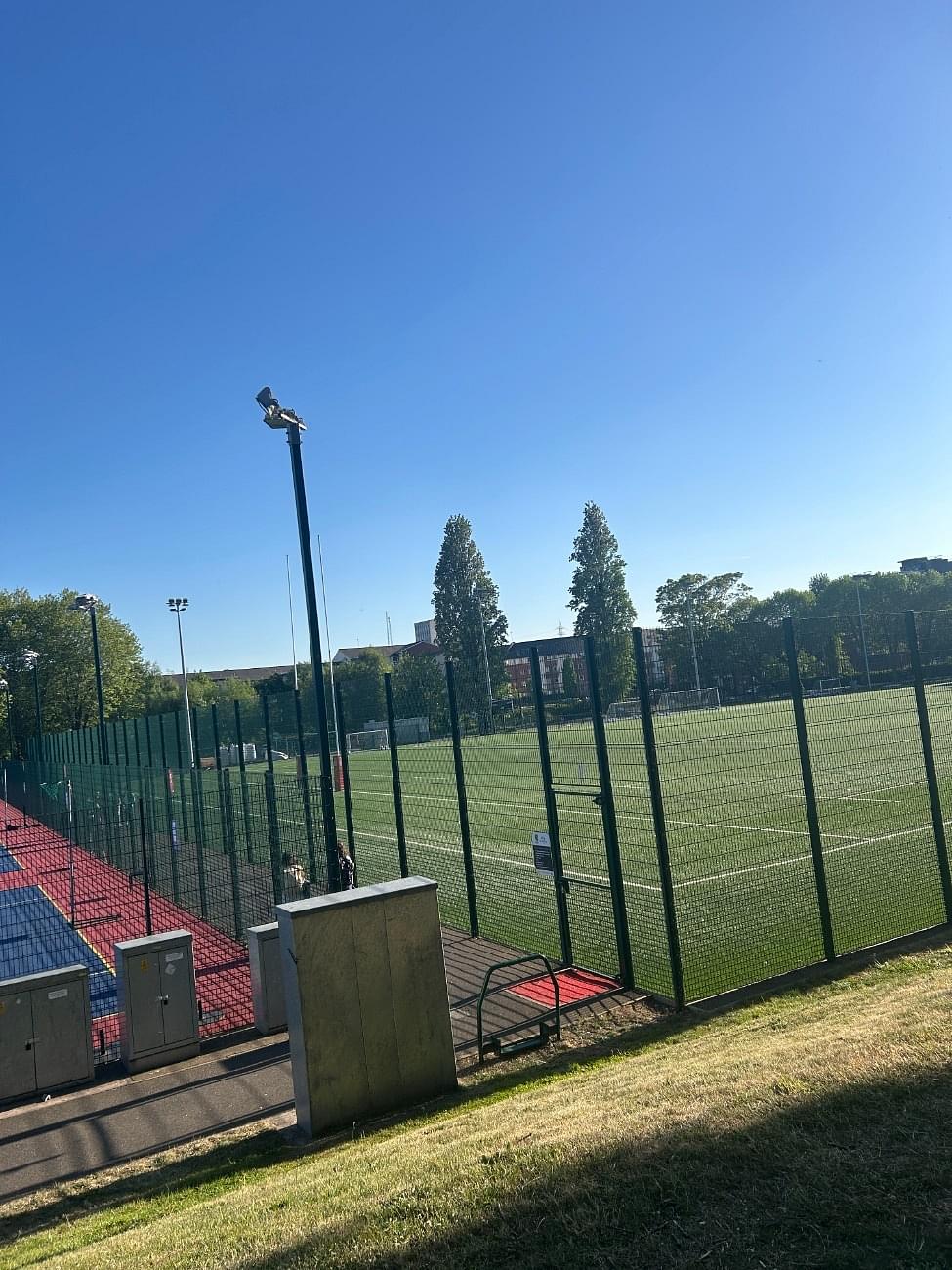
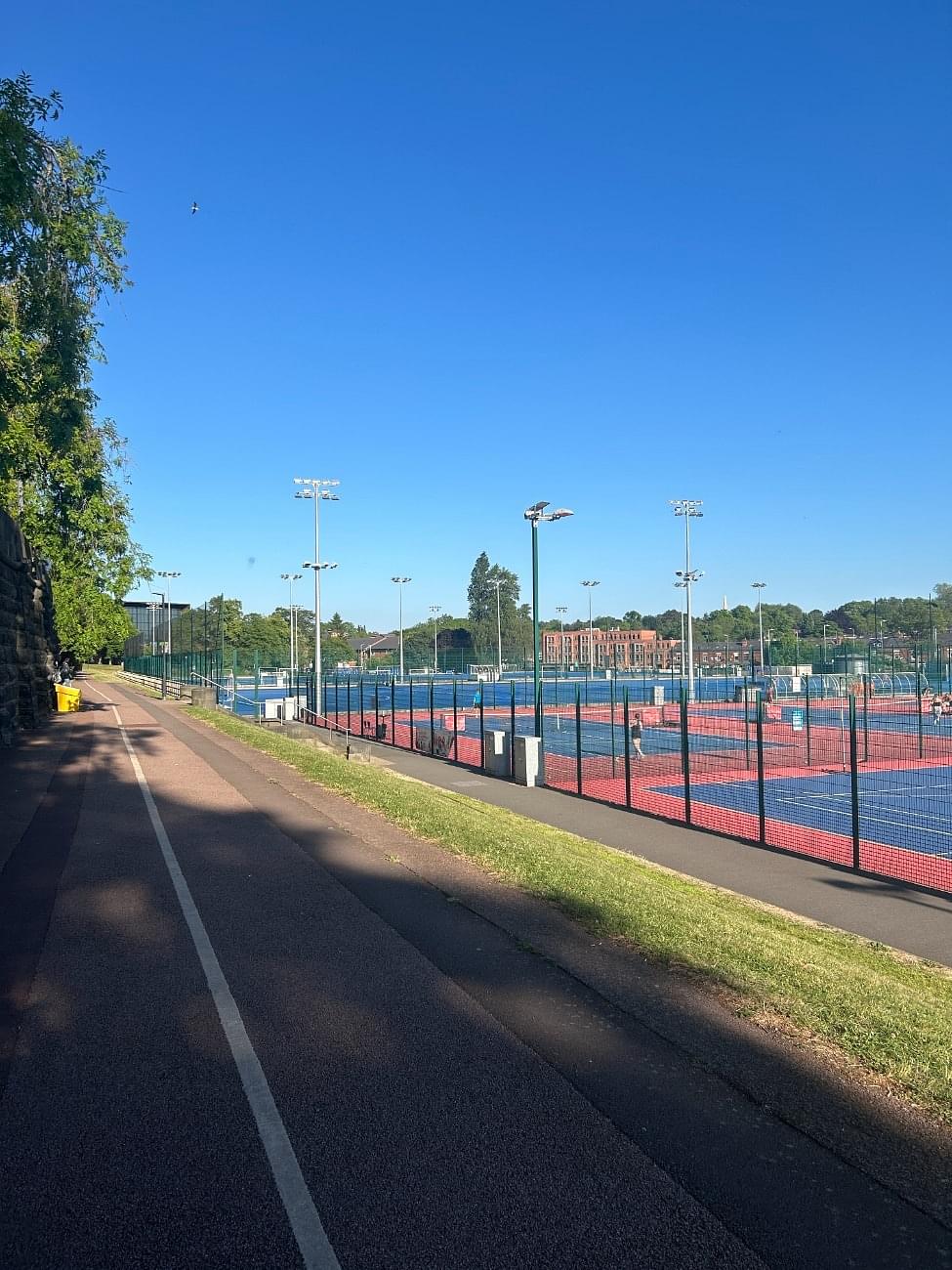
Likes
- First, to start with the superficial, the campus is beautiful - green, situated on a hill and a mix of modern and archaic architecture.
- The professors are so understanding and well-read, it is amazing just to chat with them, let alone hear them in a classroom.
- The students were of a variety of ages, something you don’t usually see in India. My youngest classmate was my age (22), while the oldest was 52! This presents the students with a range of experiences and ideas when we do group tasks.
Dislikes
- The weather felt dry and too cold all the time, especially when the university is situated on a hill. You must hit the gym before you join uni!
- The extremely polite nature of the professors sometimes made the discussion hours a bit futile. I appreciate the soft criticism, but often it felt that the real matter is not coming to the surface.
- The campus sometimes felt too big - you must leave for class way before you plan, because you probably will be late!
Course Curriculum
- My course was theoretical, but since it was creative writing, they encouraged us to experiment a lot. It was tough in the sense that we had to learn new techniques of writing every week and the self-studying (reading) had at least 10 books a week.
- The scheduling totally depends on when your professor is available. My classes were either at noon or in the evening. My class had an average of 45 students.
- Most courses have many more, though. My course had a total of 5 Indian students, but courses like Marketing had at least 100 indian students. Moreover, the flats I lived in were on the campus and issued by the university—we had 60% of Indian students residing there.
Fees
- My course fees were originally £22,000, but due to the £2,000 scholarship, they were reduced to £20,000. I had my own room in my flat; there are many more options - to share bathrooms, etc.—but I had all of the private options, which cost me around £8,000. I had chosen the 3-month payment plan, which costs a bit more than if you choose to pay all the fees together.
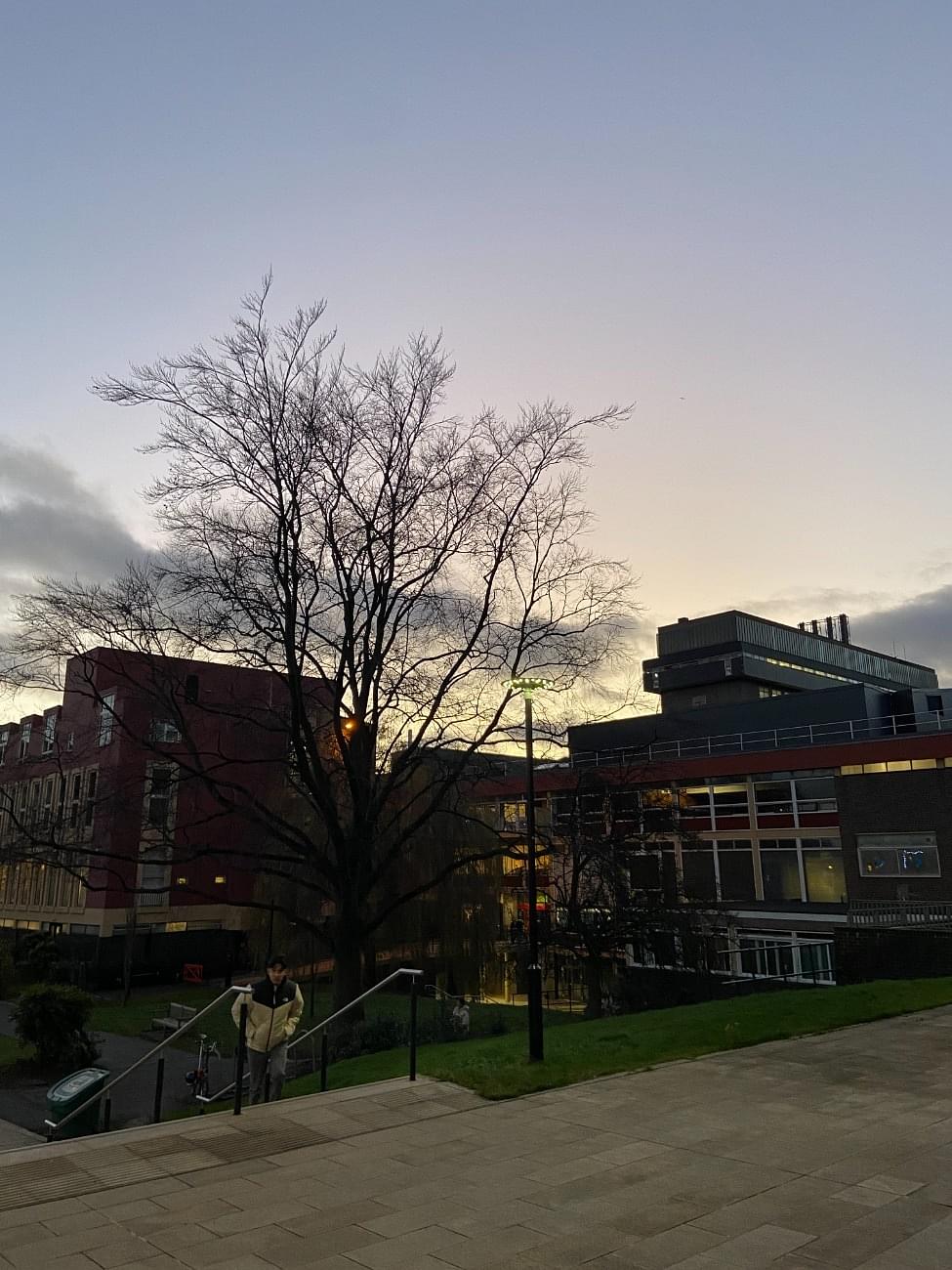
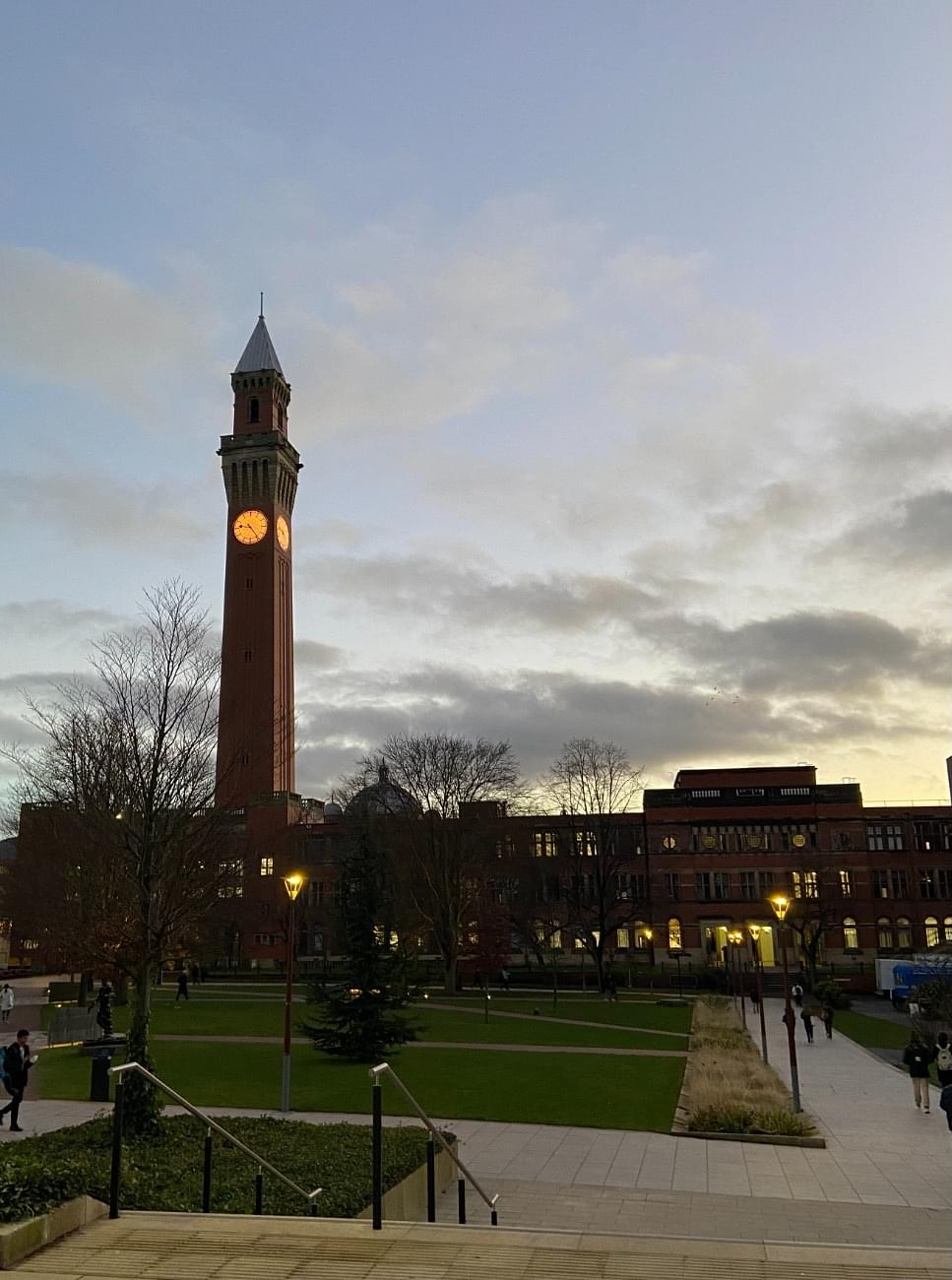
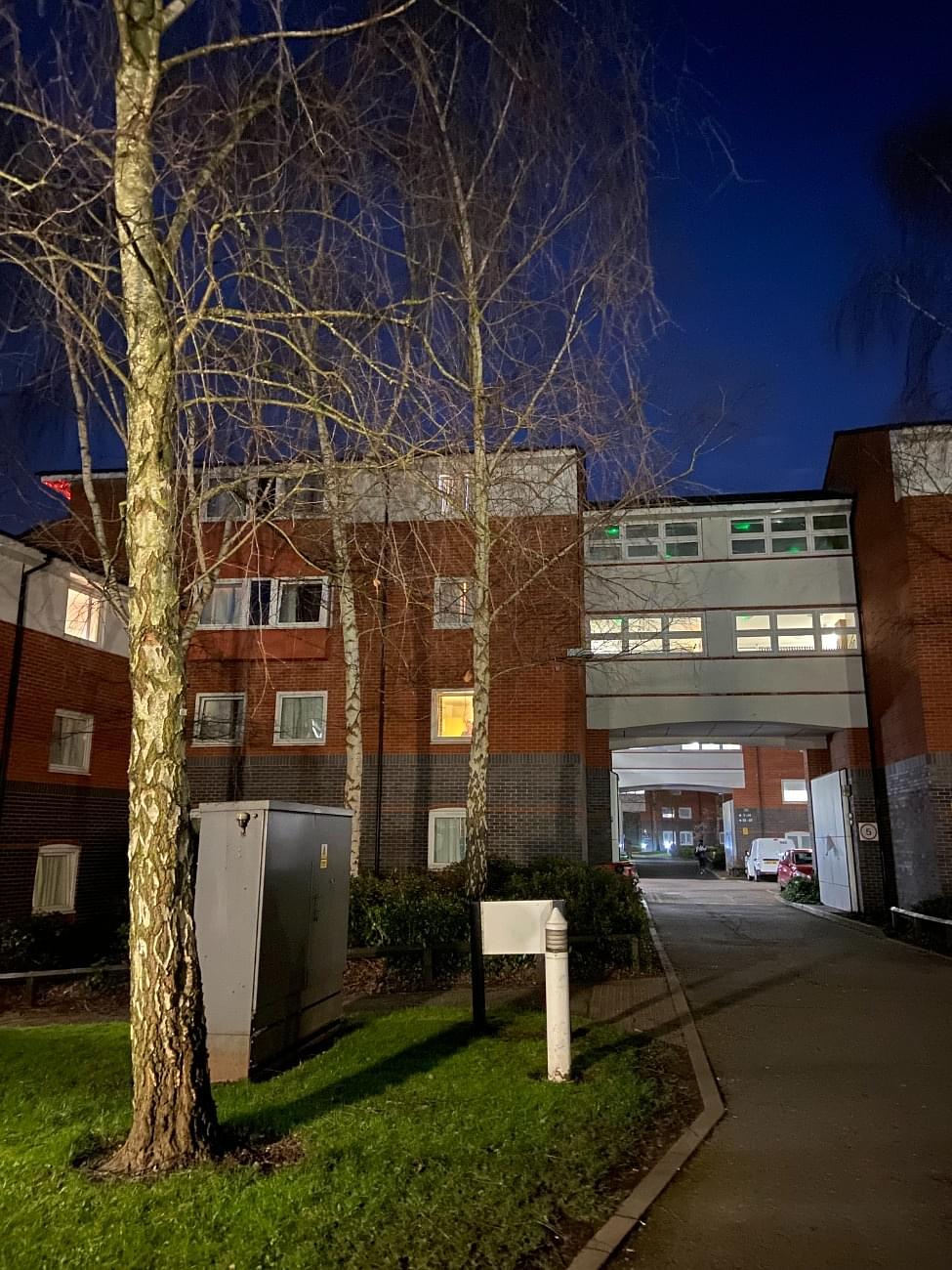
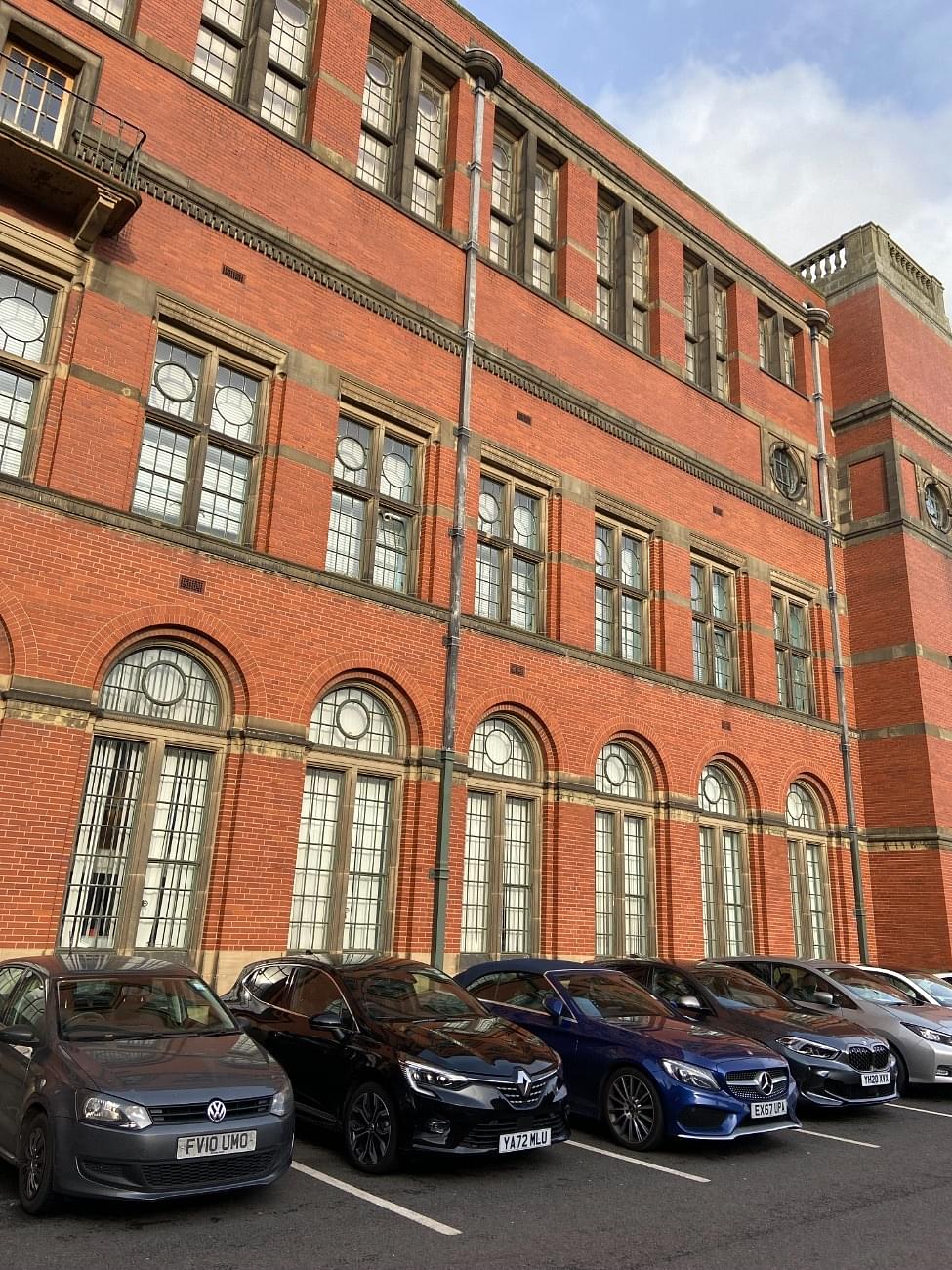
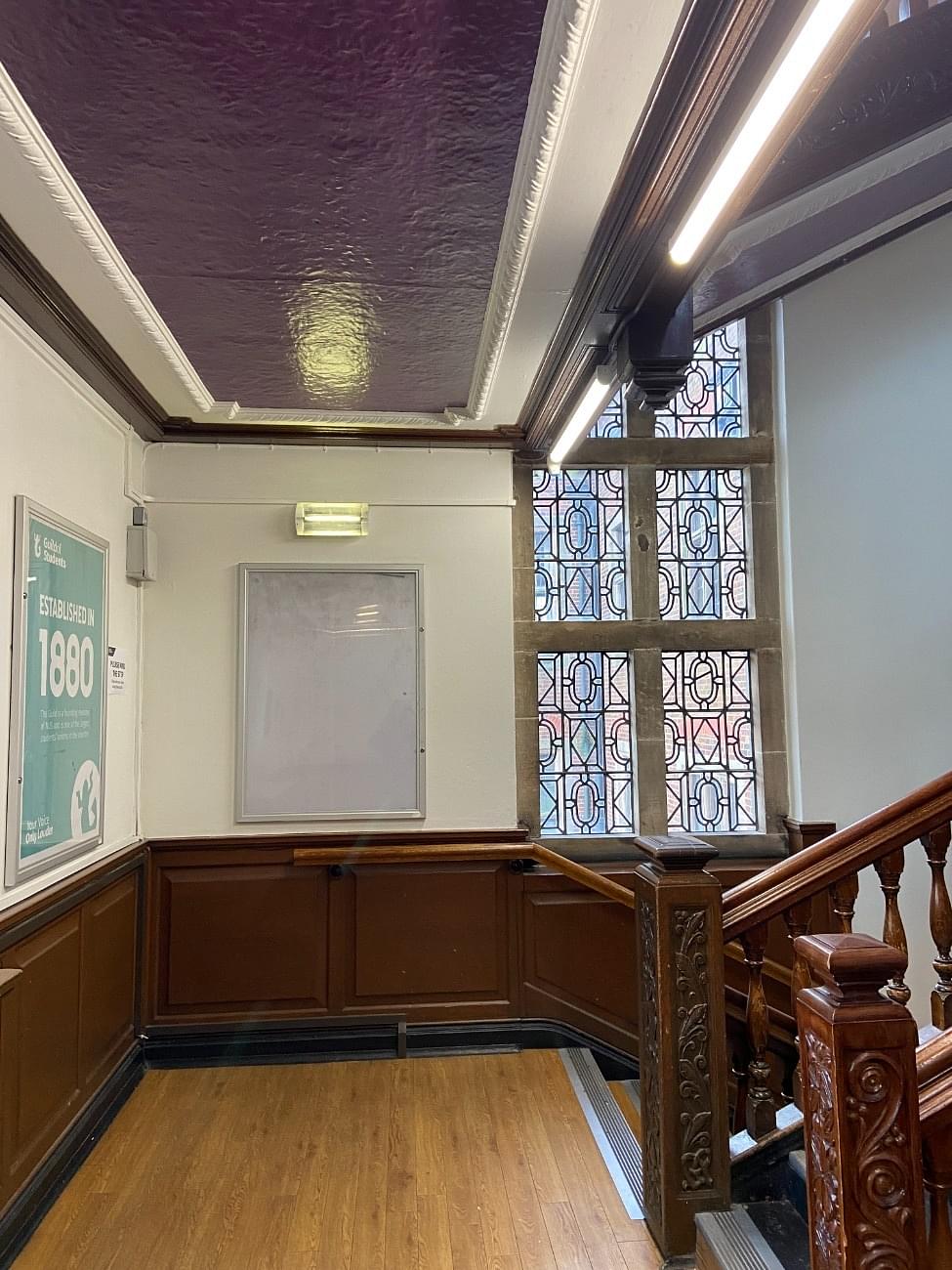

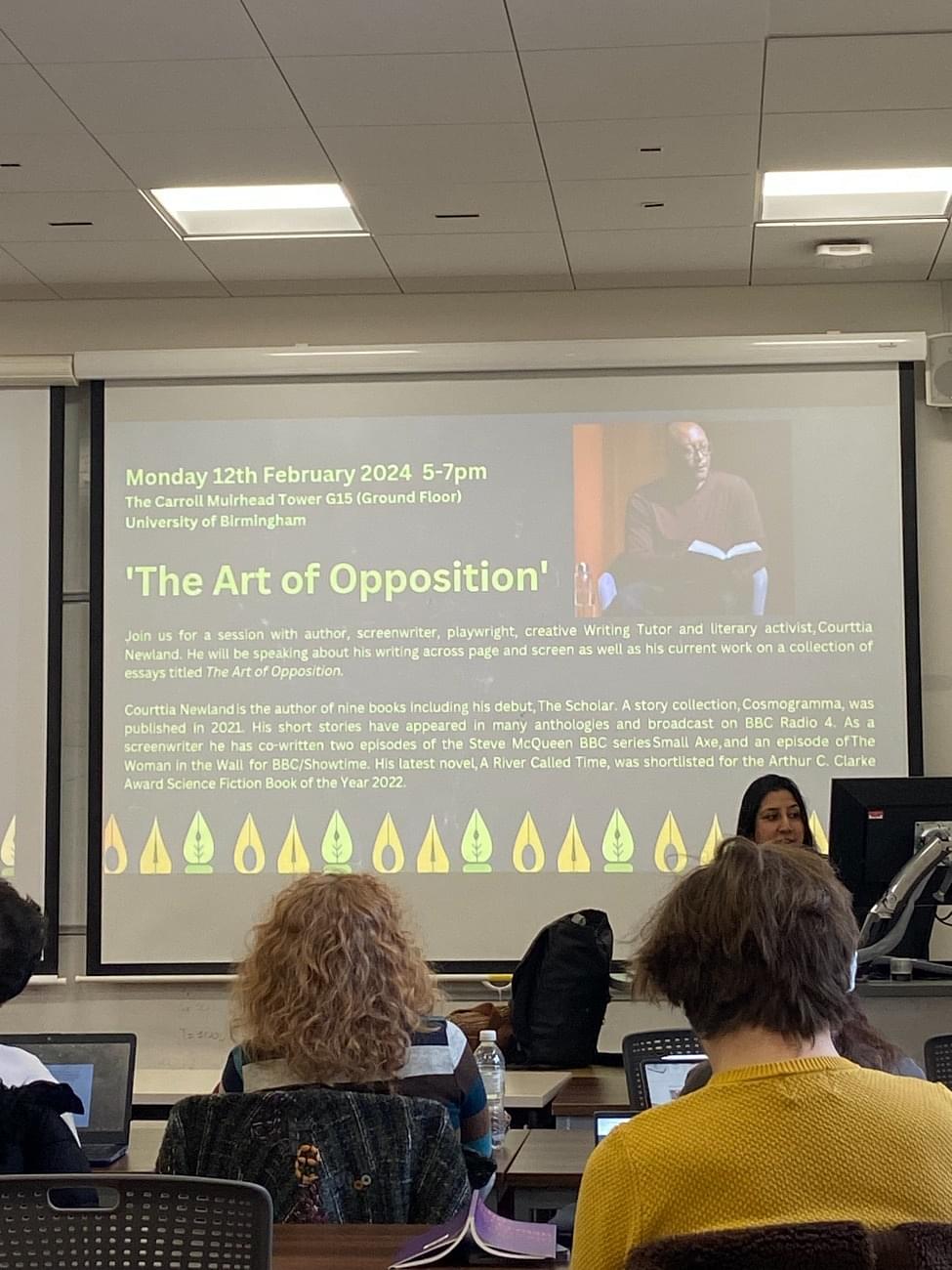
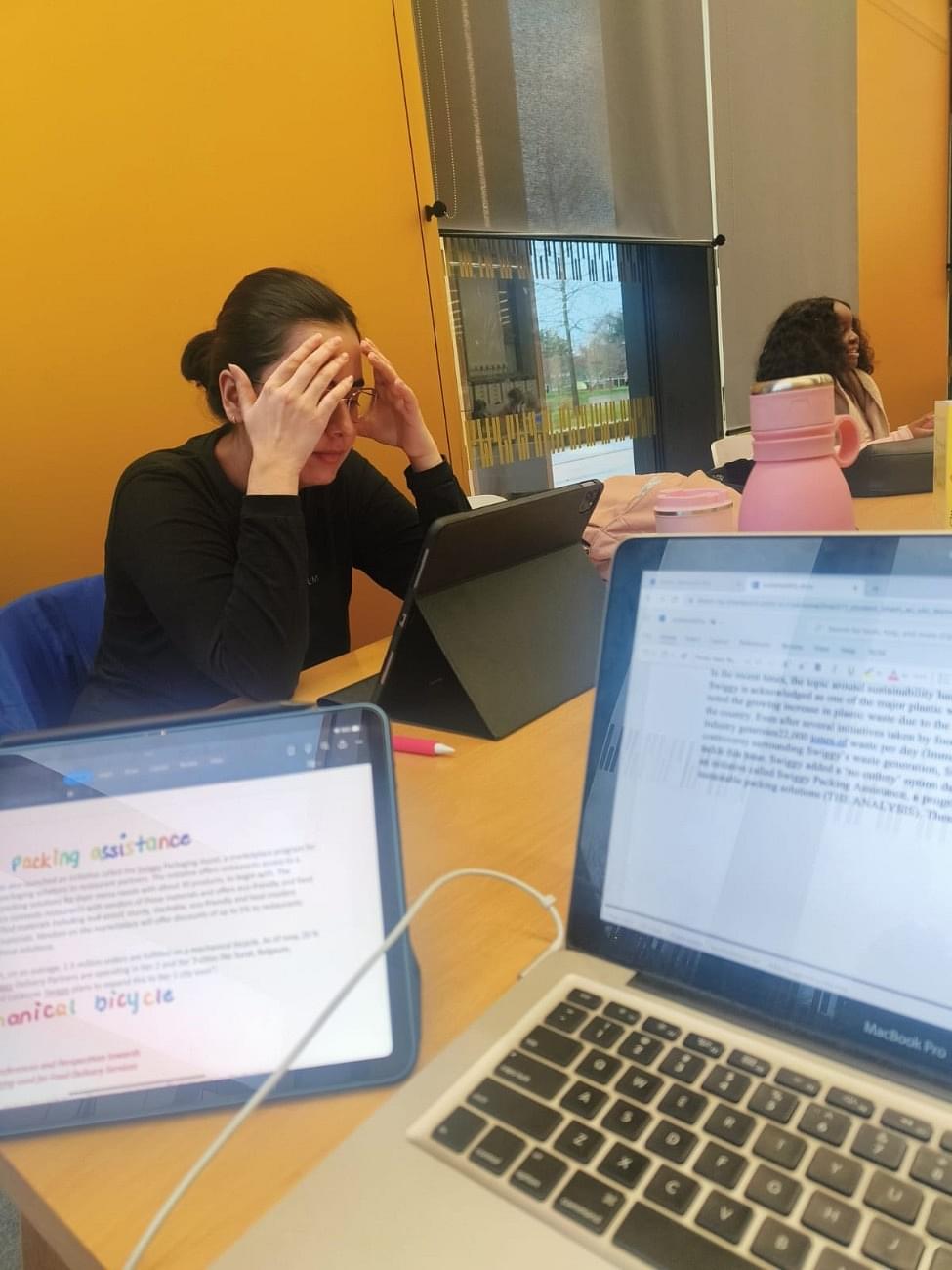
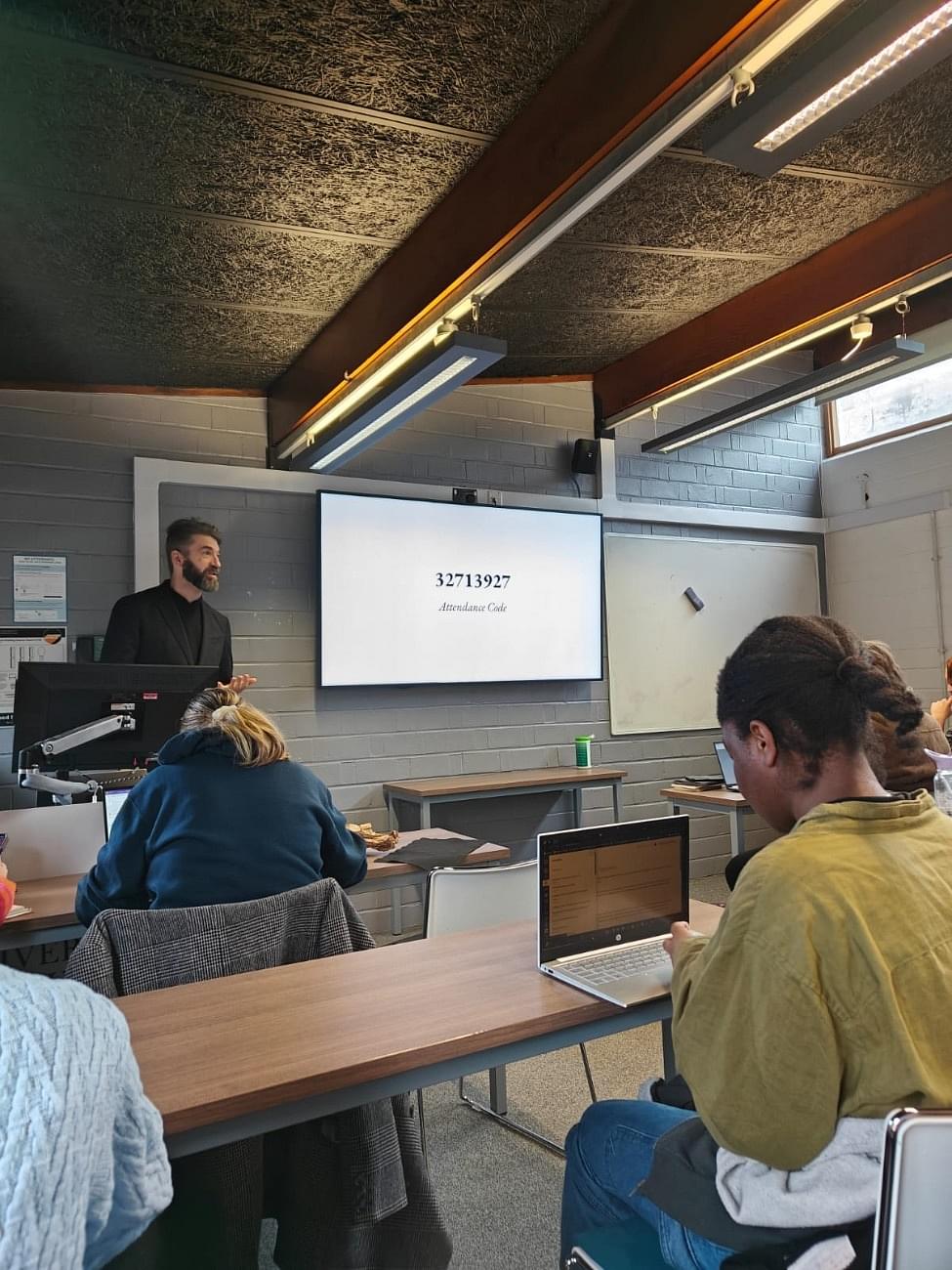
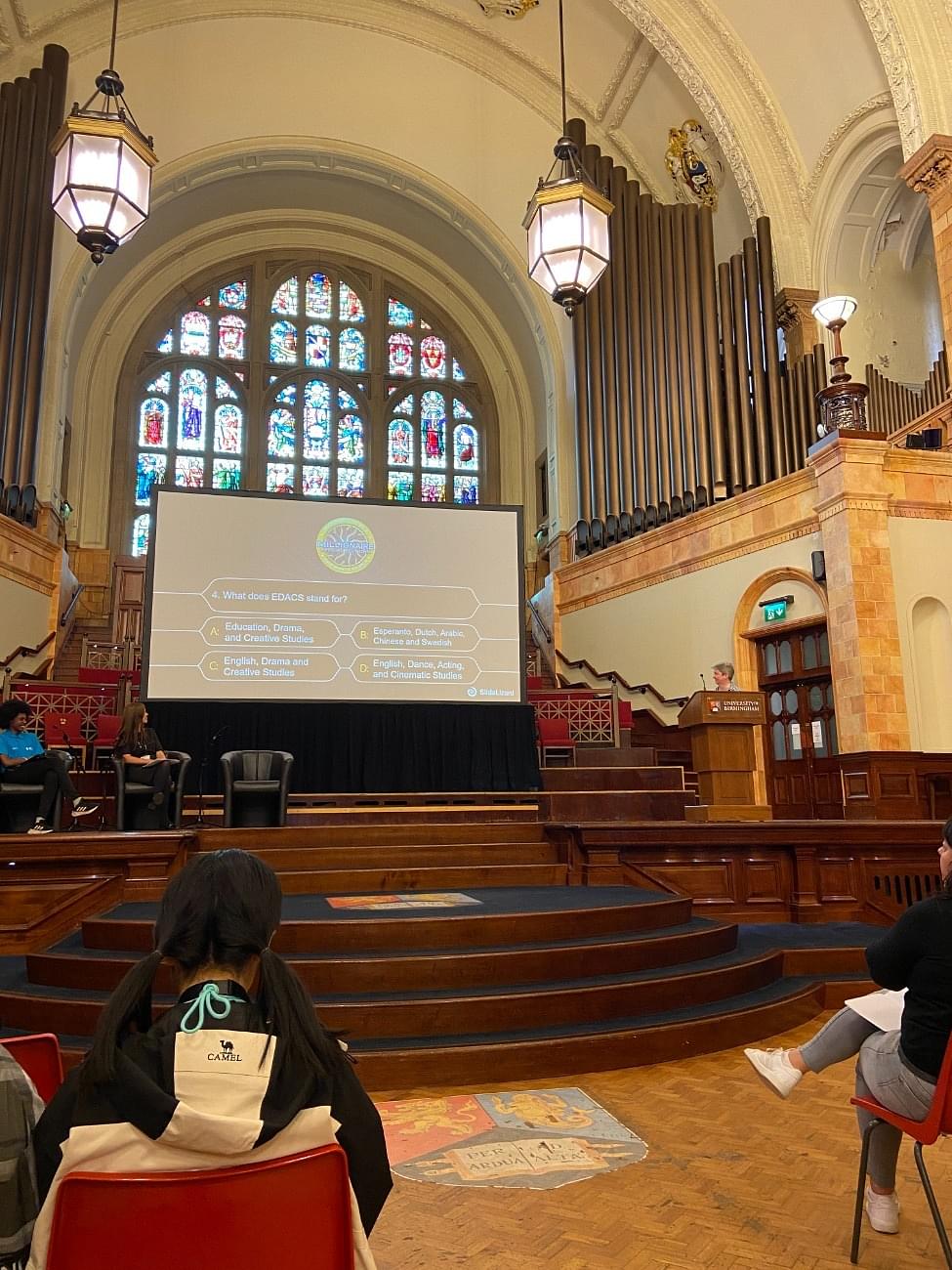
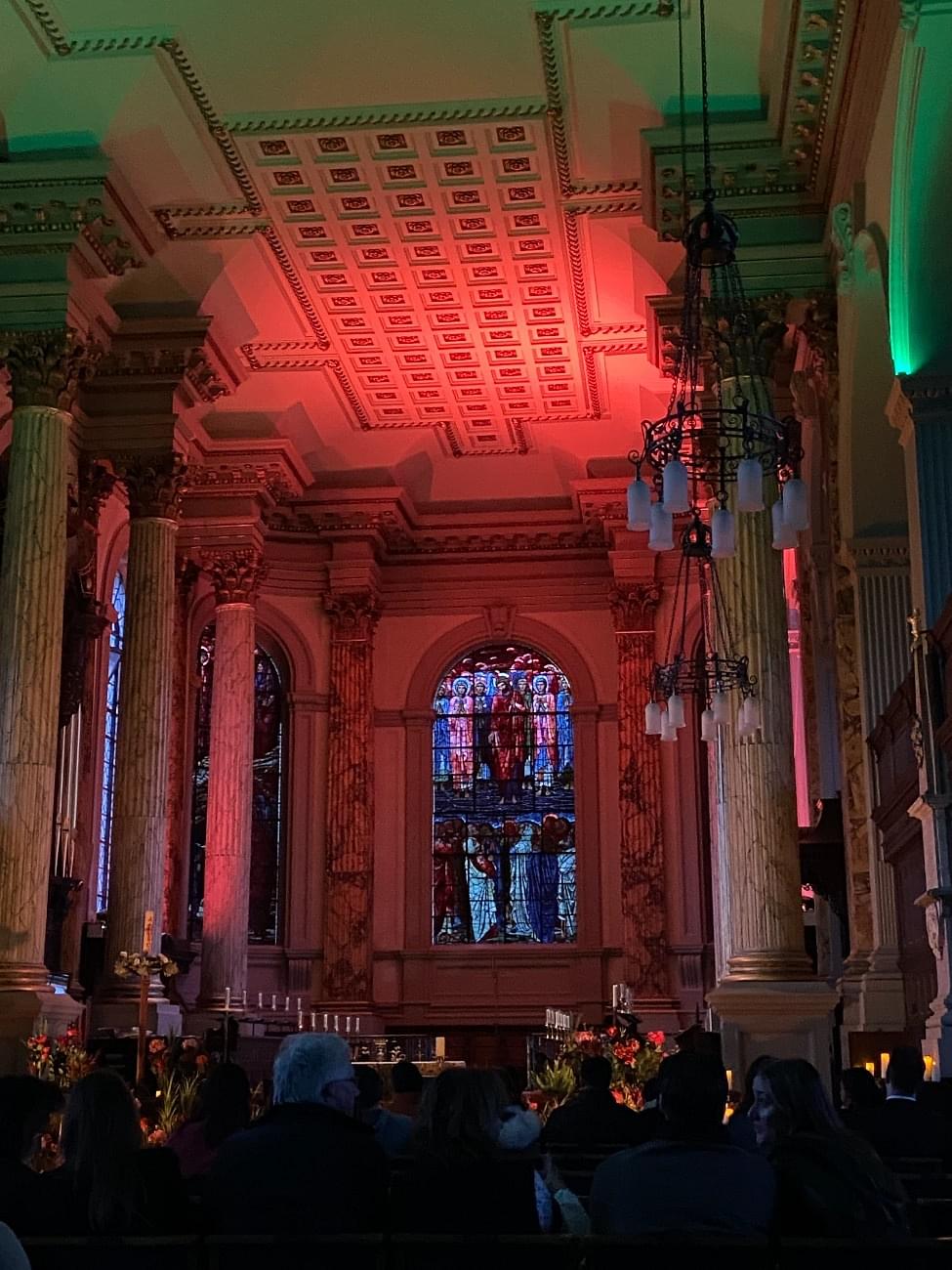
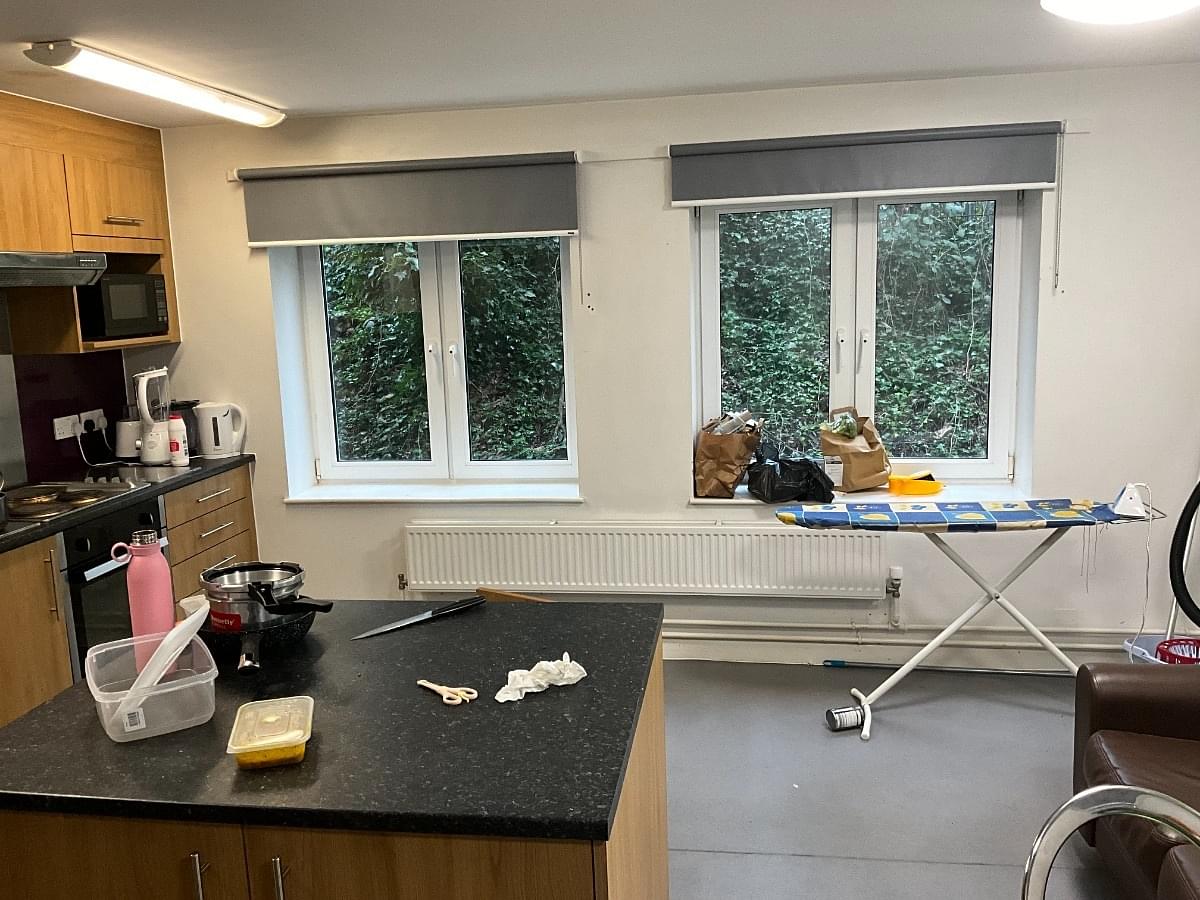
Likes
- Well equipped Infrastructure with world class service
- Experienced Faculty all the teachers were knowledgeable
- Culture with in the university. Students from all over the world’
Dislikes
- Lack of sports activities. There was only one football ground which was full everytime
- No diversity in major courses. As my course had people from
- India and china no British stidents
I found my accommodation off campus there are many online platforms to book your accommodation. Moreover you can find brokers near the university who help you find good accommodation. The rent in Birmingham varies from 300 pounds to 600 pounds based on the location near to university. Great experience
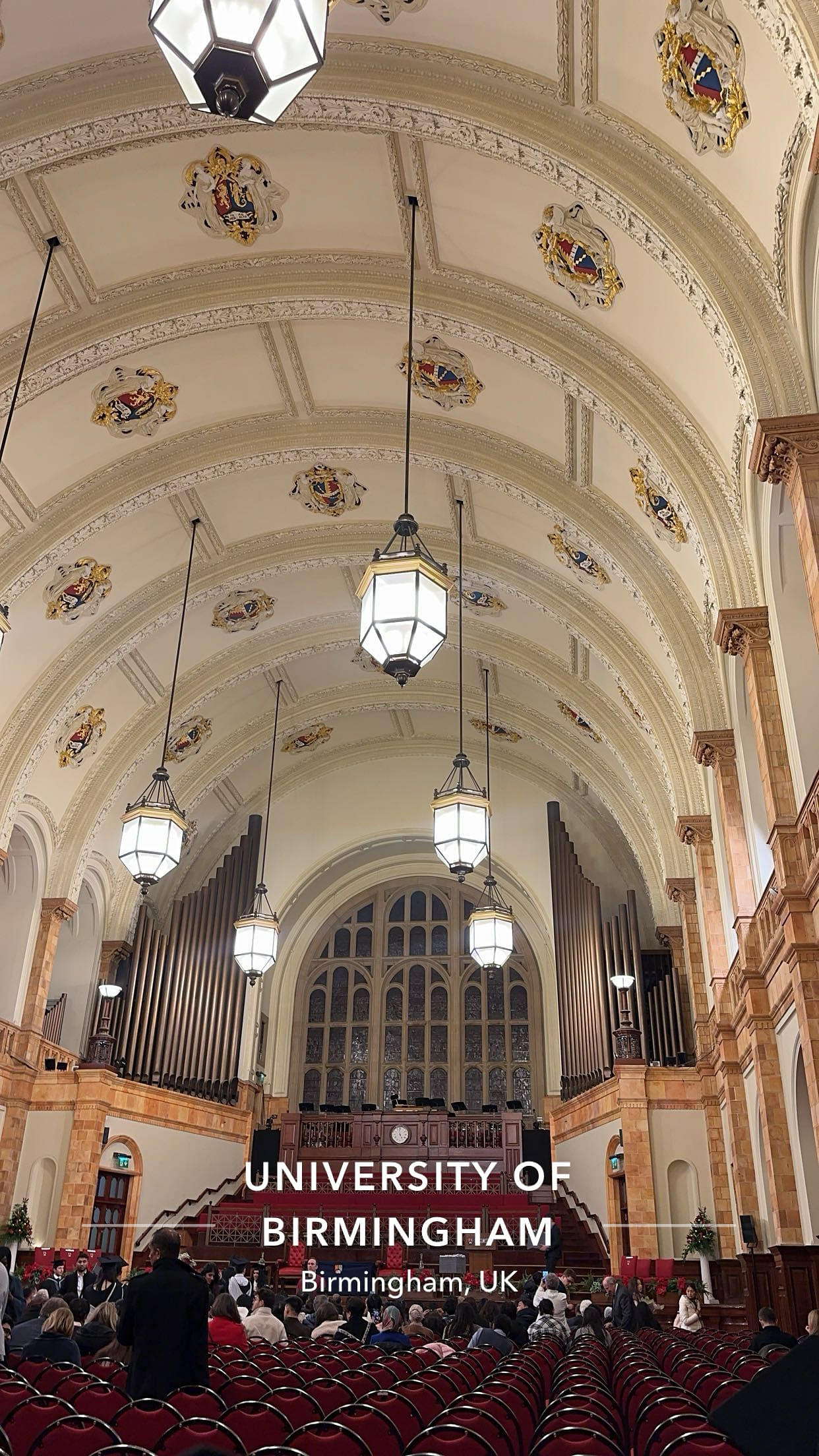
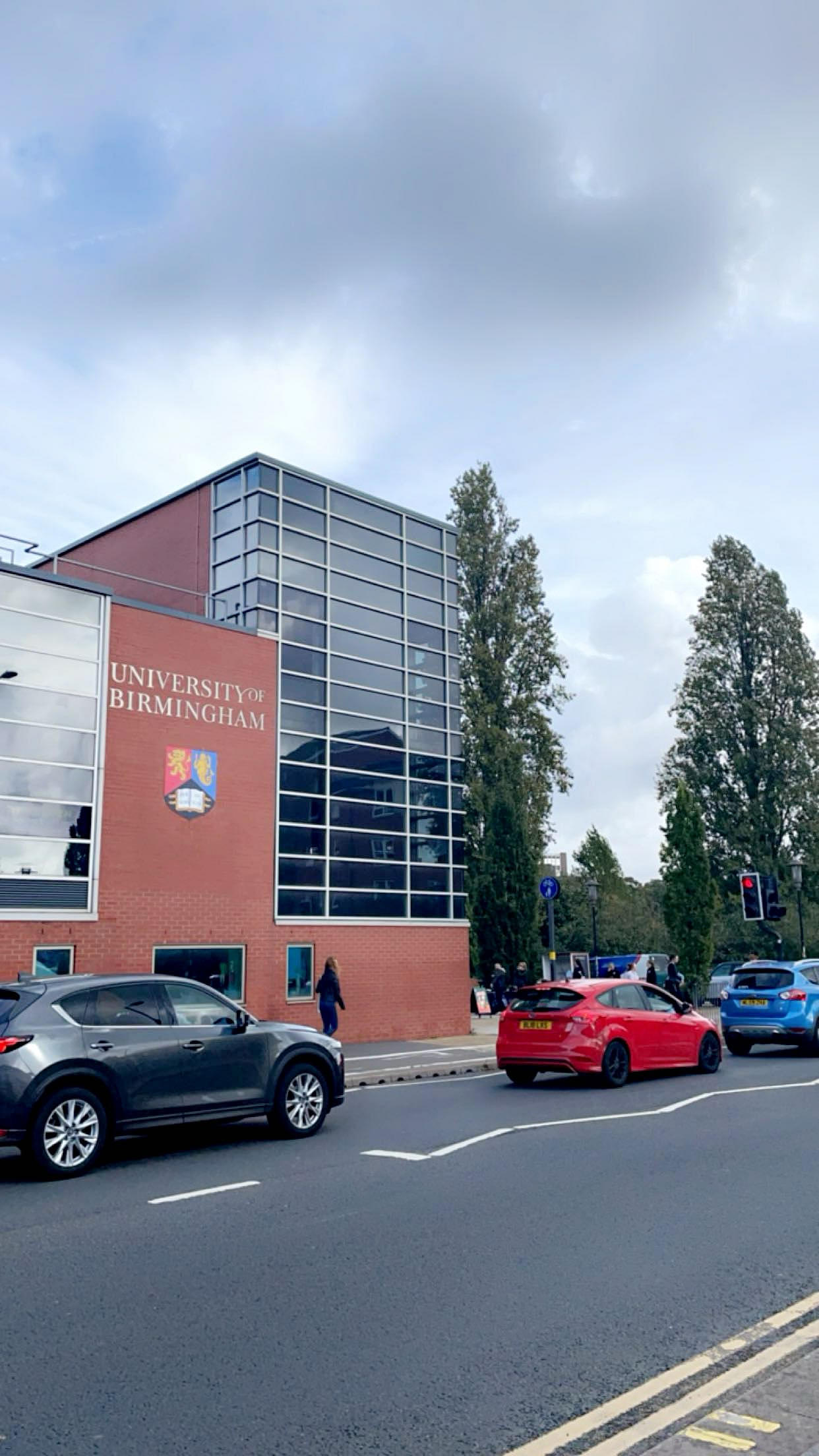
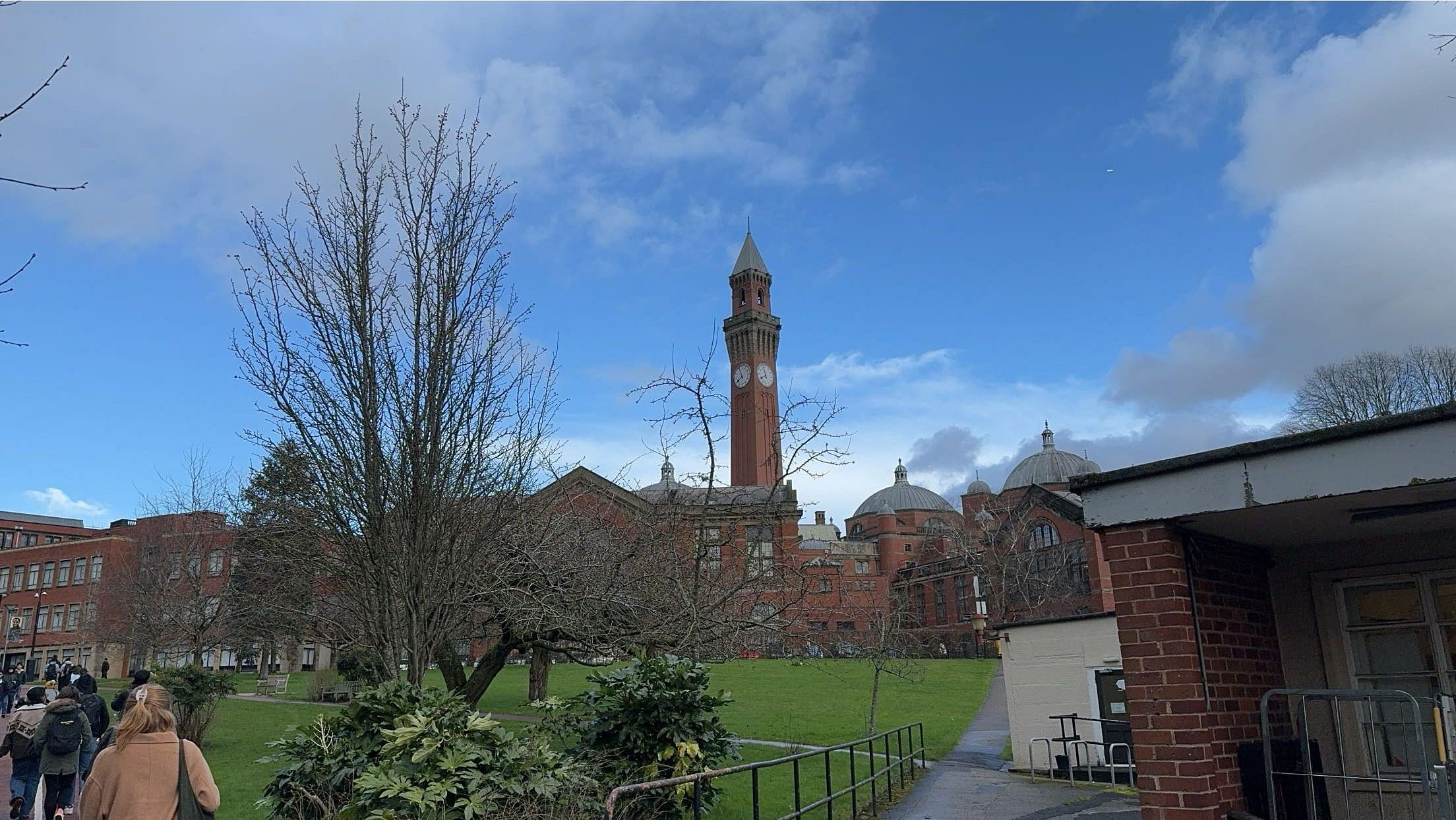
Likes
- The University was very welcoming. Made me and other students welcoming in a great accommodation.
- Great teachers/professors with good command on the subject made the entire journey in learning AI smooth and enjoyable experience
- Course structure - Structure of the course is designed to ensure you are industry ready and with constant theoretical and practical assessment its a seamless transition for a student to enter a corporate.
Dislikes
- Safety - This is one aspect that has to be careful of. Its gets little spooky after 9 PM. So one has to be slightly careful.
- Part time job - With so many students around, it can be slightly difficult to get an ideal part time job.
- Overall Cost - The cost can be slighly heavy on the pocket if one doesn't get scholarship and with extremely high cost of living , one has to be extremely careful on what he/she spends on.
Course Curriculum
- It was a mix of theoretical and practical but slightly skewed toward being practical.
- Positive aspect of the course was the in-depth mathematics that was taught for every algorithm, which was groundbreaking for me, which was backed by giving the student to gain practical experience through constant practical thesis and examinations.
- There were normally 3-4 classes in a week, with each day having 4-5 hours as scheduled for a given day. The classes usually were scheduled between 10 AM and 3 PM .
- Avg number of students – There were around 80 students, with the number of Indian students being in the range of 10-15.
Fees
- I was charged 23K GBP for Course, 5K GBP for University accommodation. Fees were paid to the university in 3 splits, which can be paid at the university in person or through Wire transfer from India.
- University is quite flexible in terms of making the payments.
- For the rest of the expenses, one would require around 5K GBP in addition to ensuring everything is taken care of.
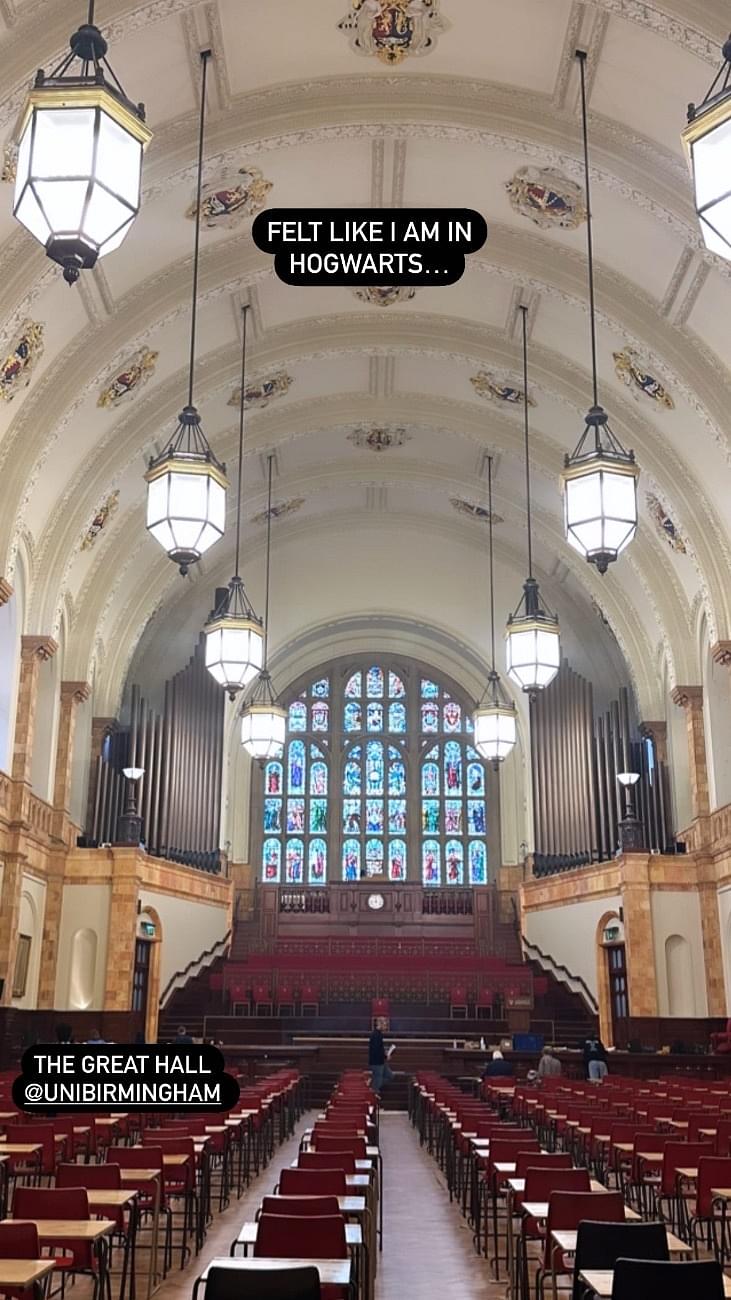
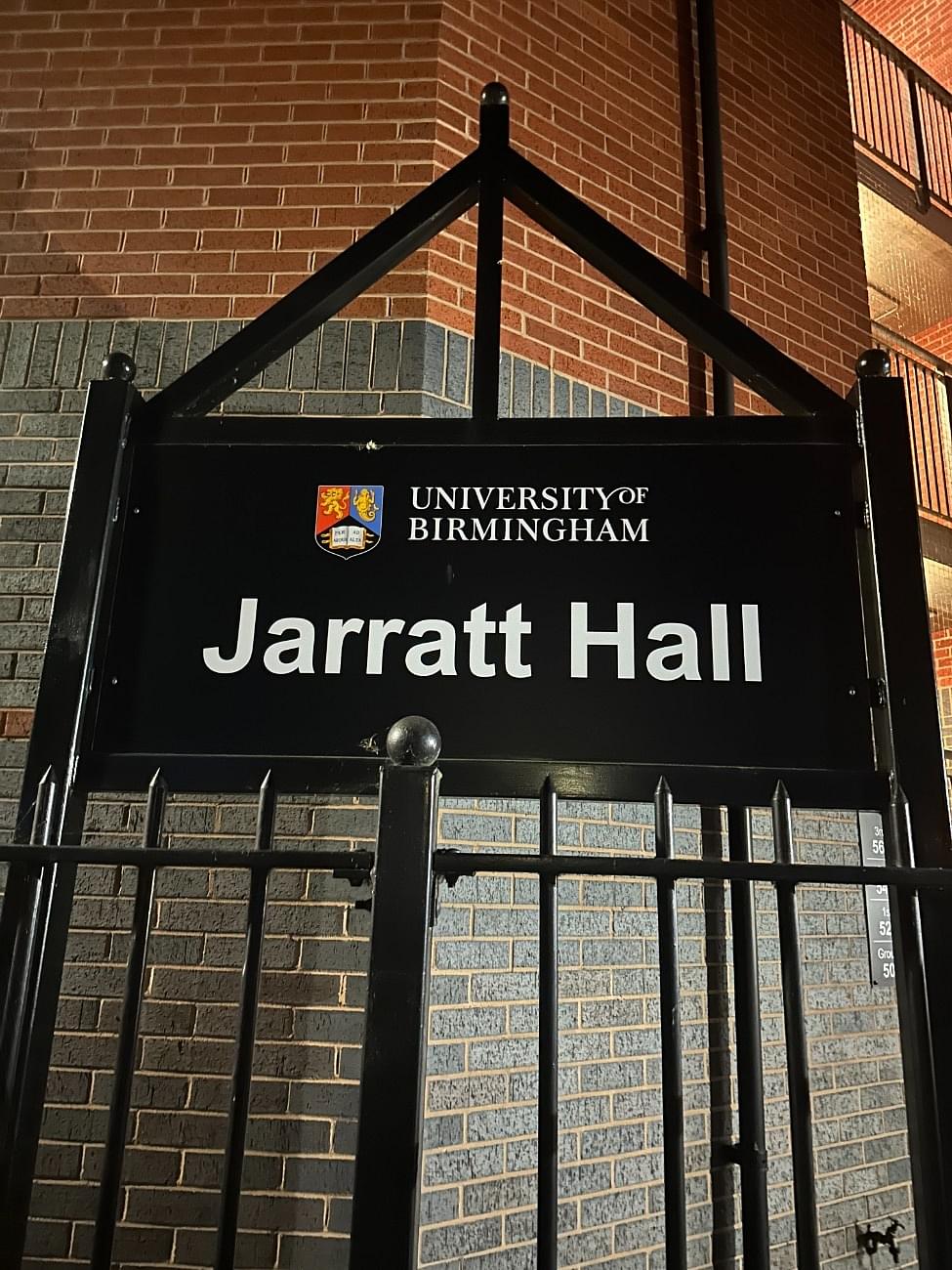
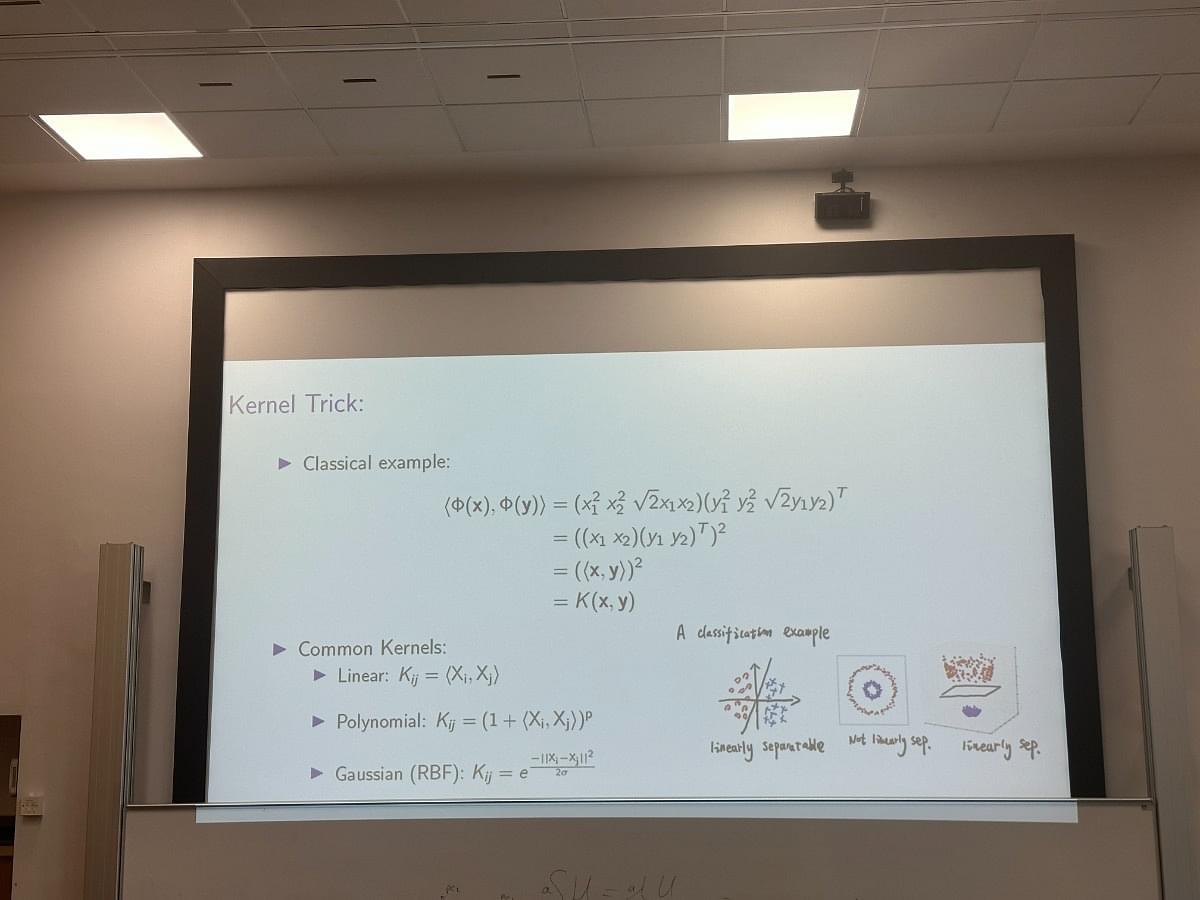
Likes
- Friendly campus and excellent career services
- Very supporting and approachable staffs and faculty
- Diverse and inclusive learning environment
Dislikes
- Limited hands on workshop for certain technical subjects
- High living expense
- Limited elective choices for specialised technical fields
Course Curriculum
- The curriculum was a balanced mix of theory and practical learning, with challenging but engaging content. The labs provided hands-on experience, particularly in cybersecurity modules.
- Classes typically ran from morning to evening, with 2 to 3 sessions per day. The average class size was around 35-50 students, and there were a fair number of Indian students enrolled.
Fees
- My tuition fee was £26,640, and I was awarded a scholarship discount of £3,000. The fees are charged yearly, with flexible payment options, including full or instalment based payments.
- My accommodation expenses amounted to £5,304 for one year. On average, my monthly expenses included approximately £400 for rent, around £100 for transportation, £200for groceries, and additional expenses for utilities, entertainment, and other essentials.

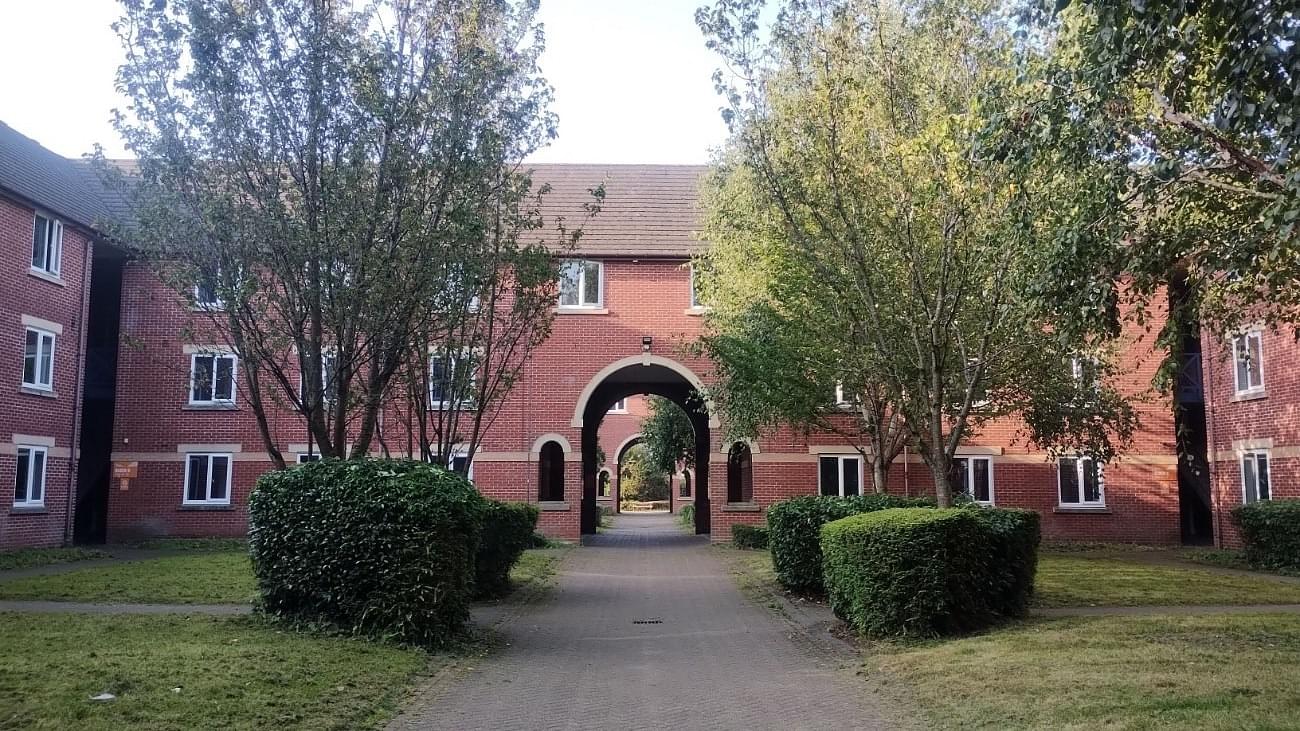
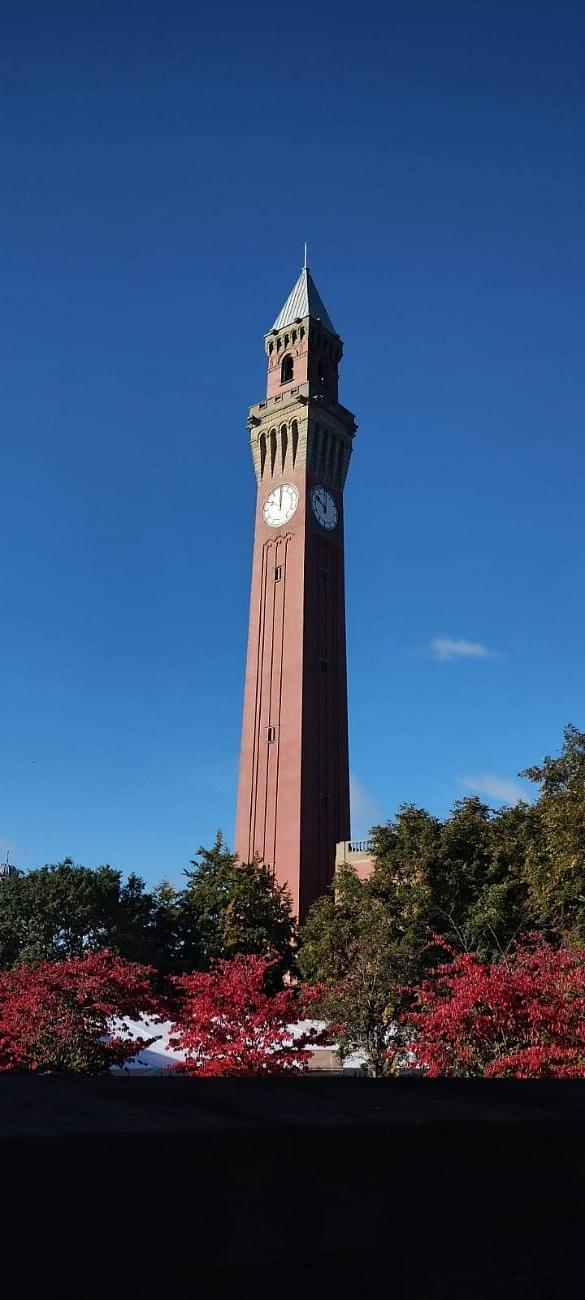
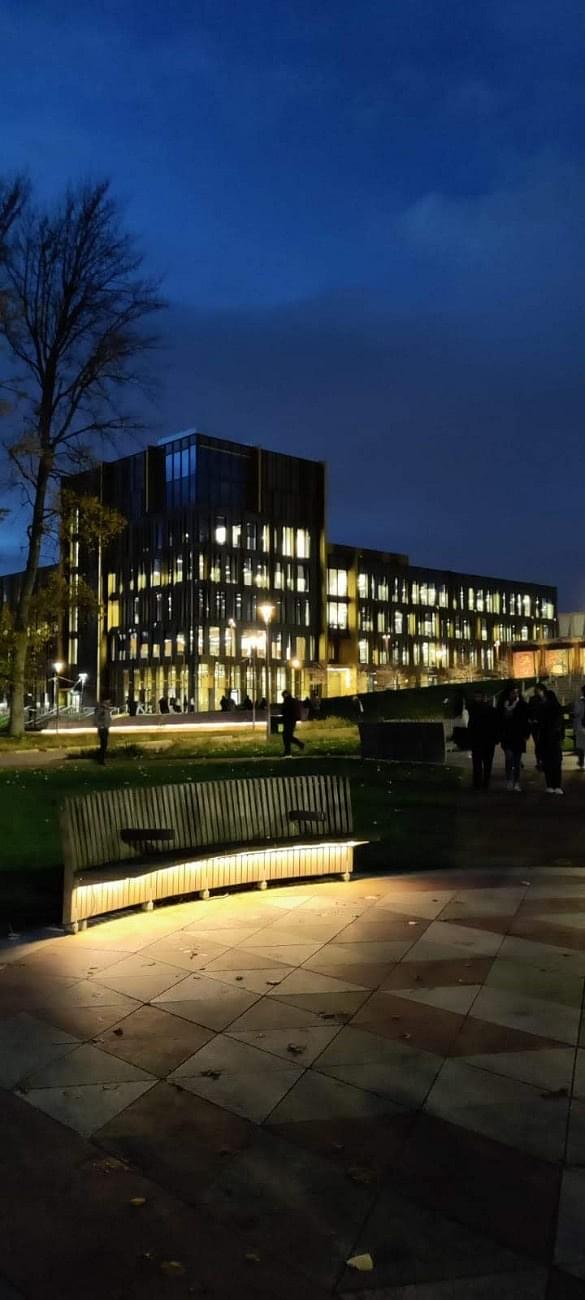
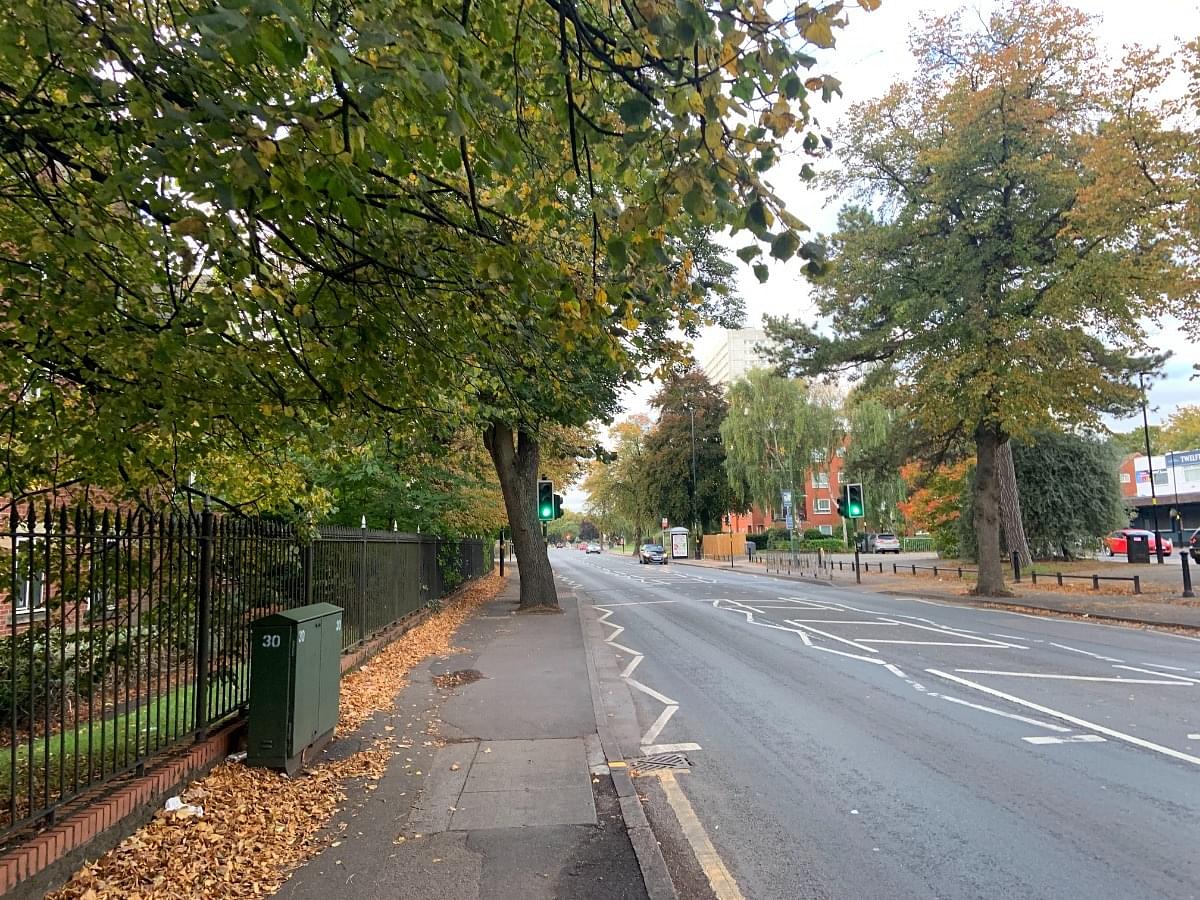
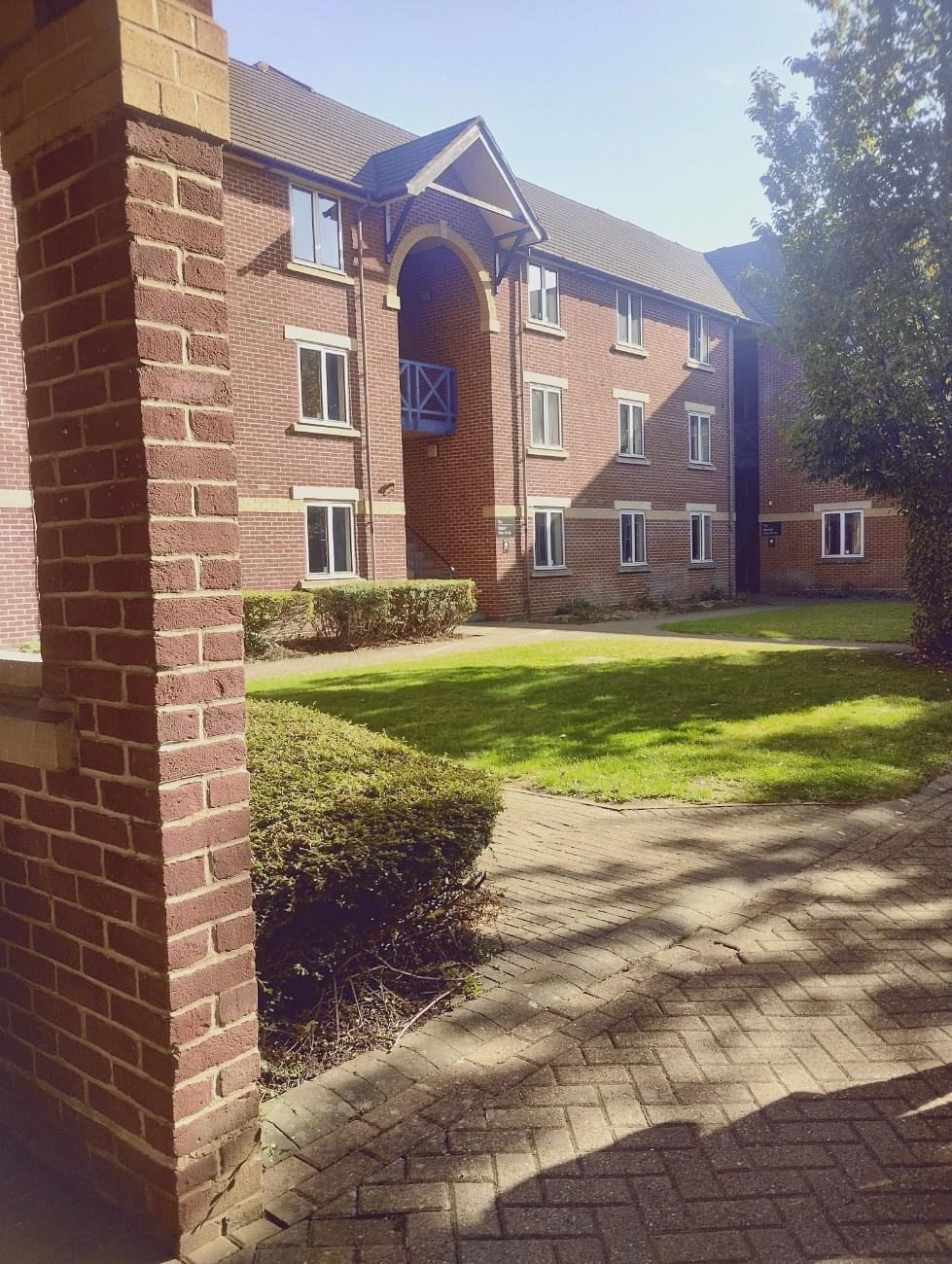
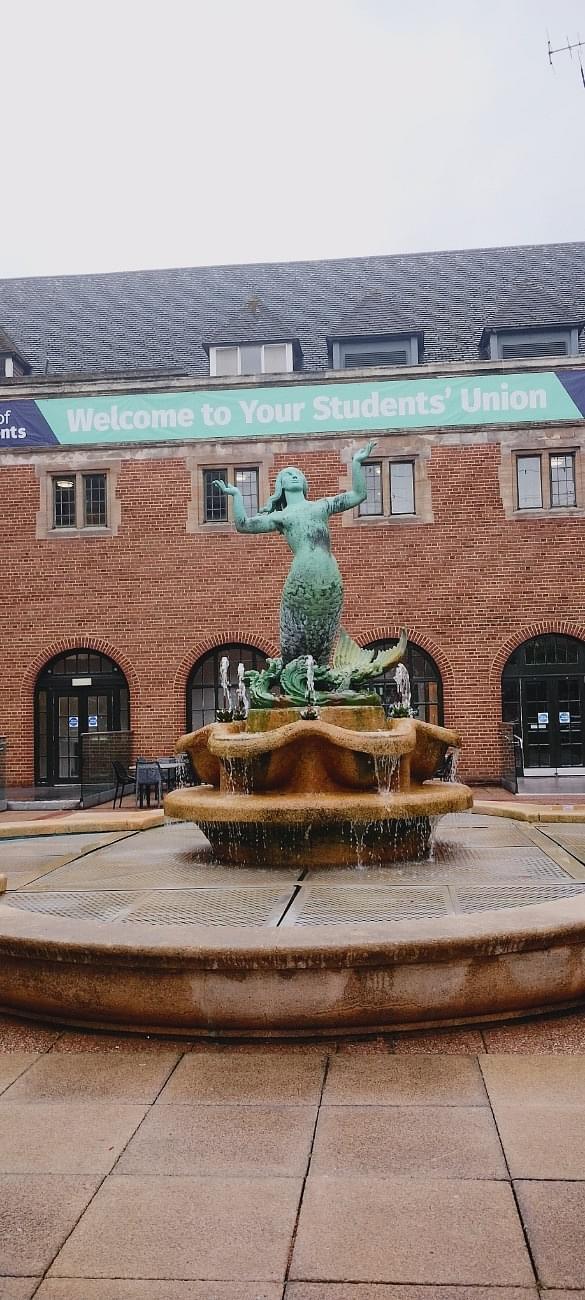
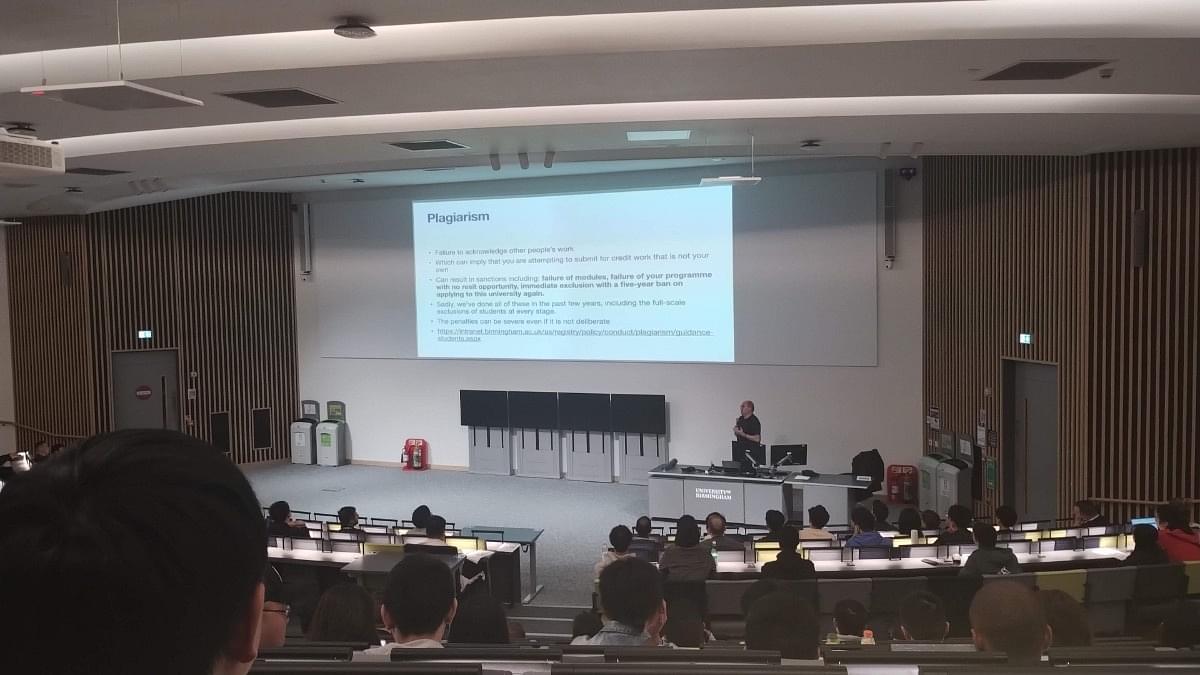
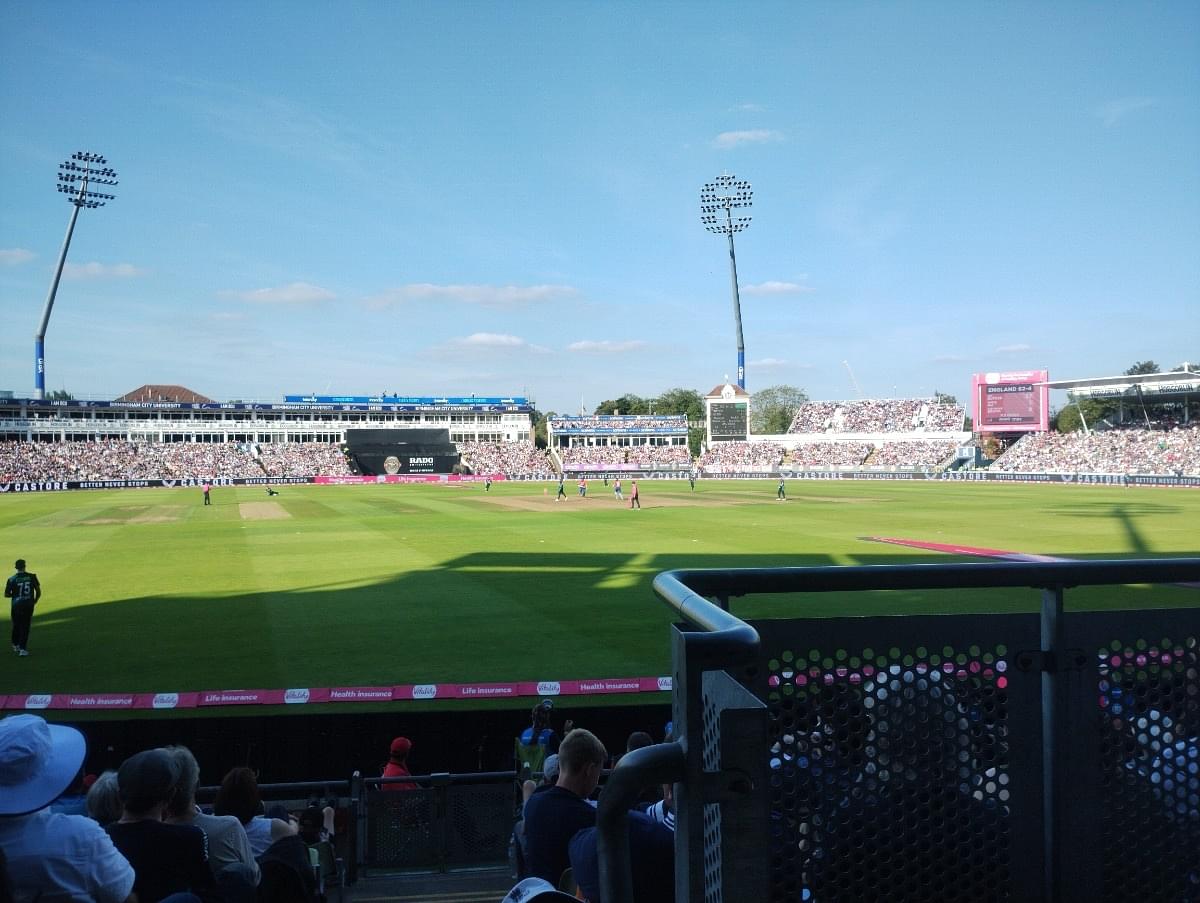





Comments